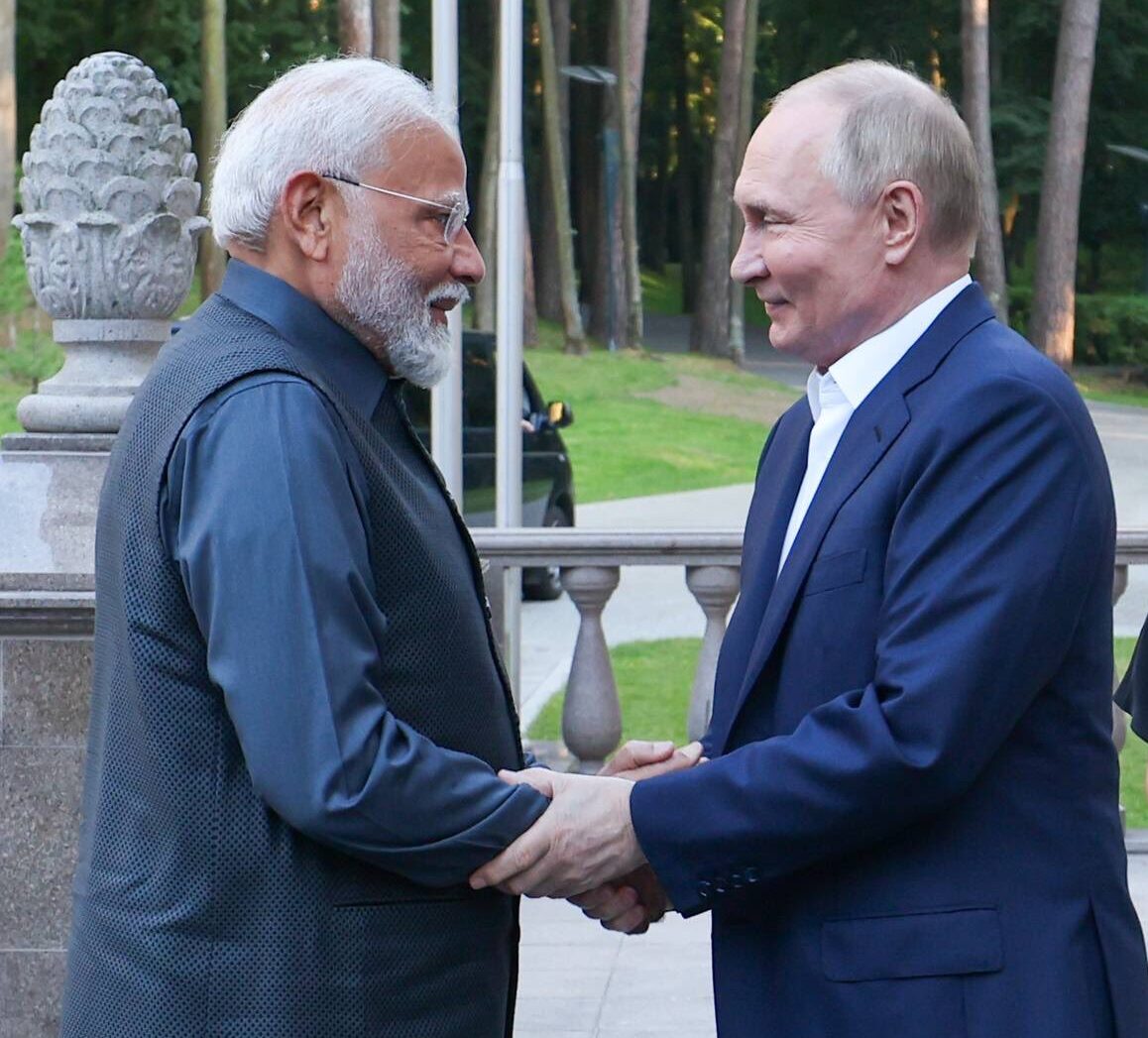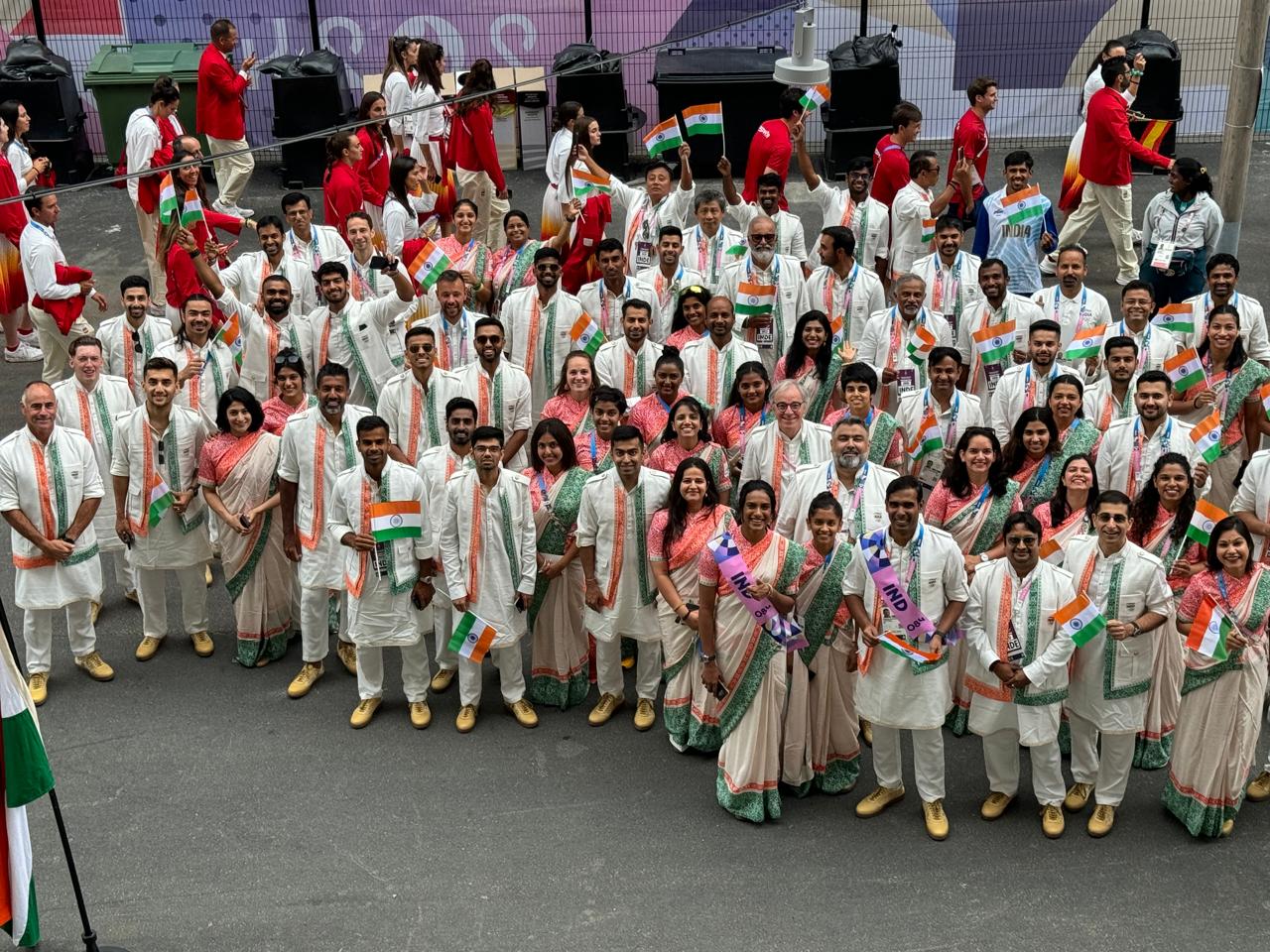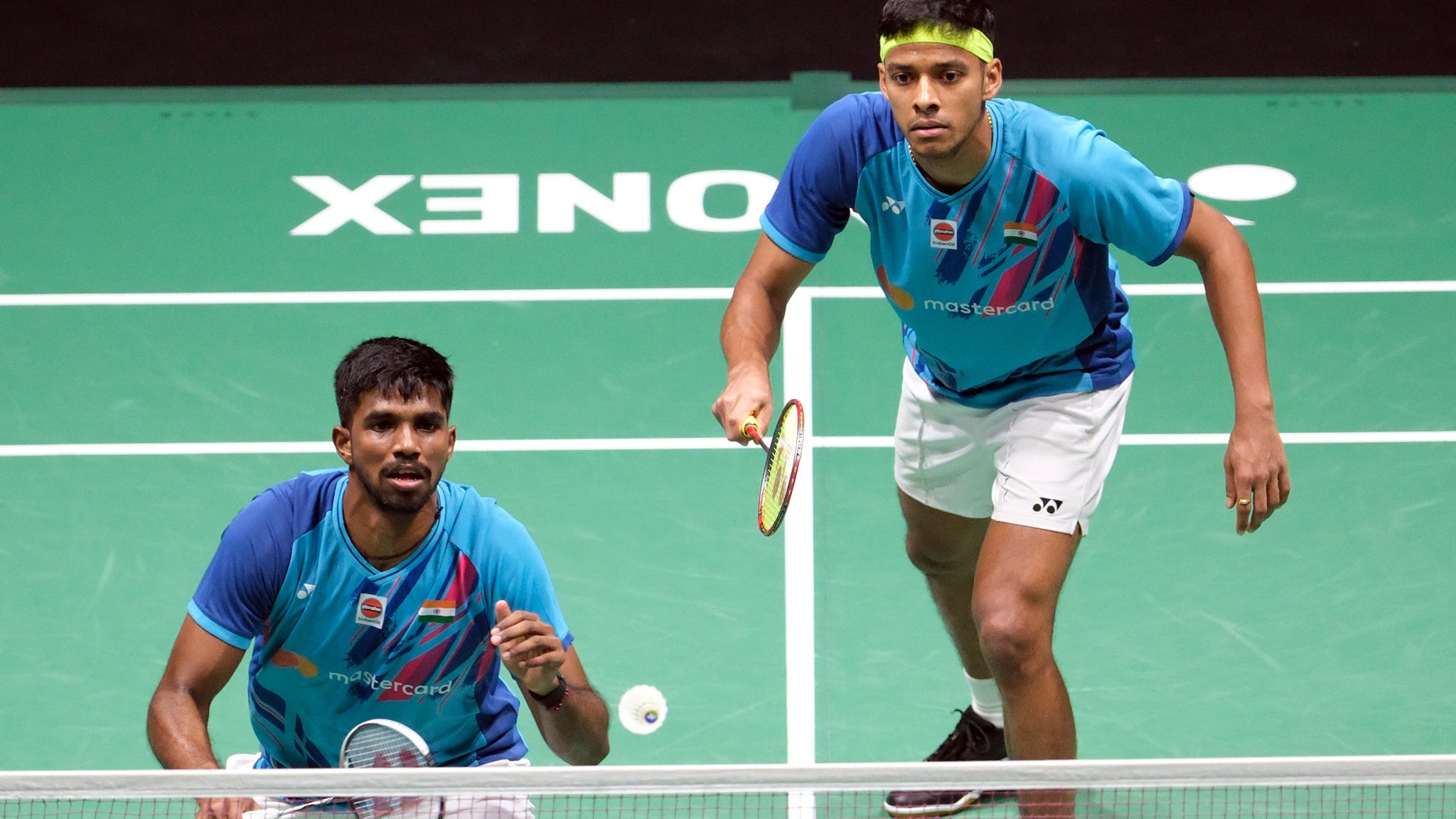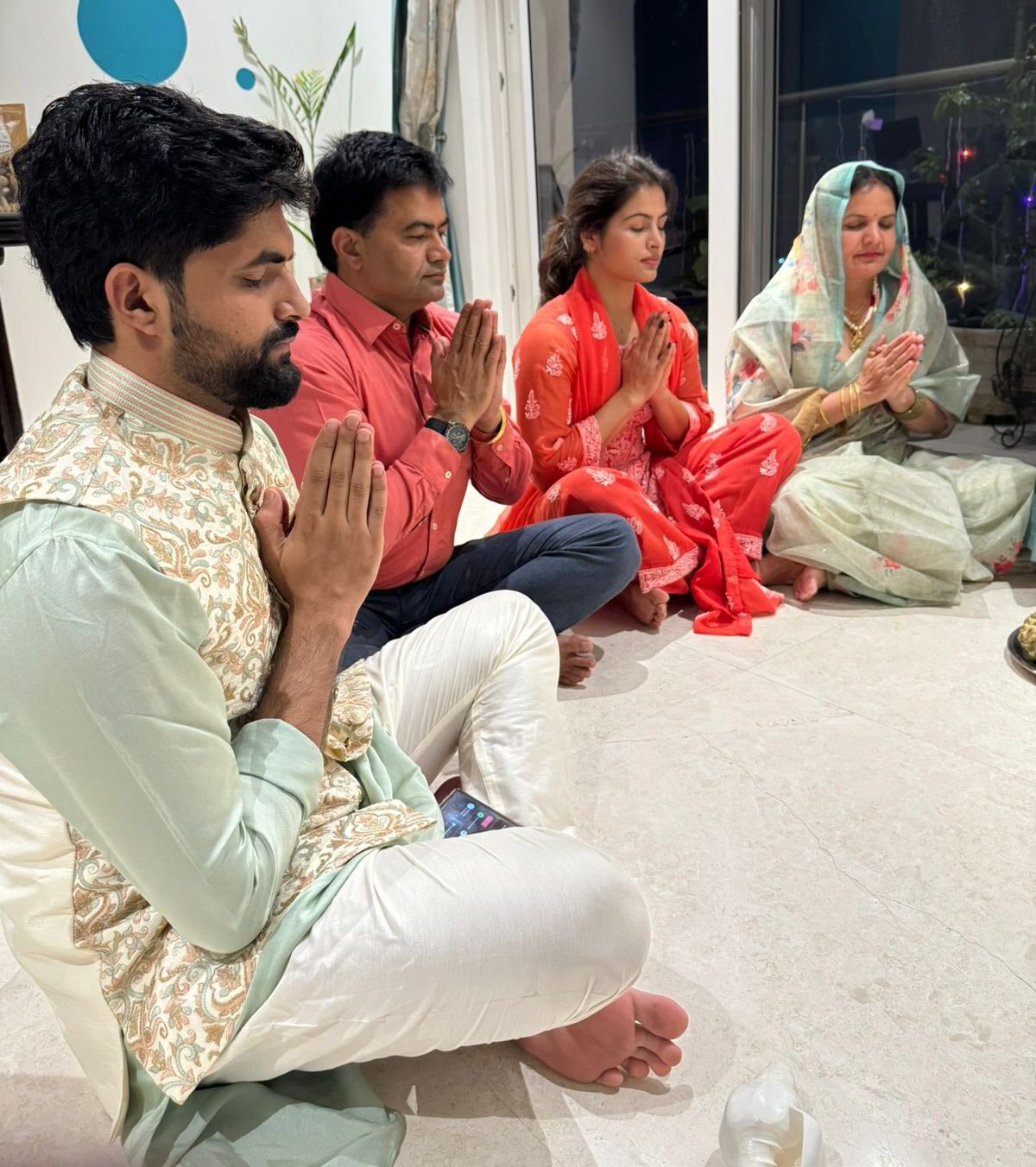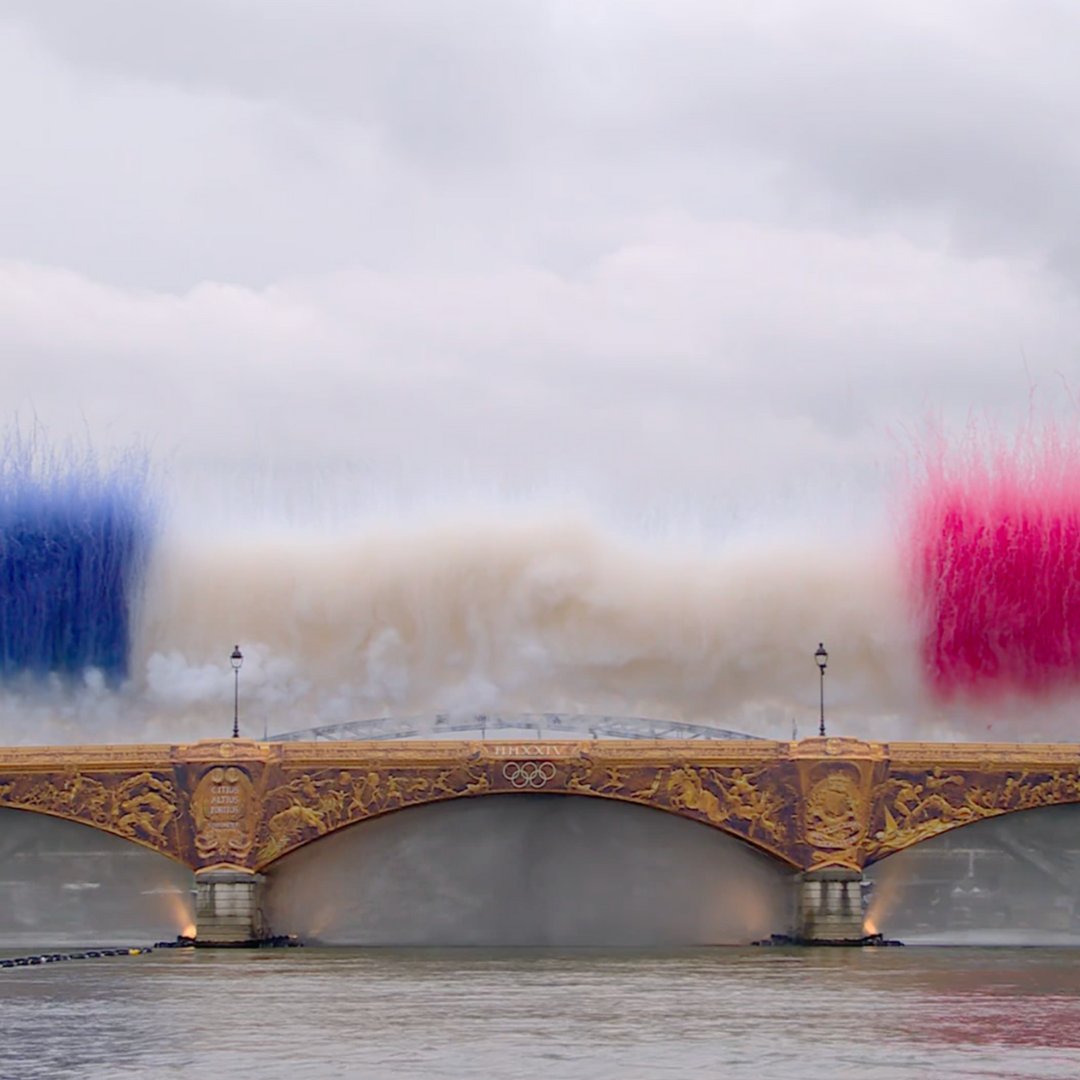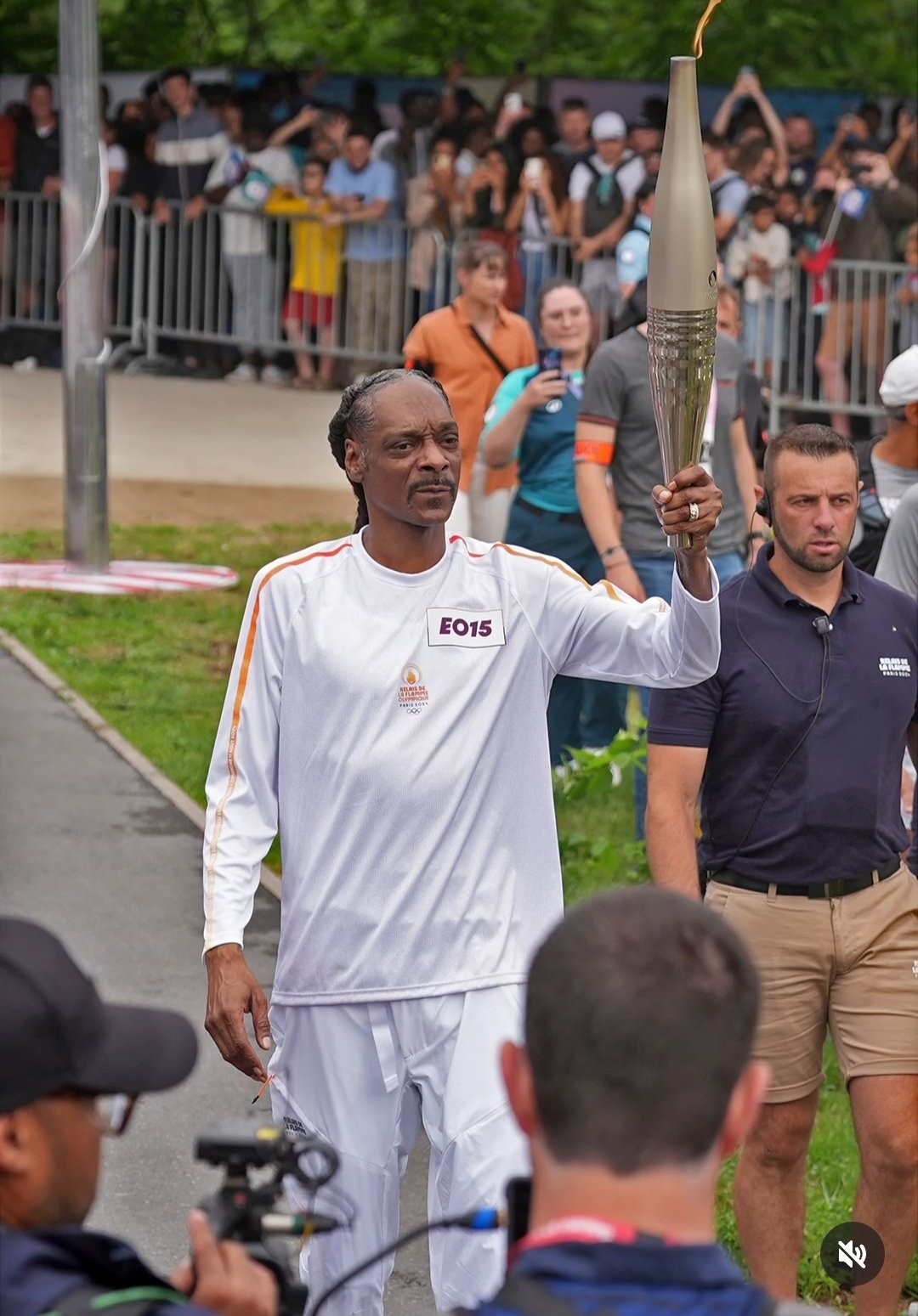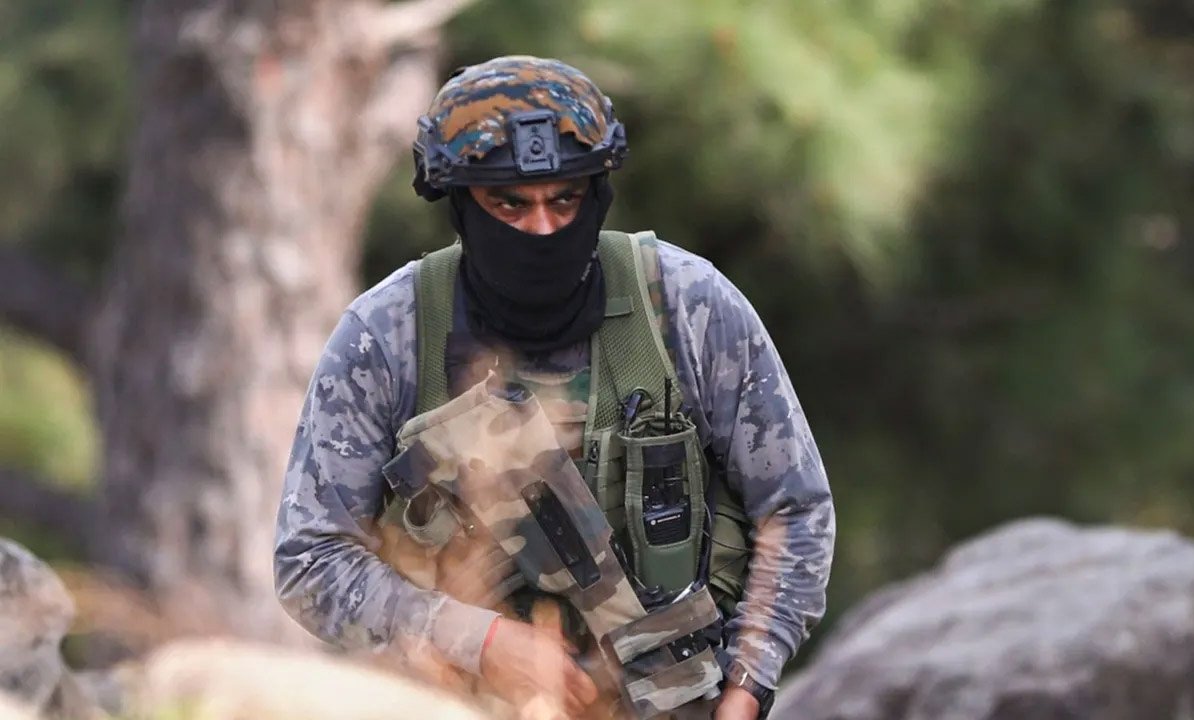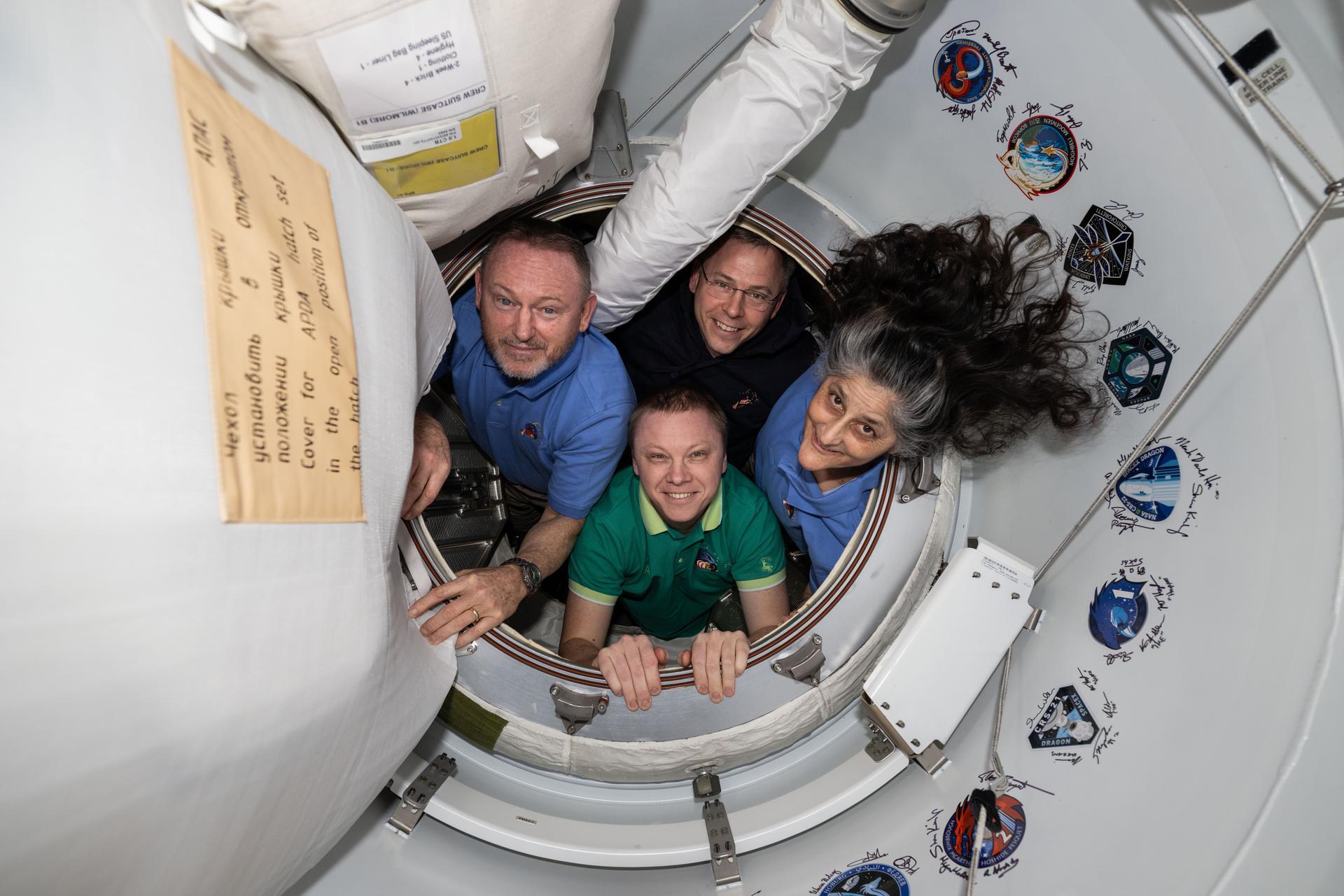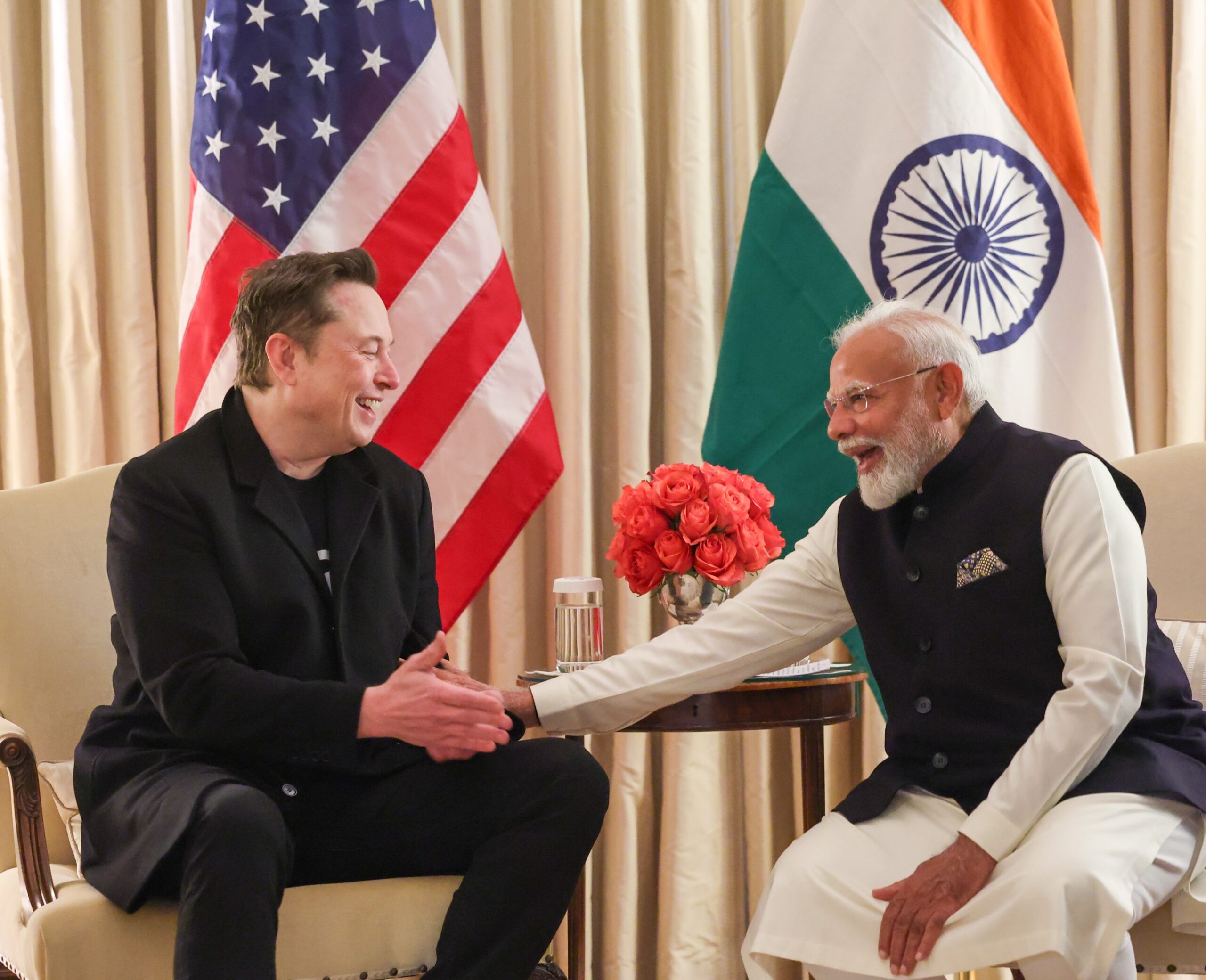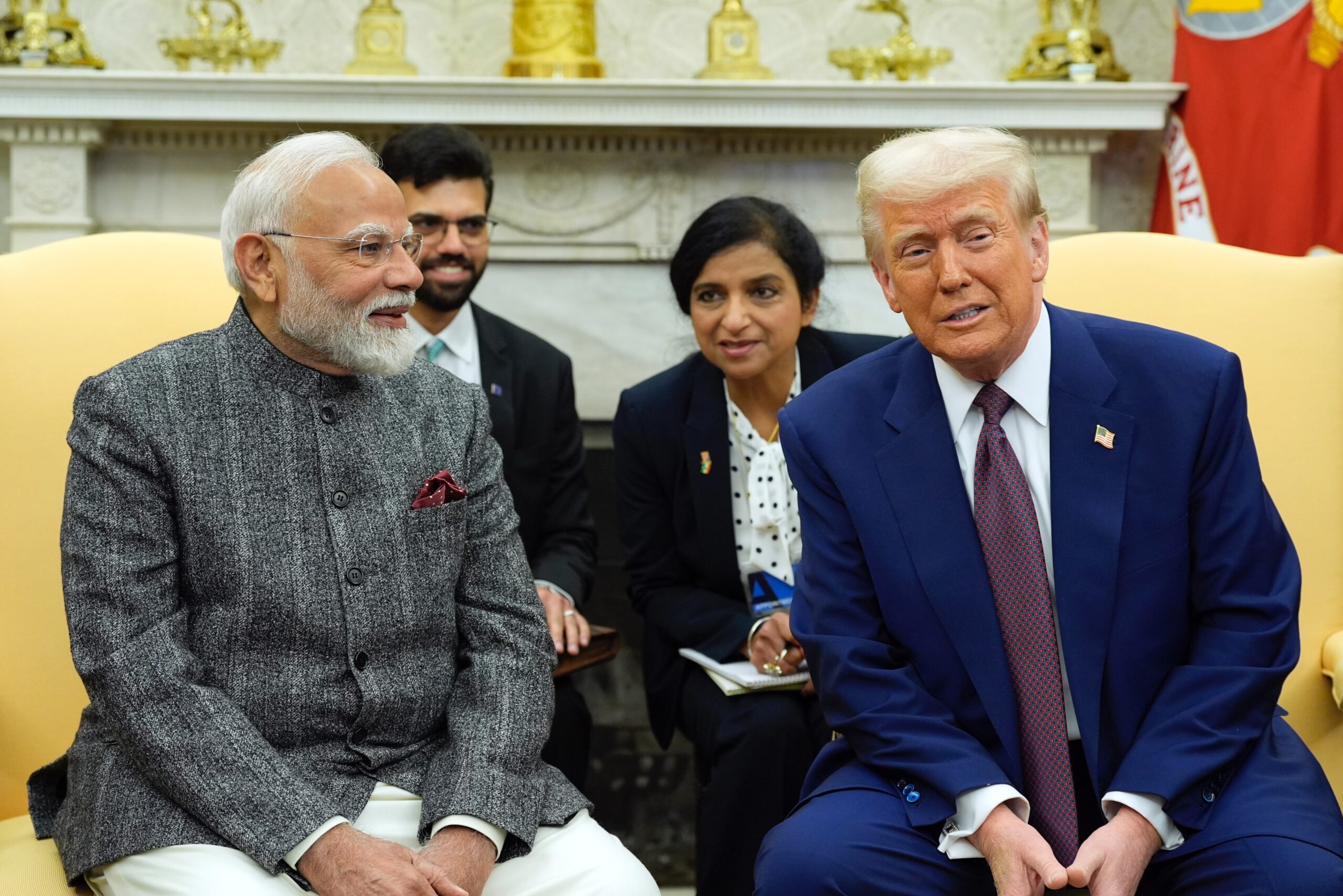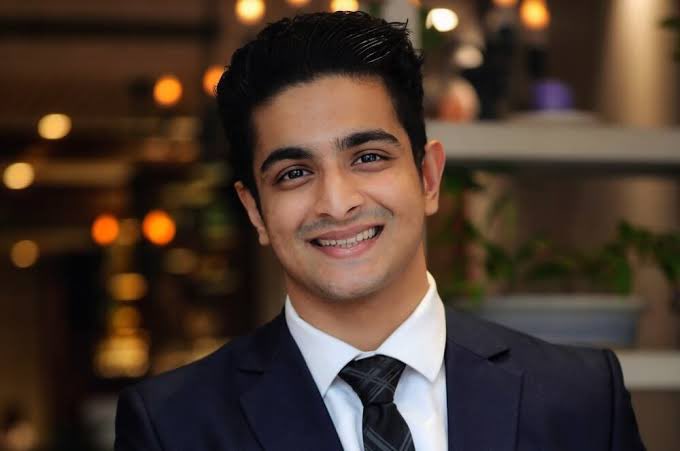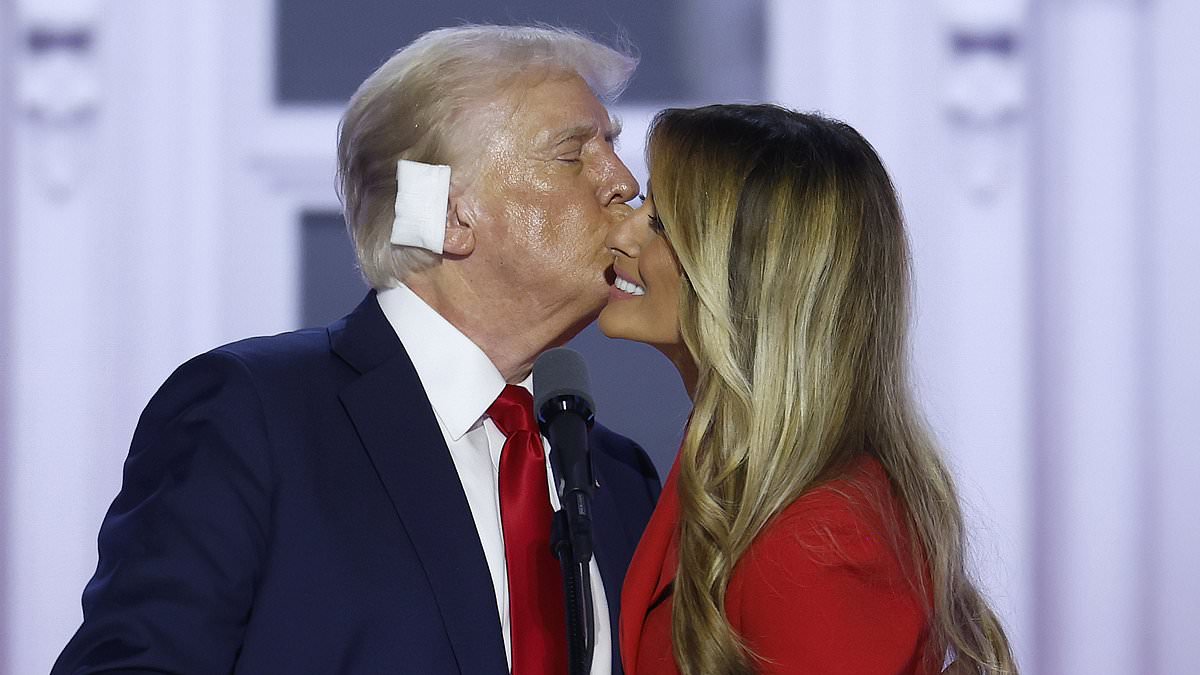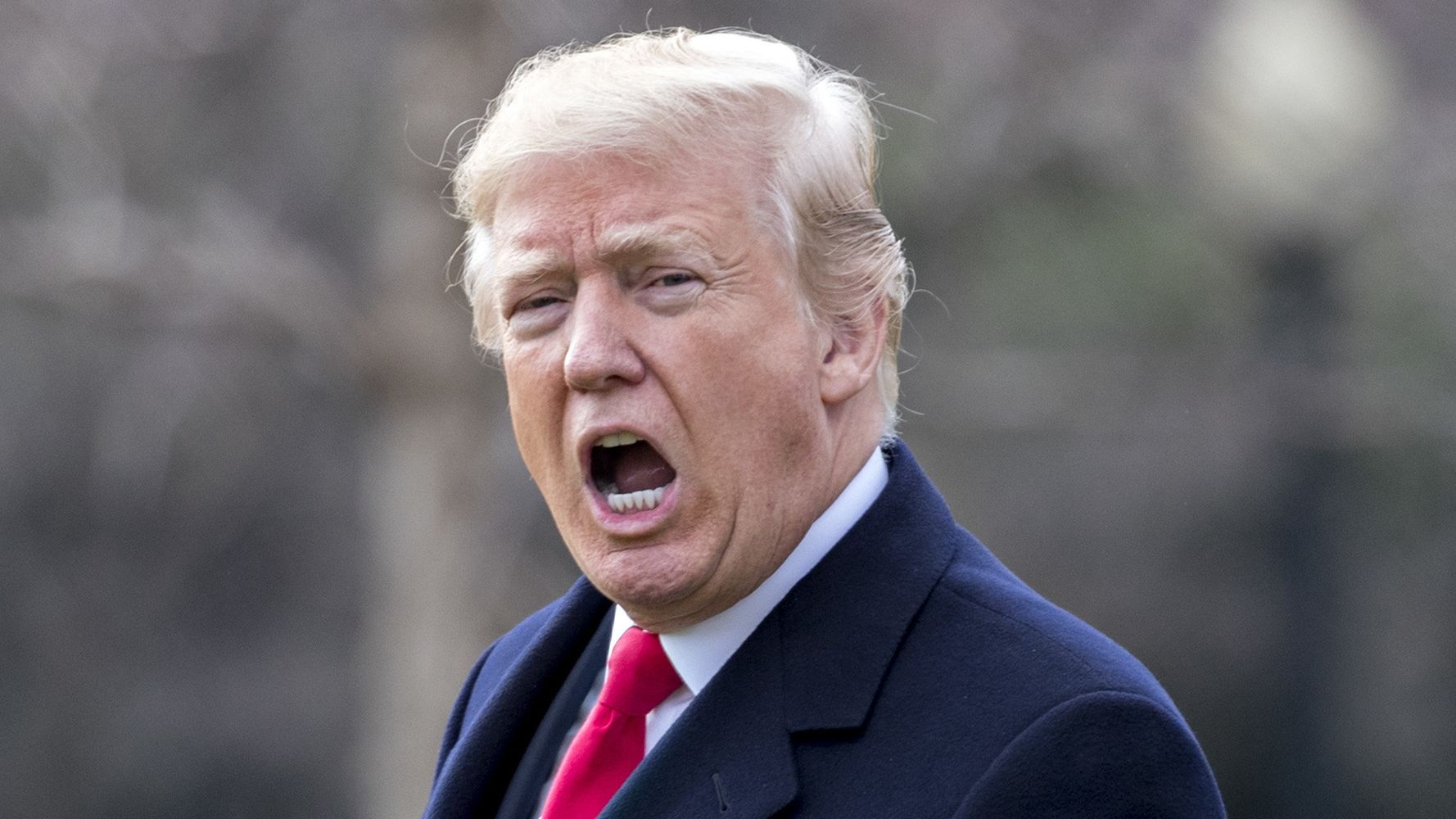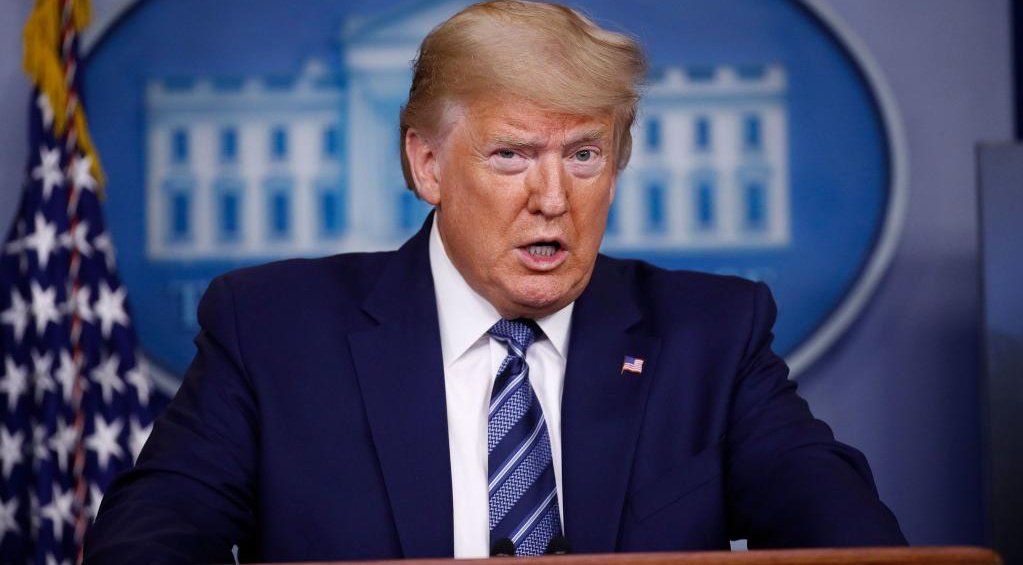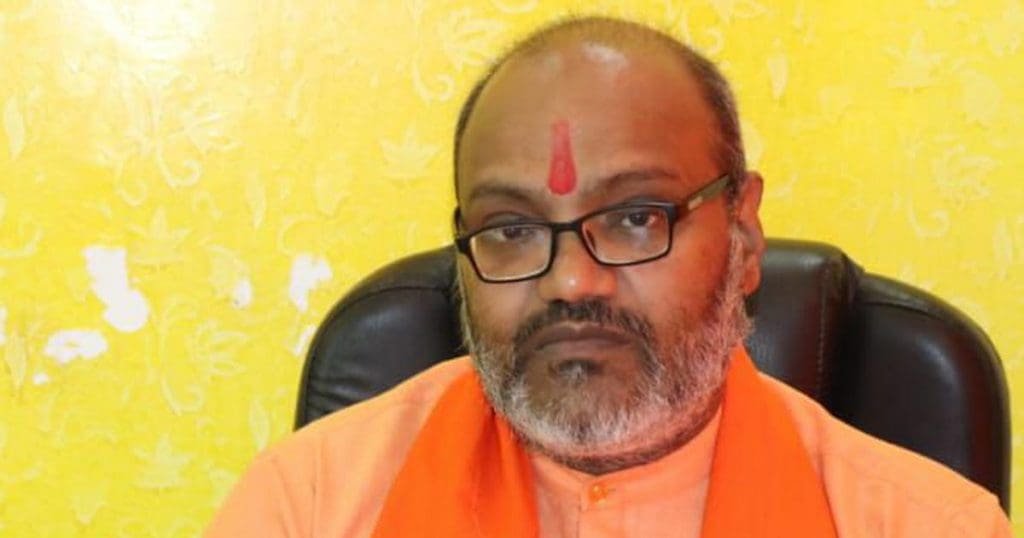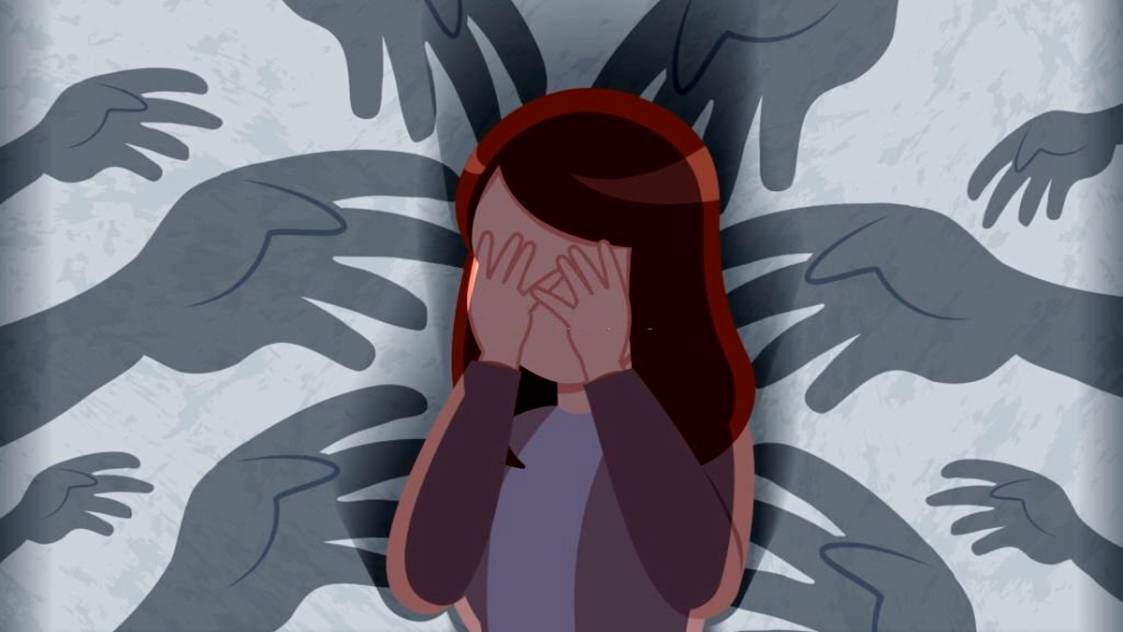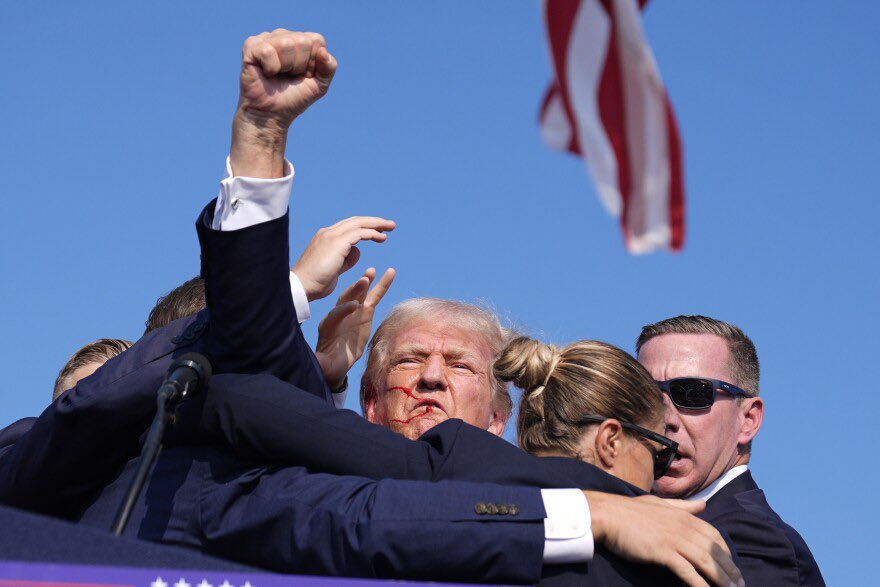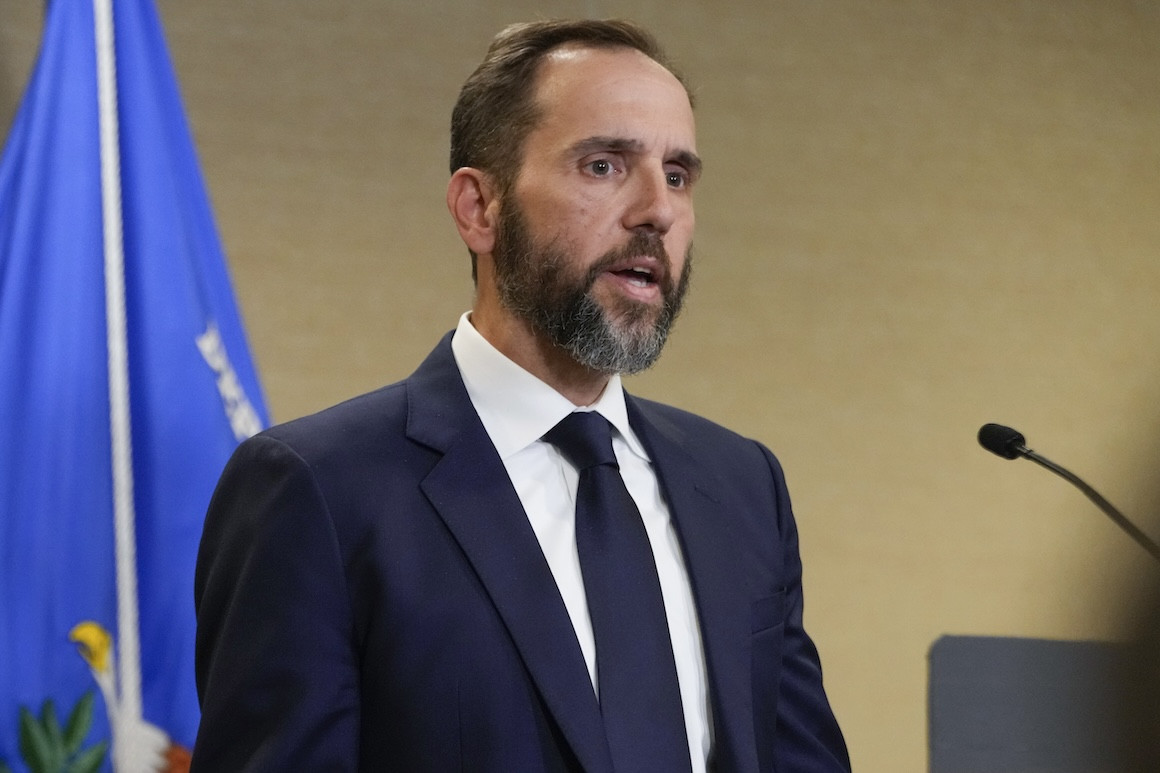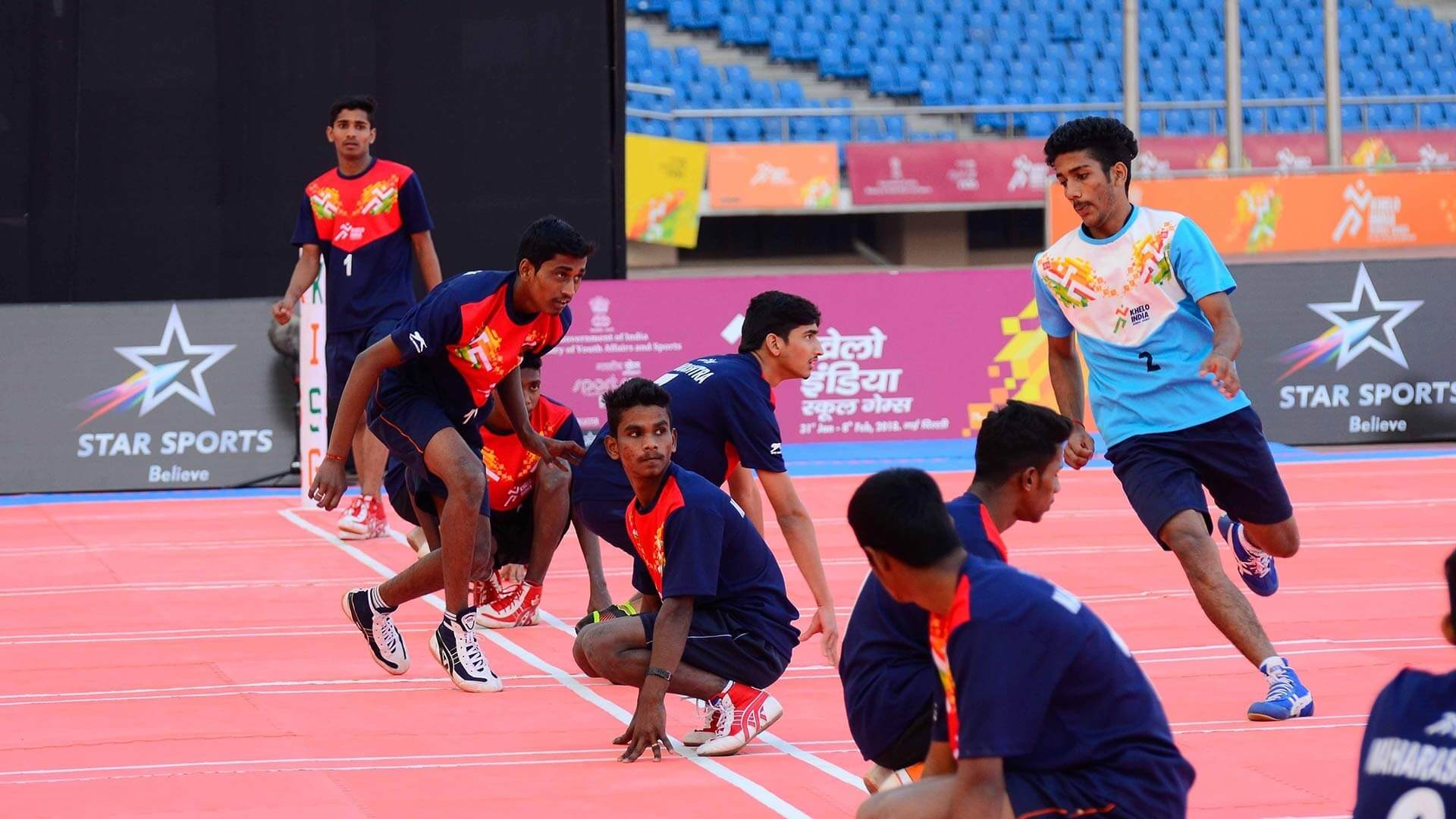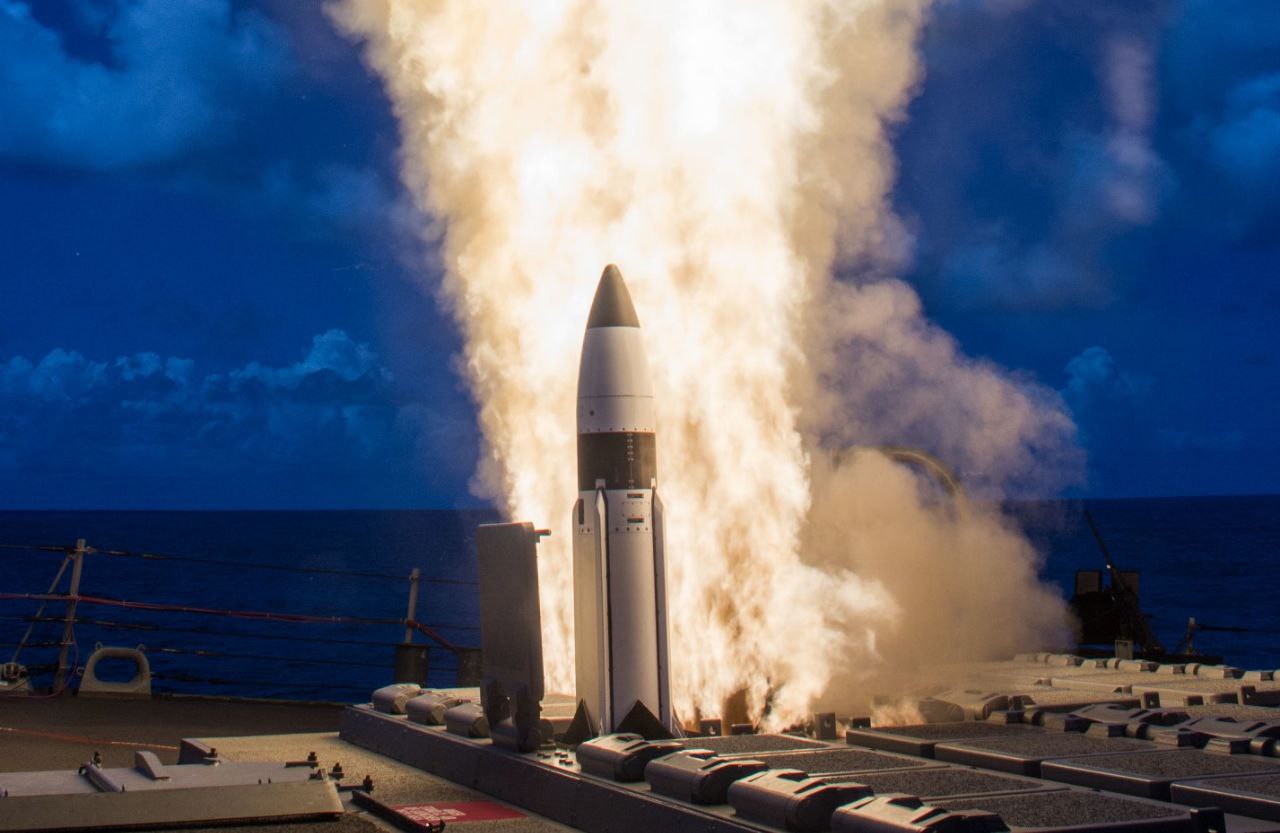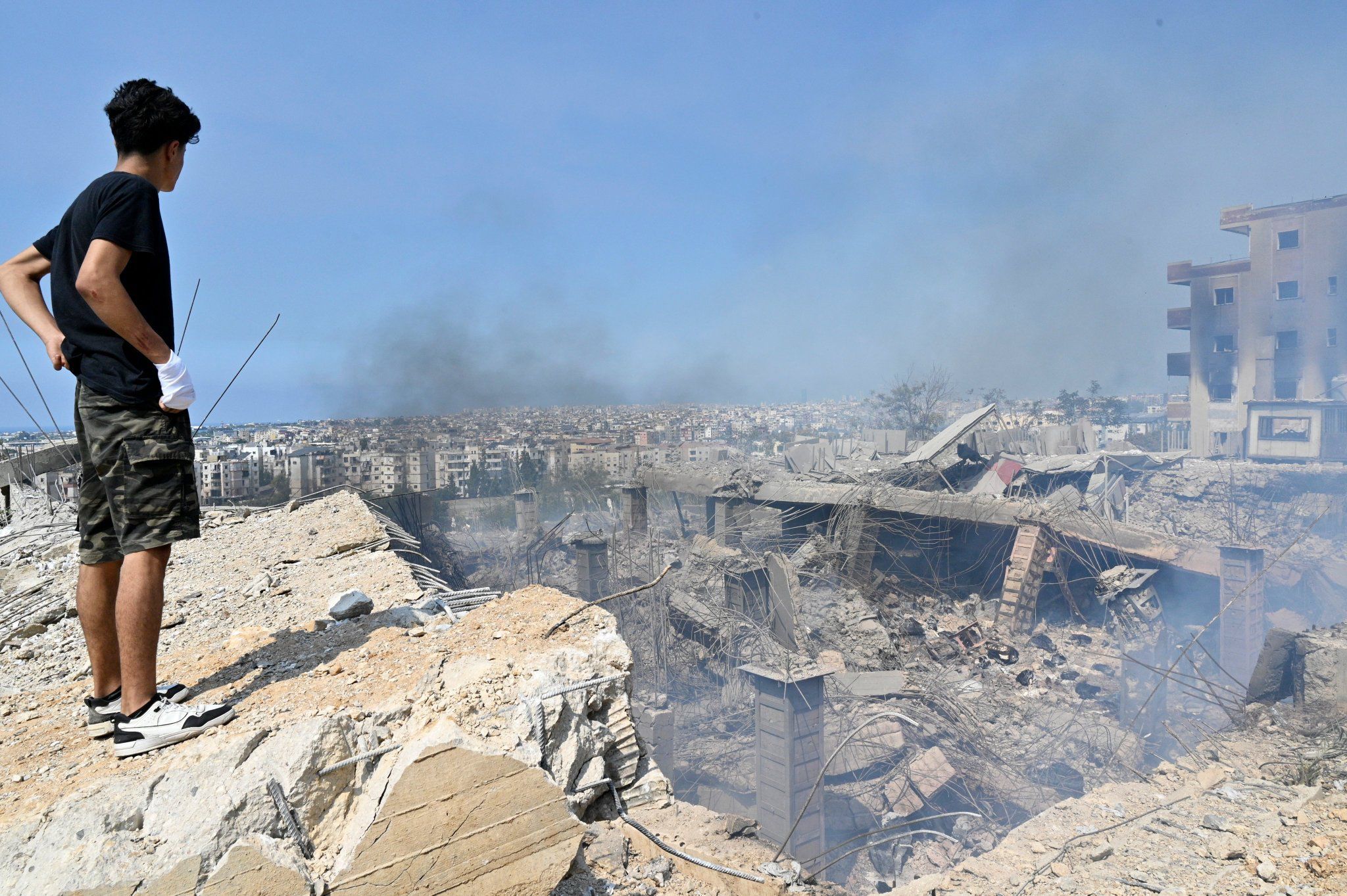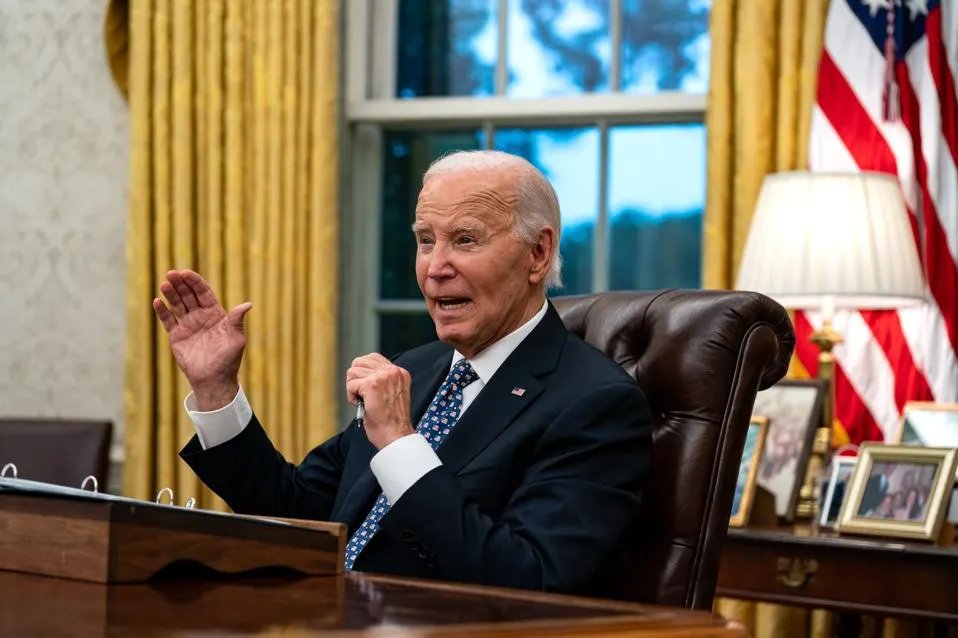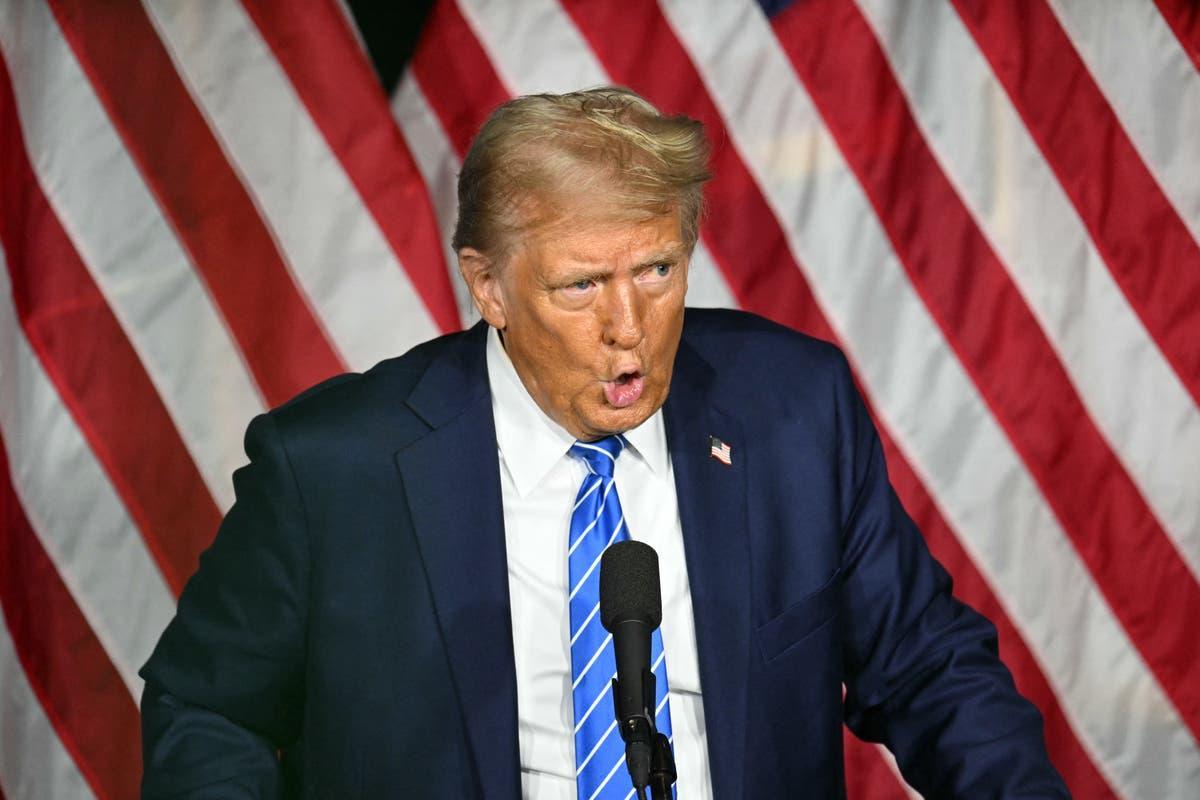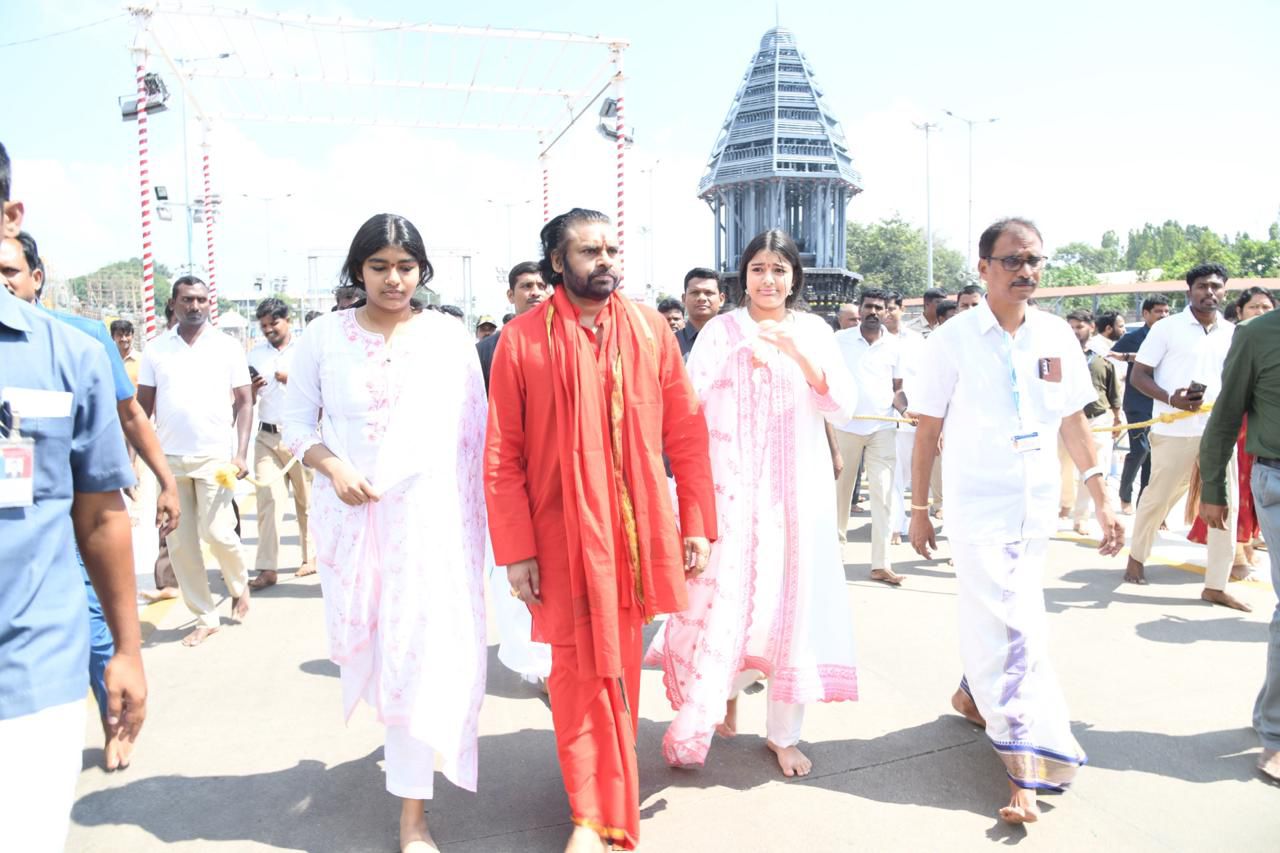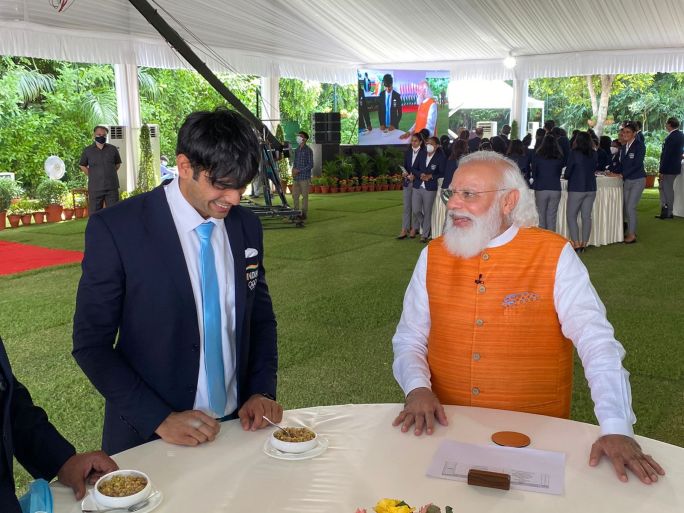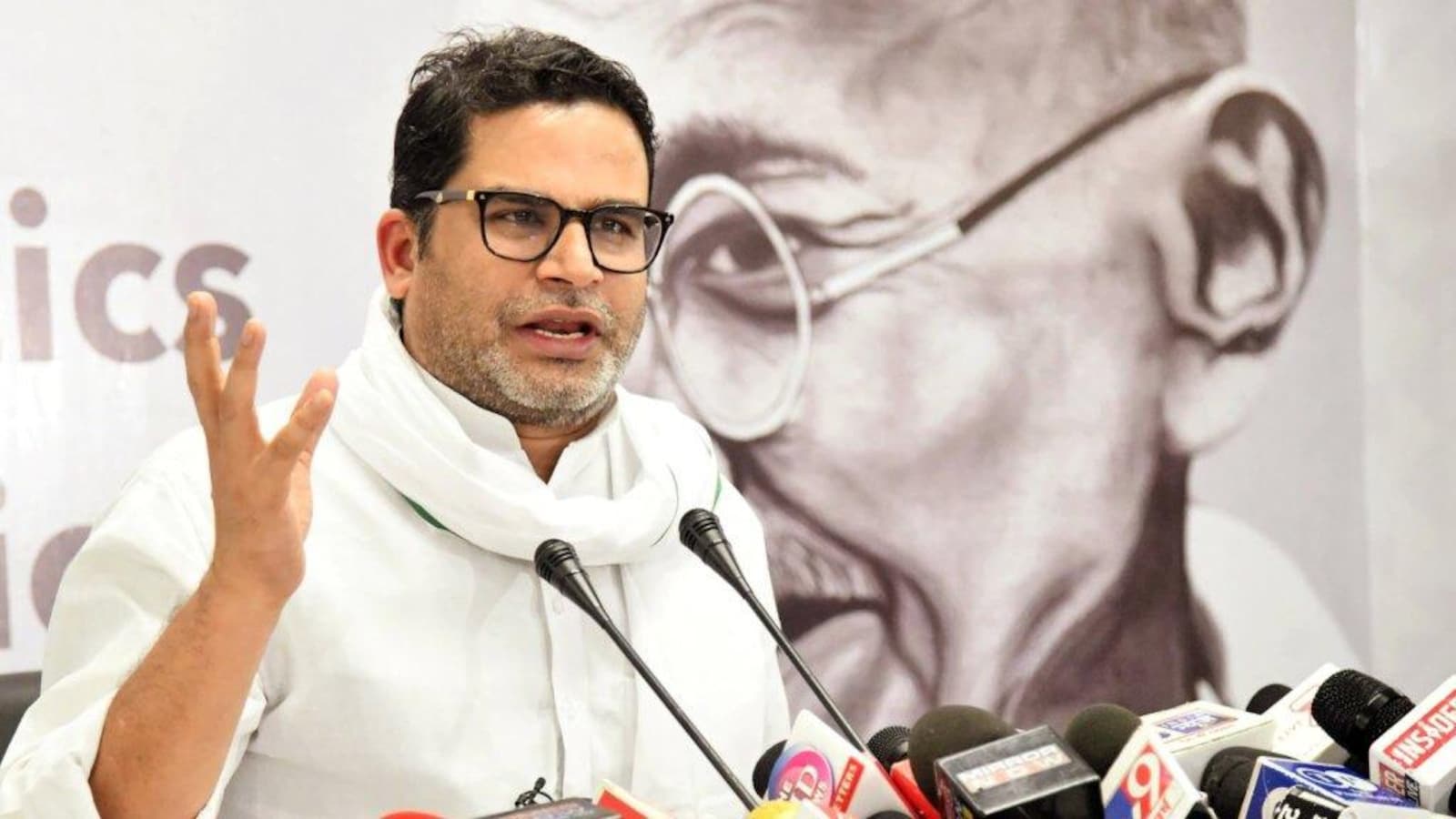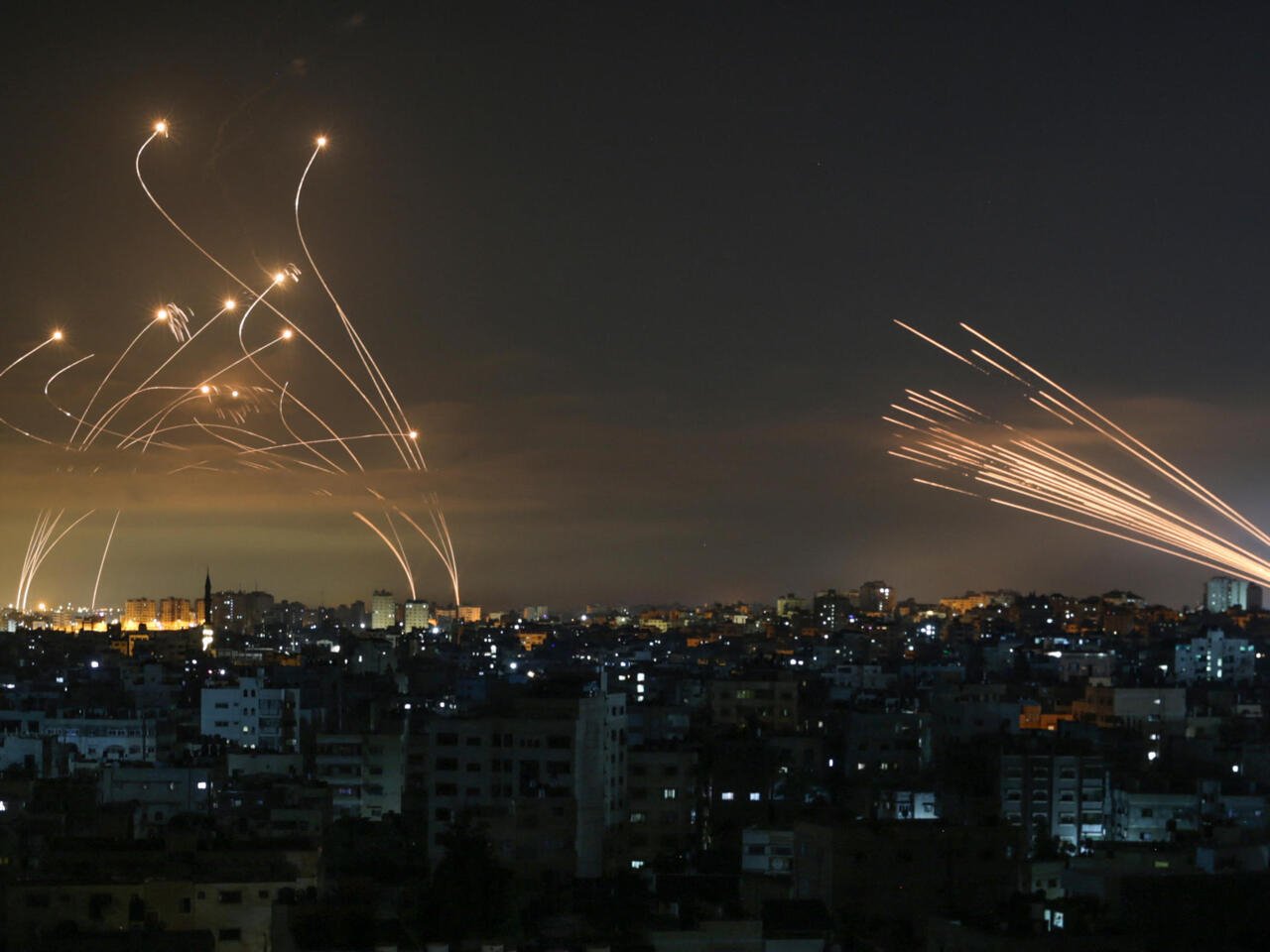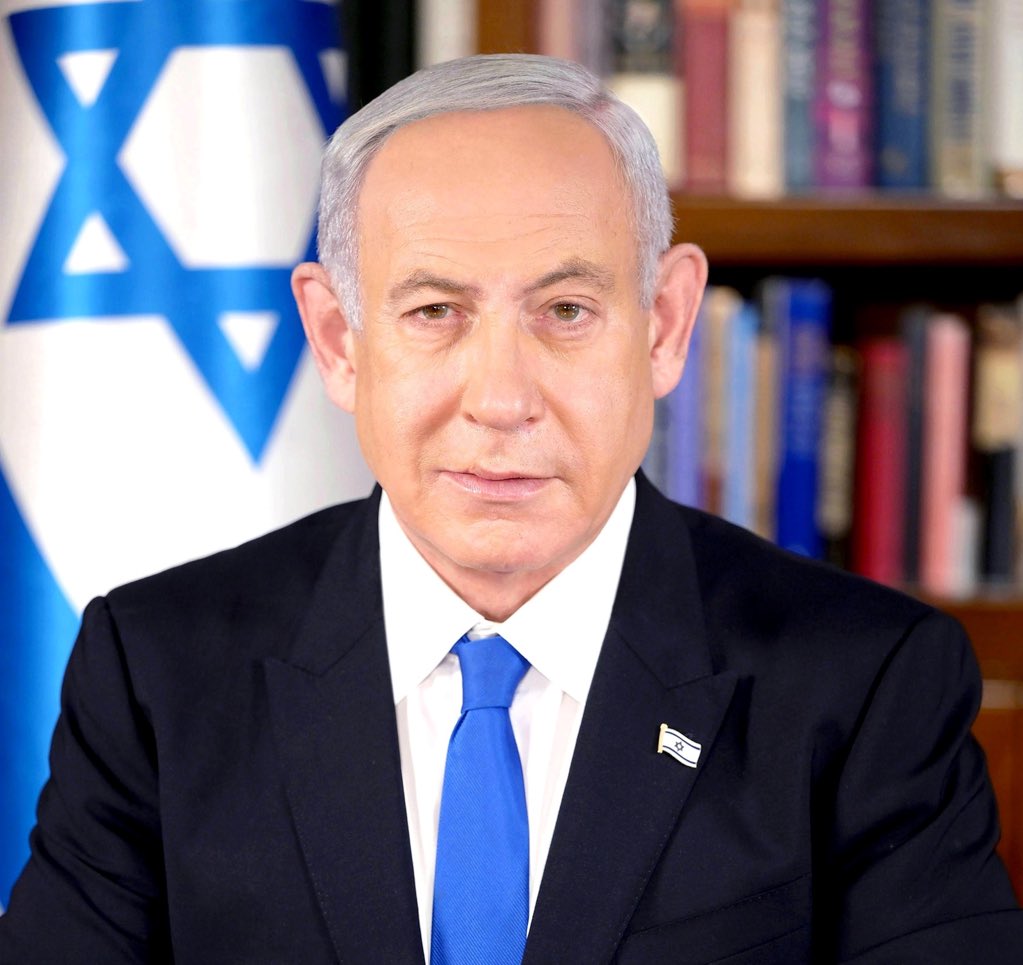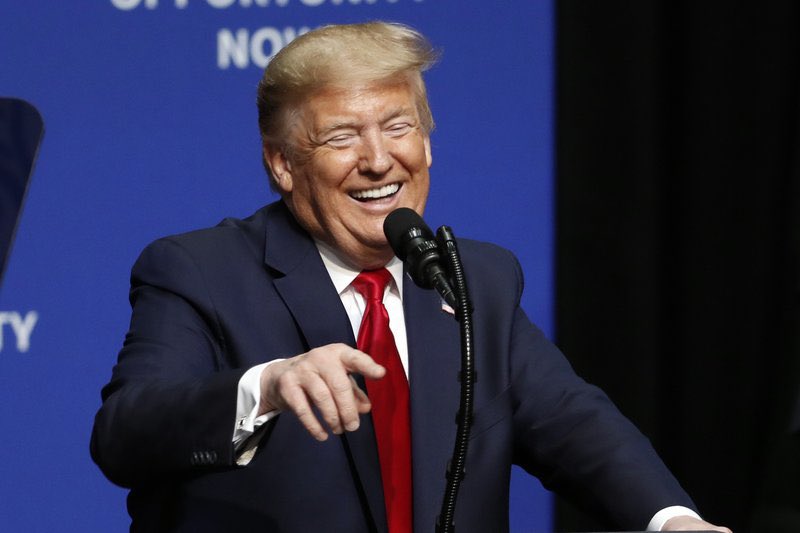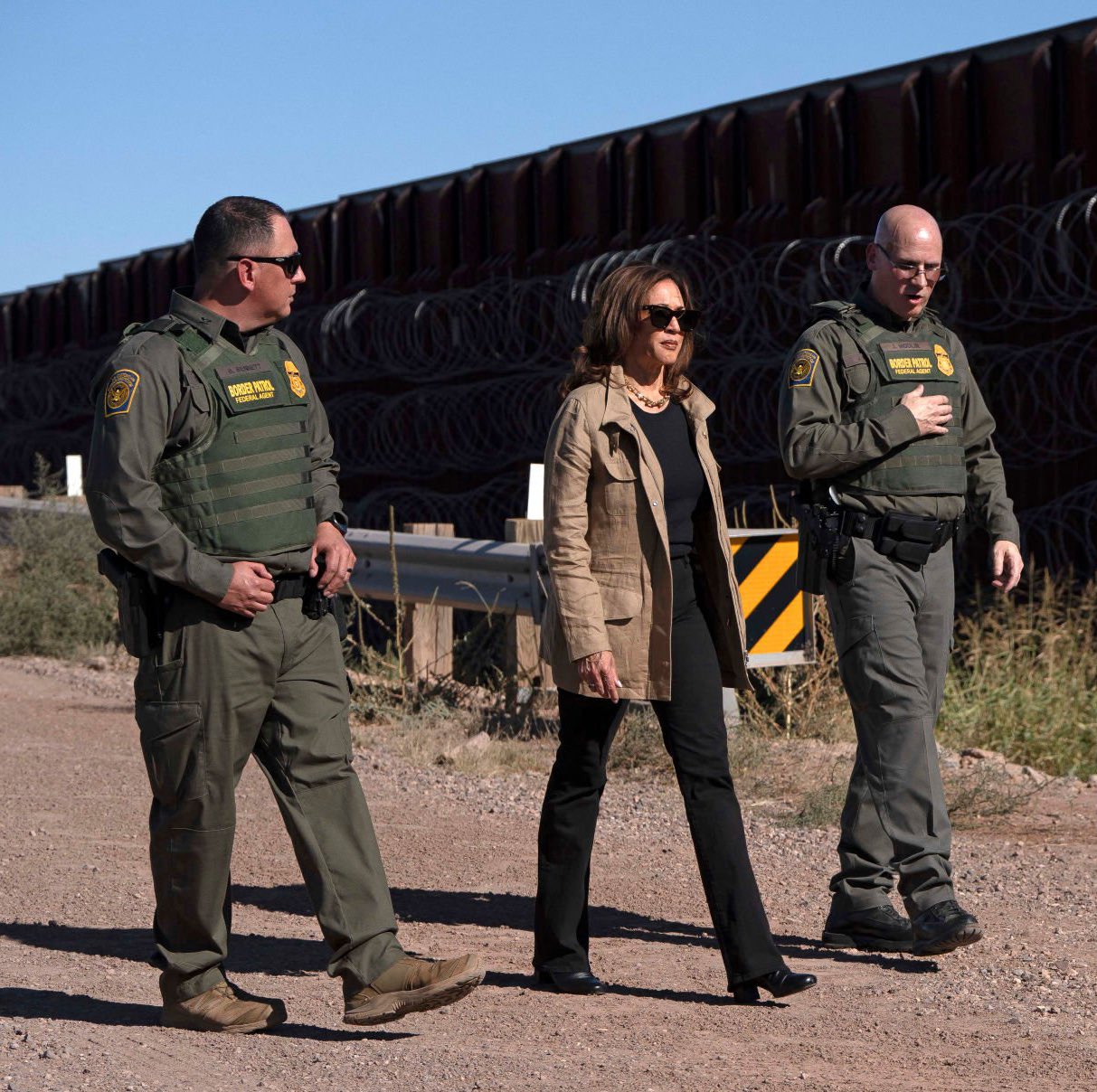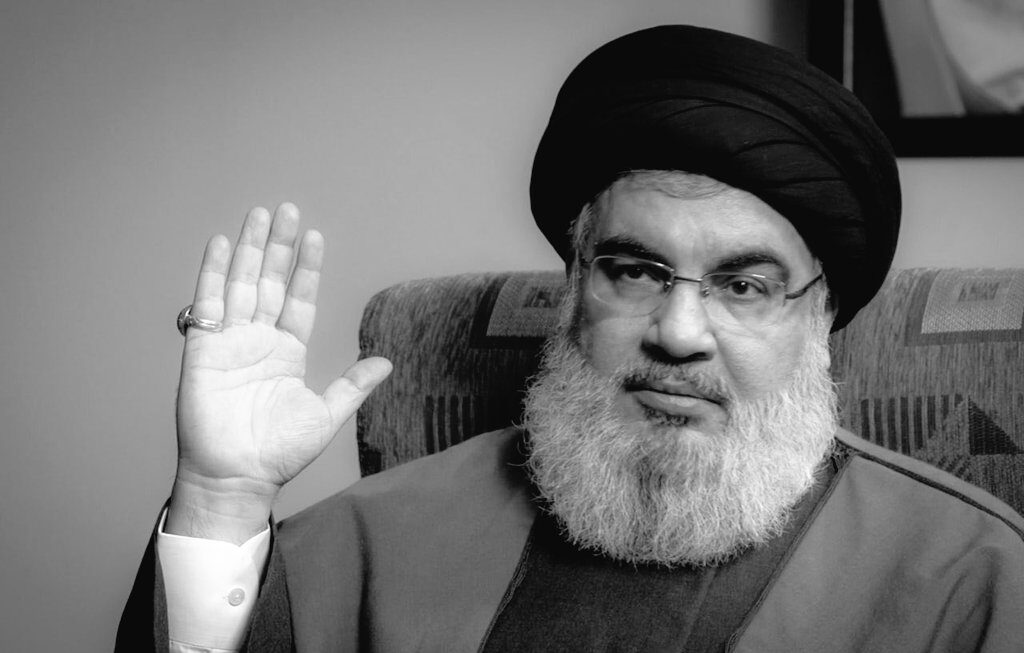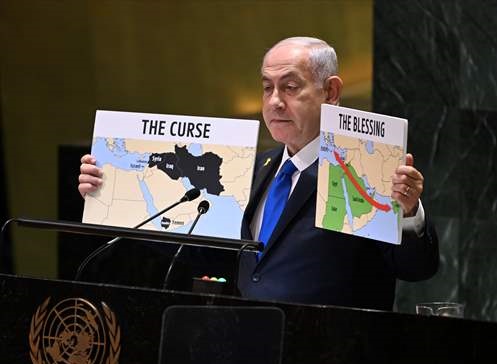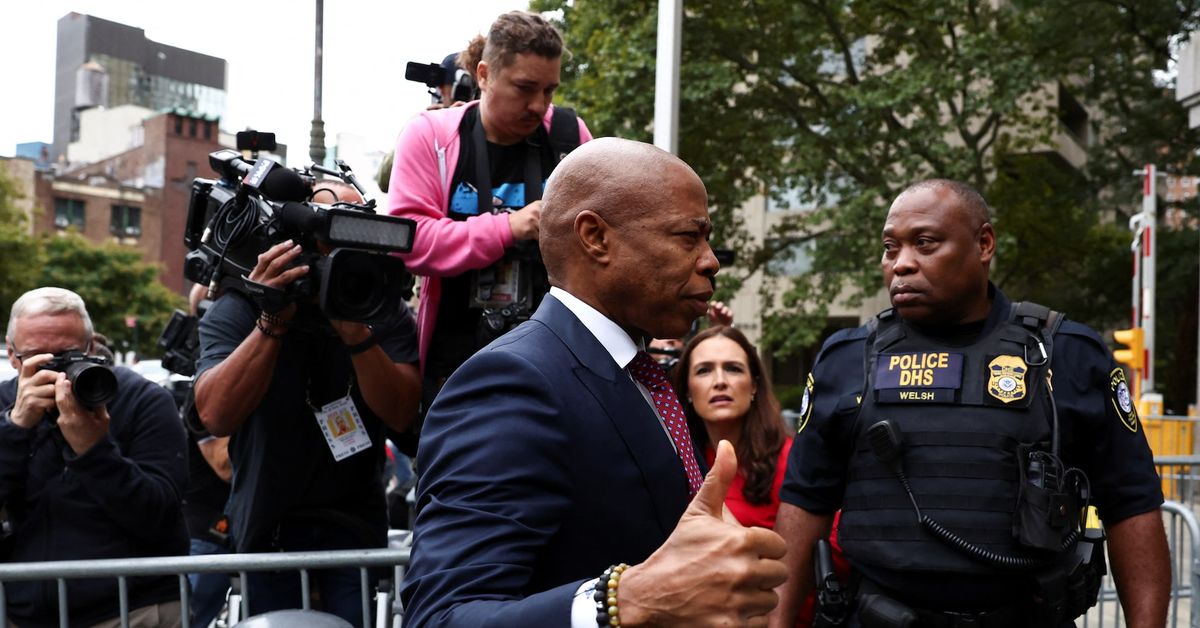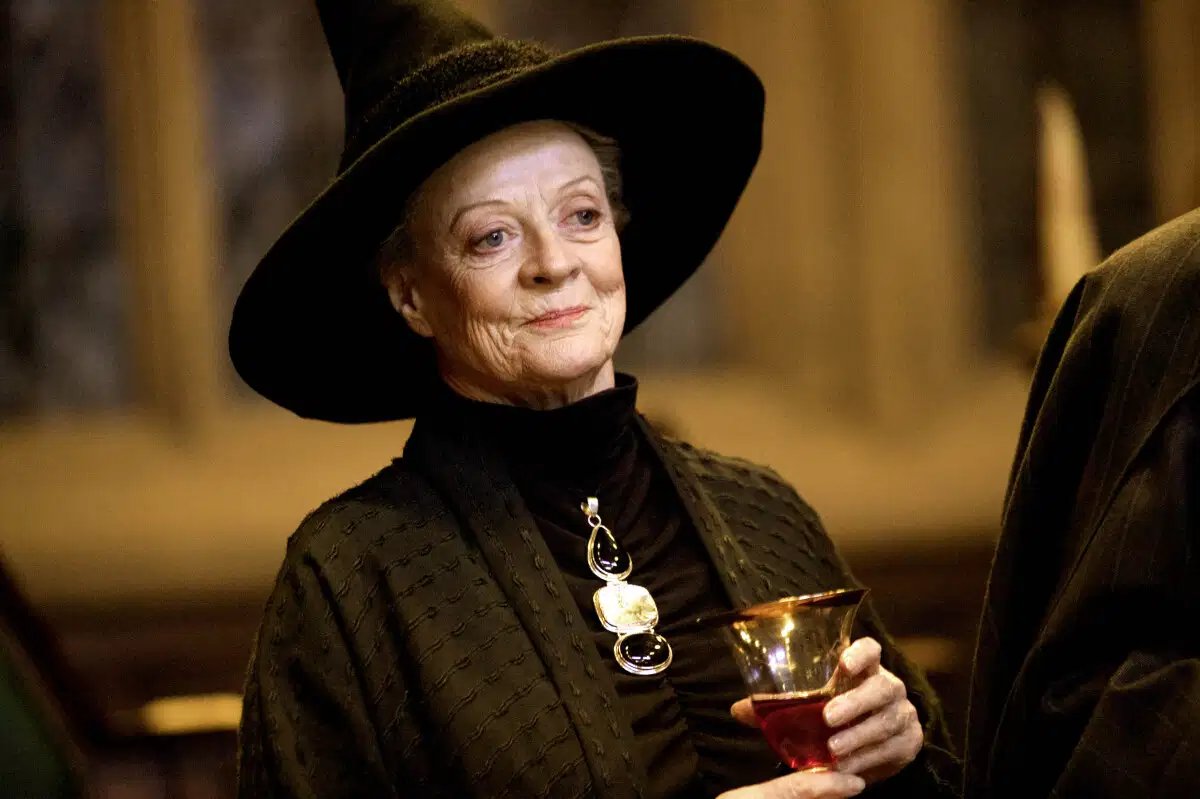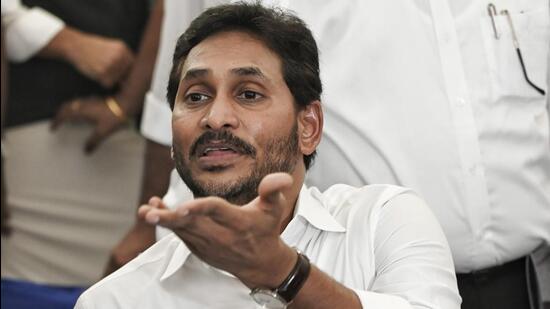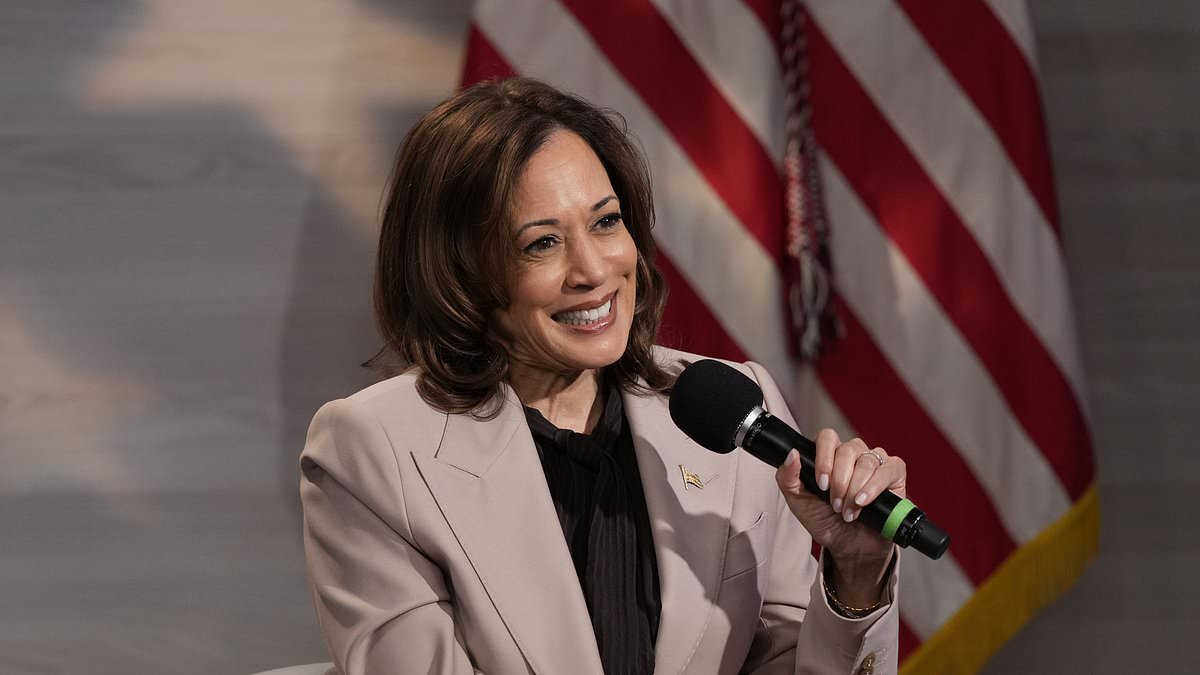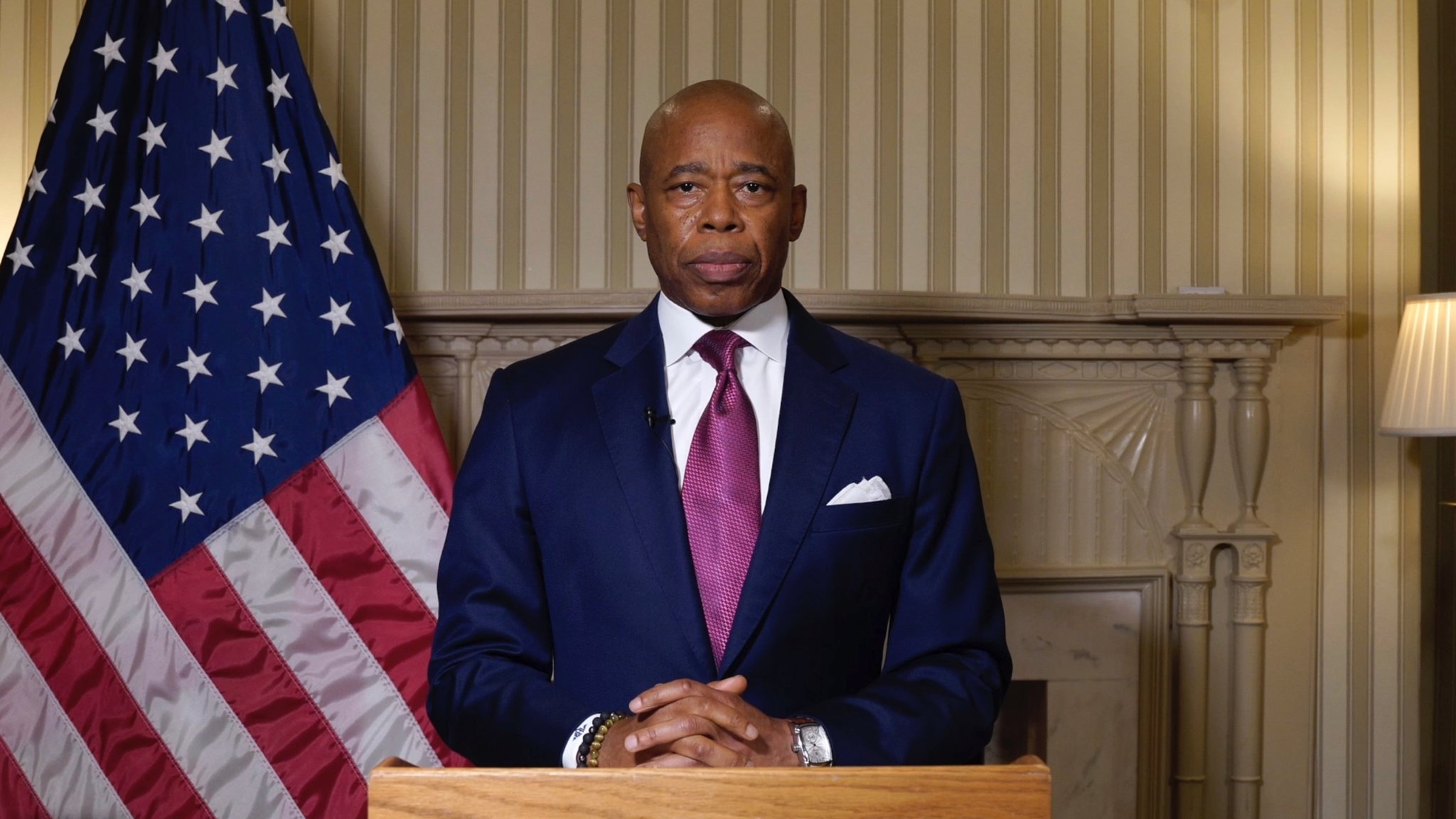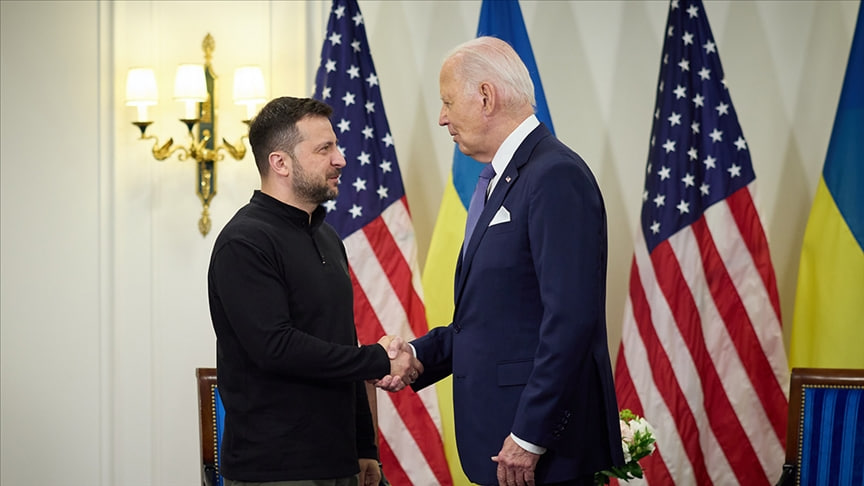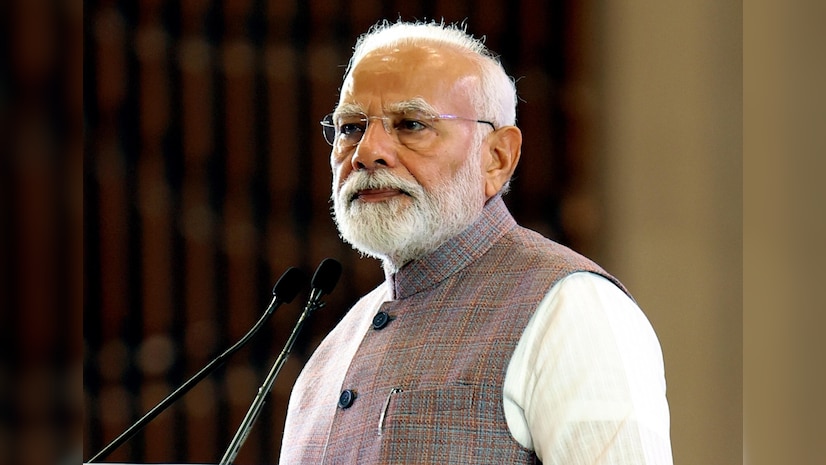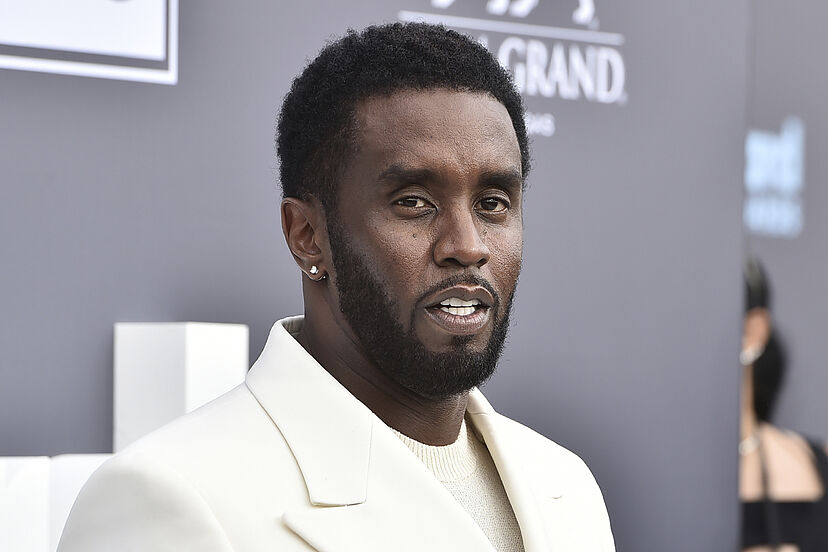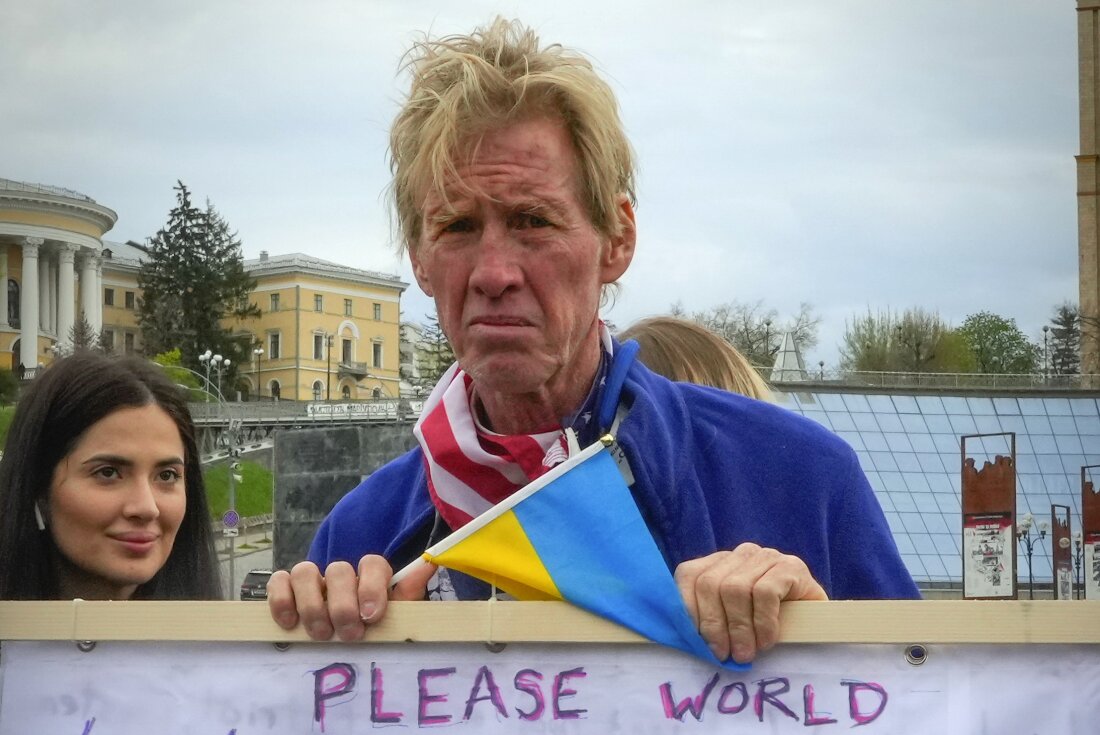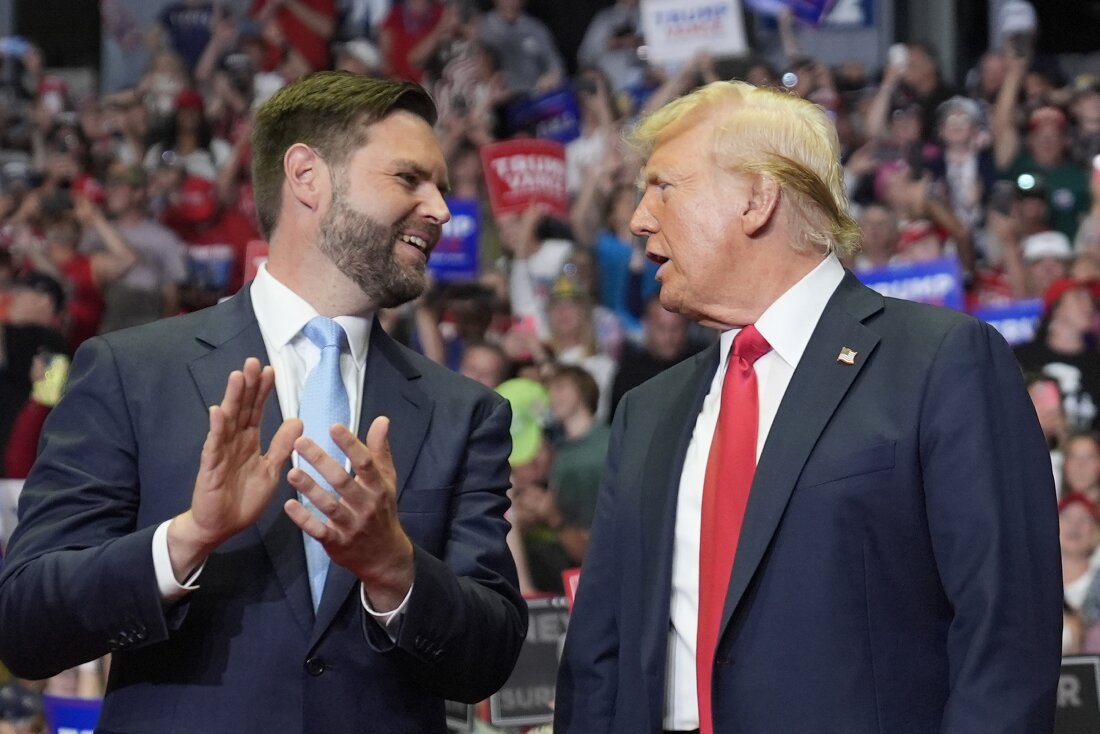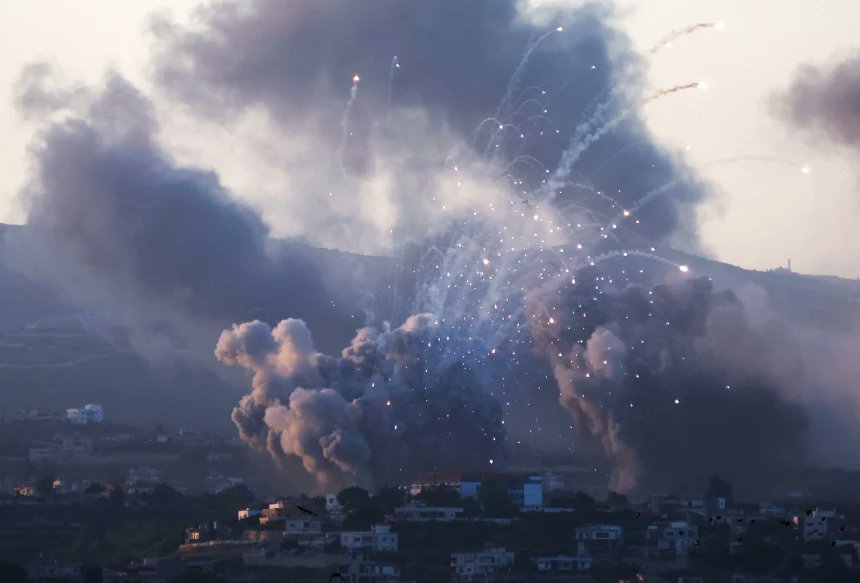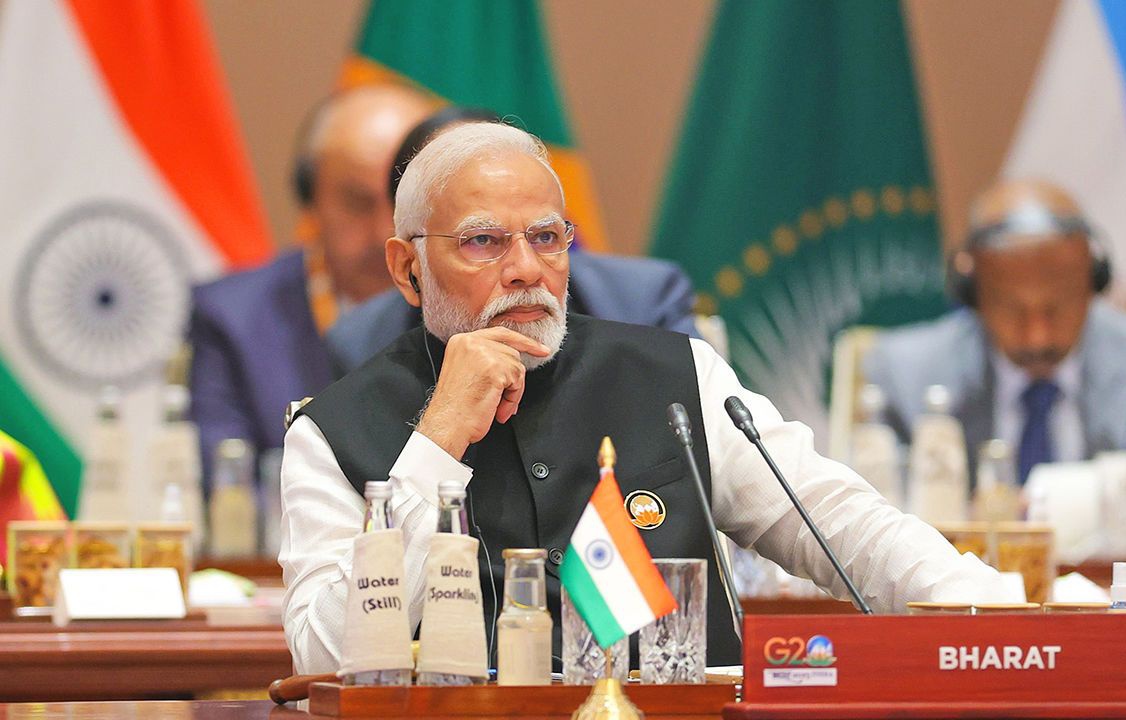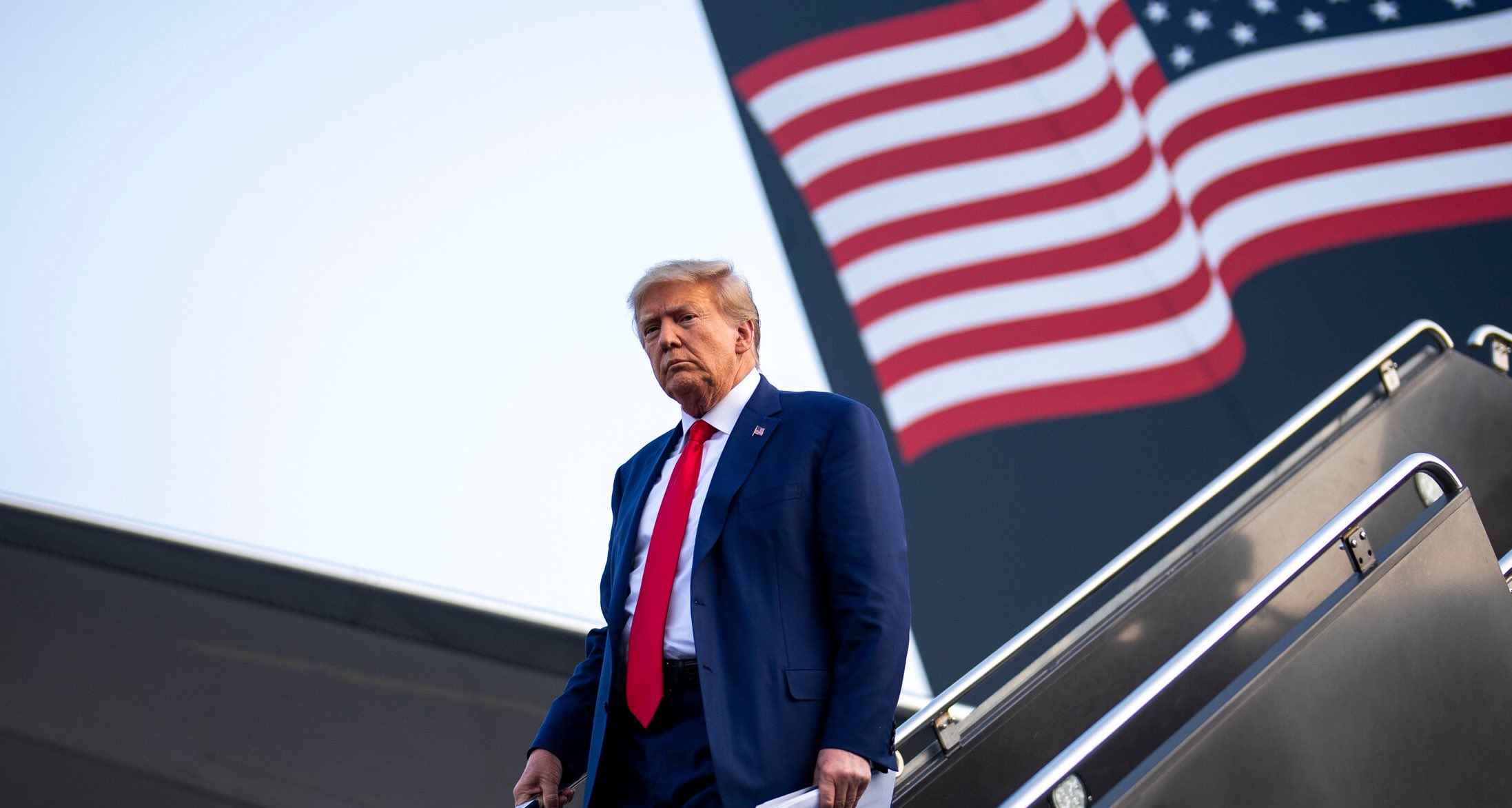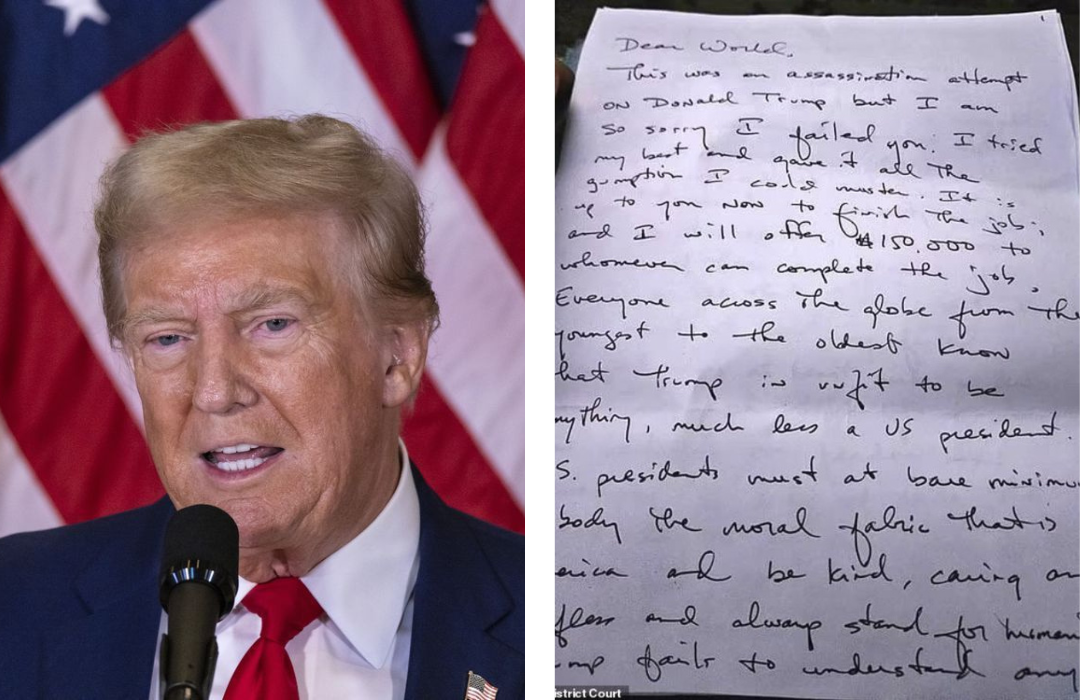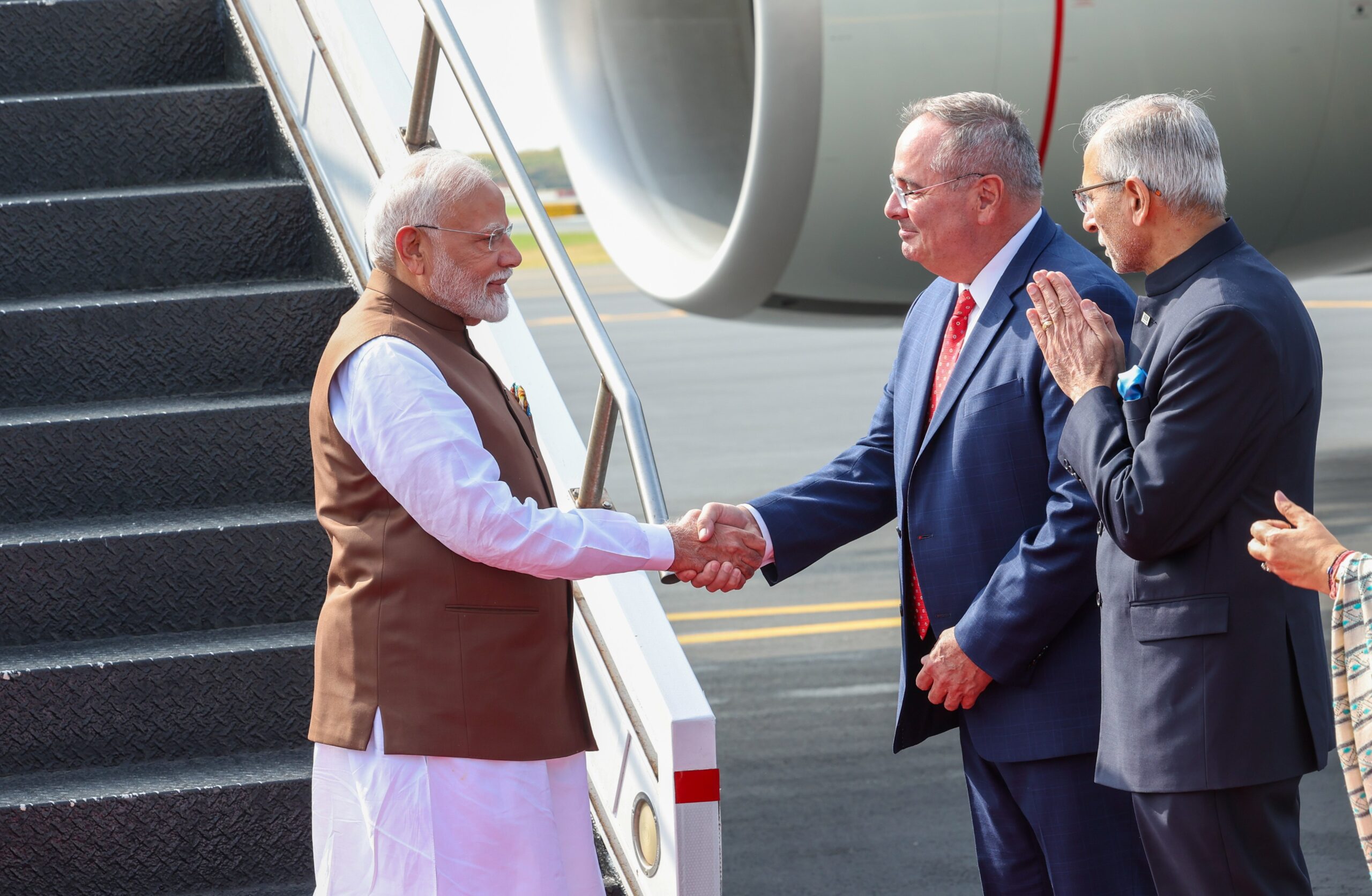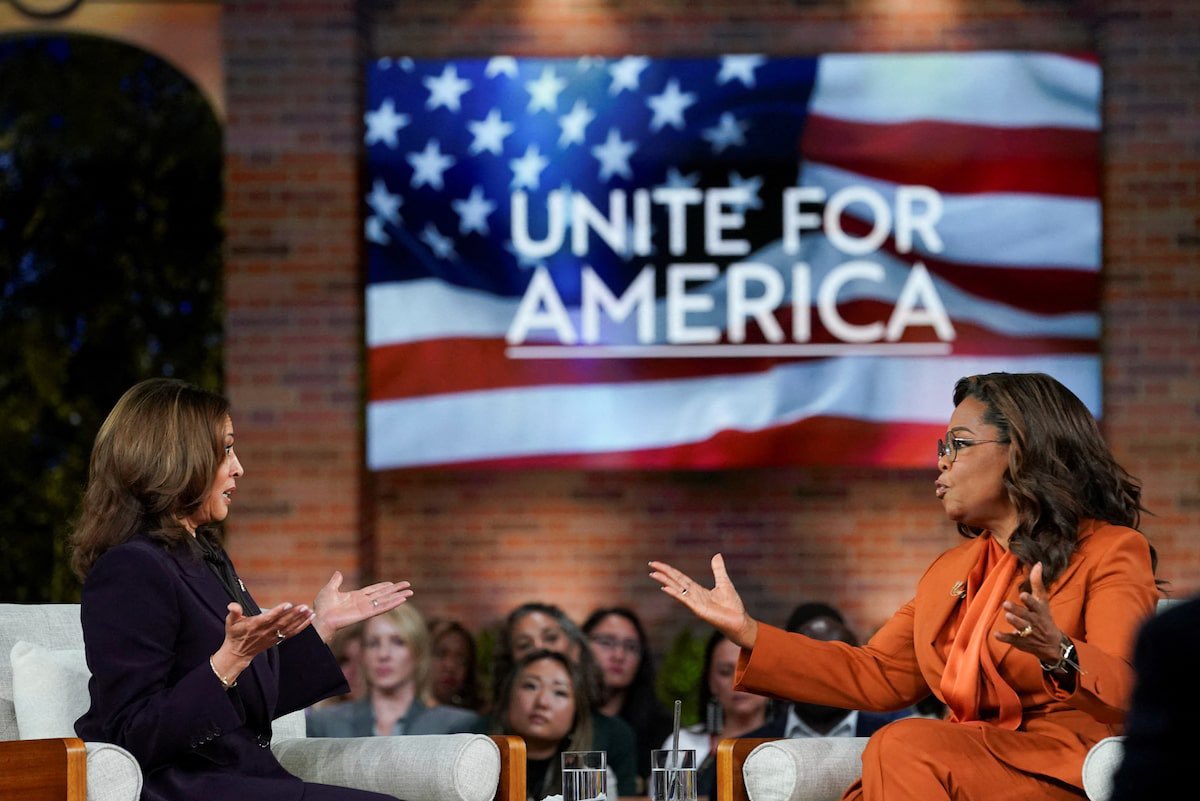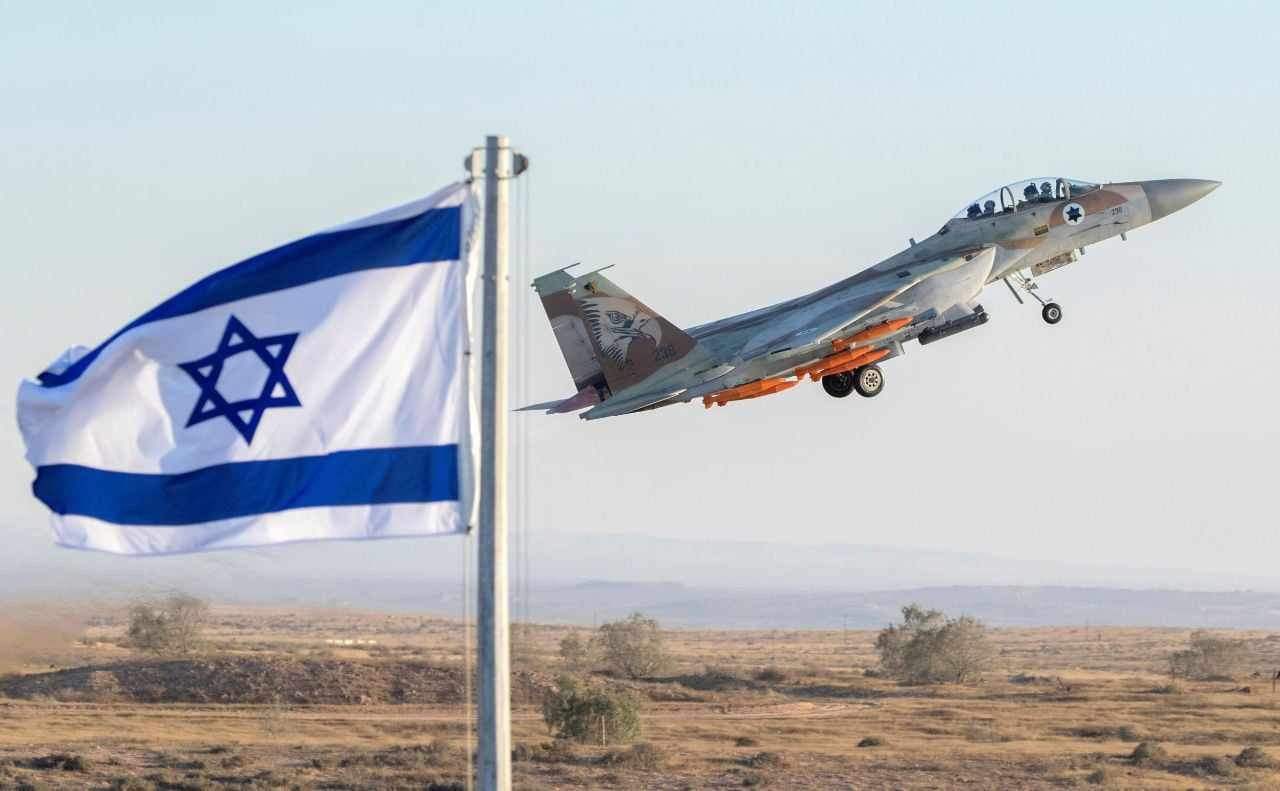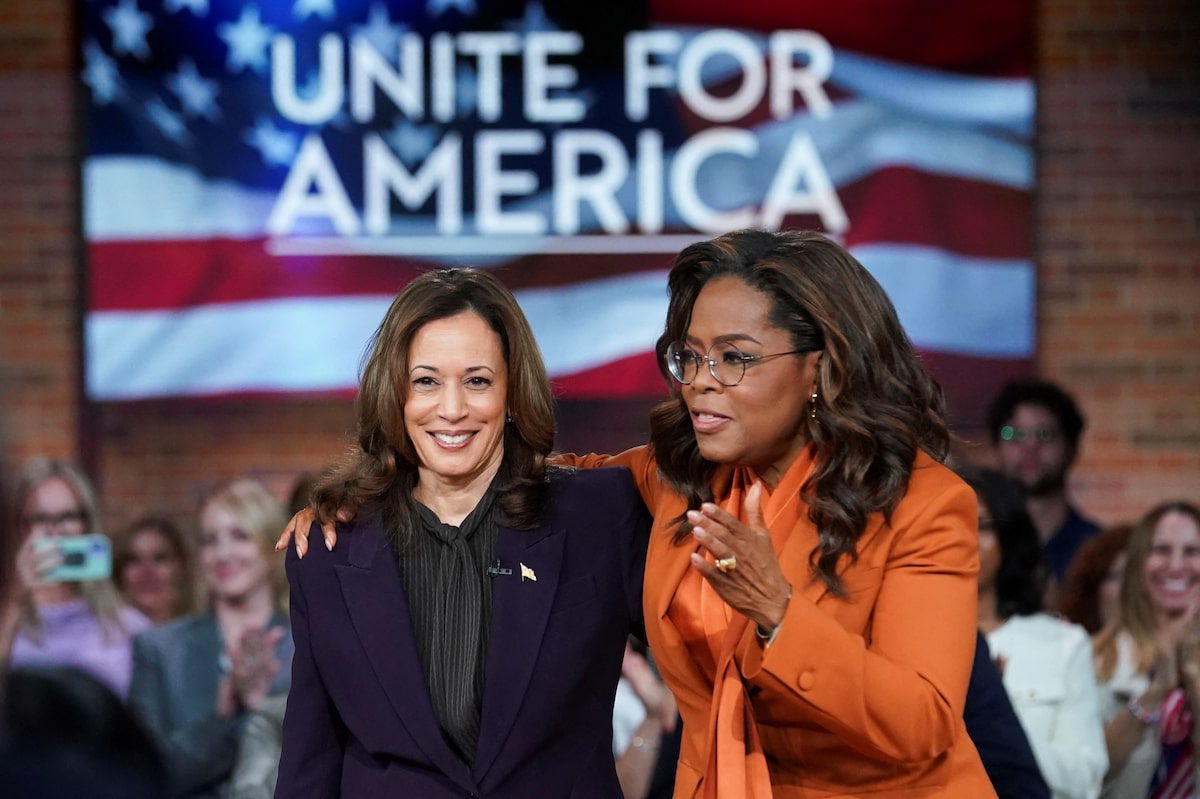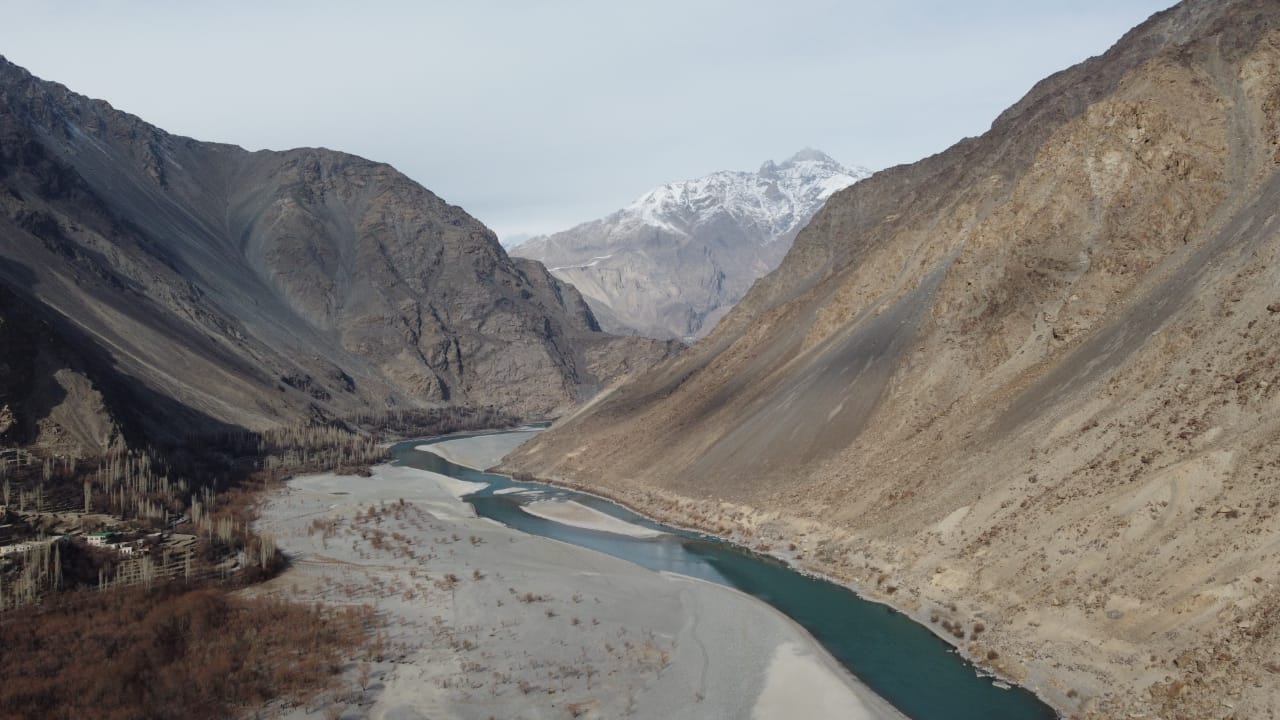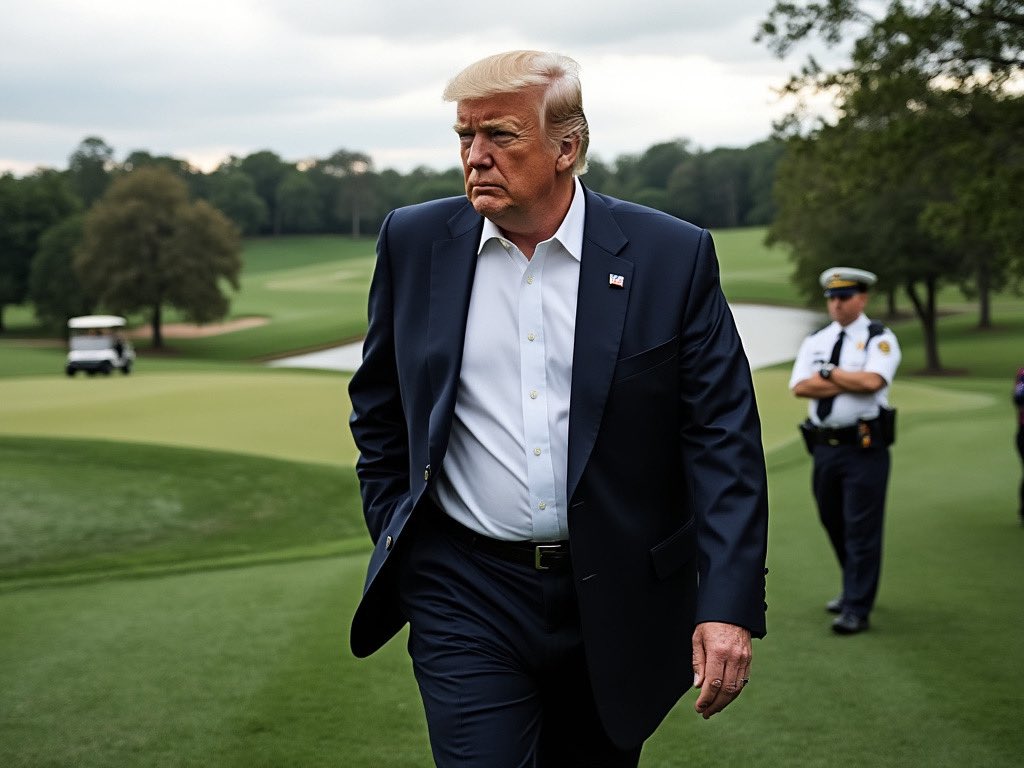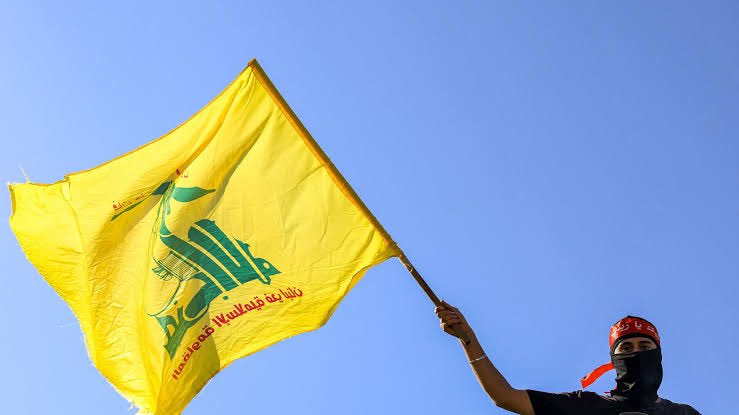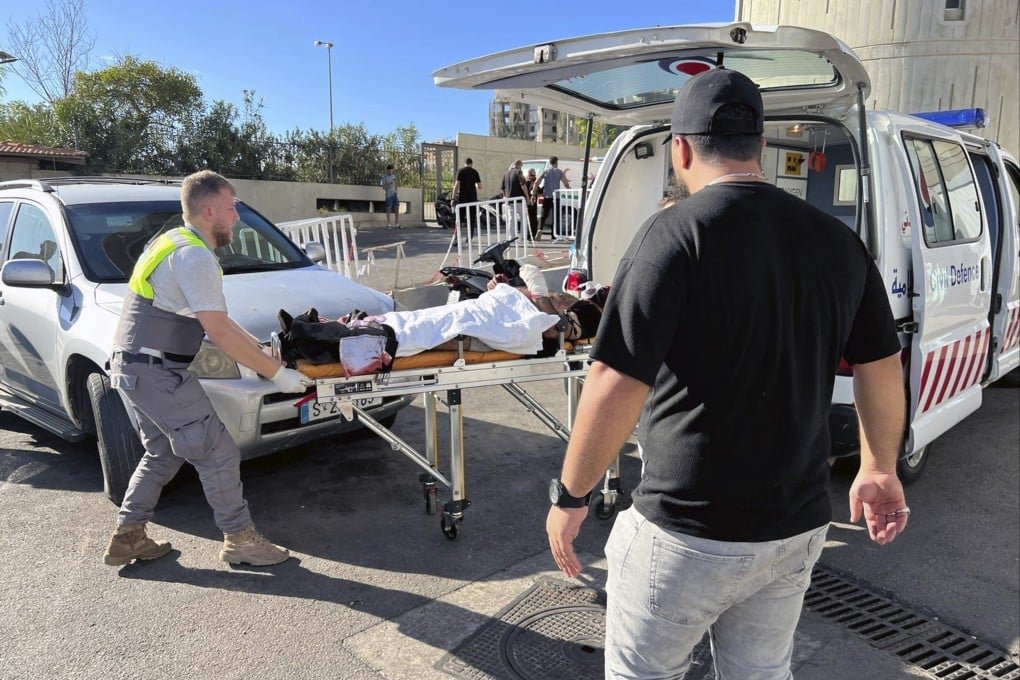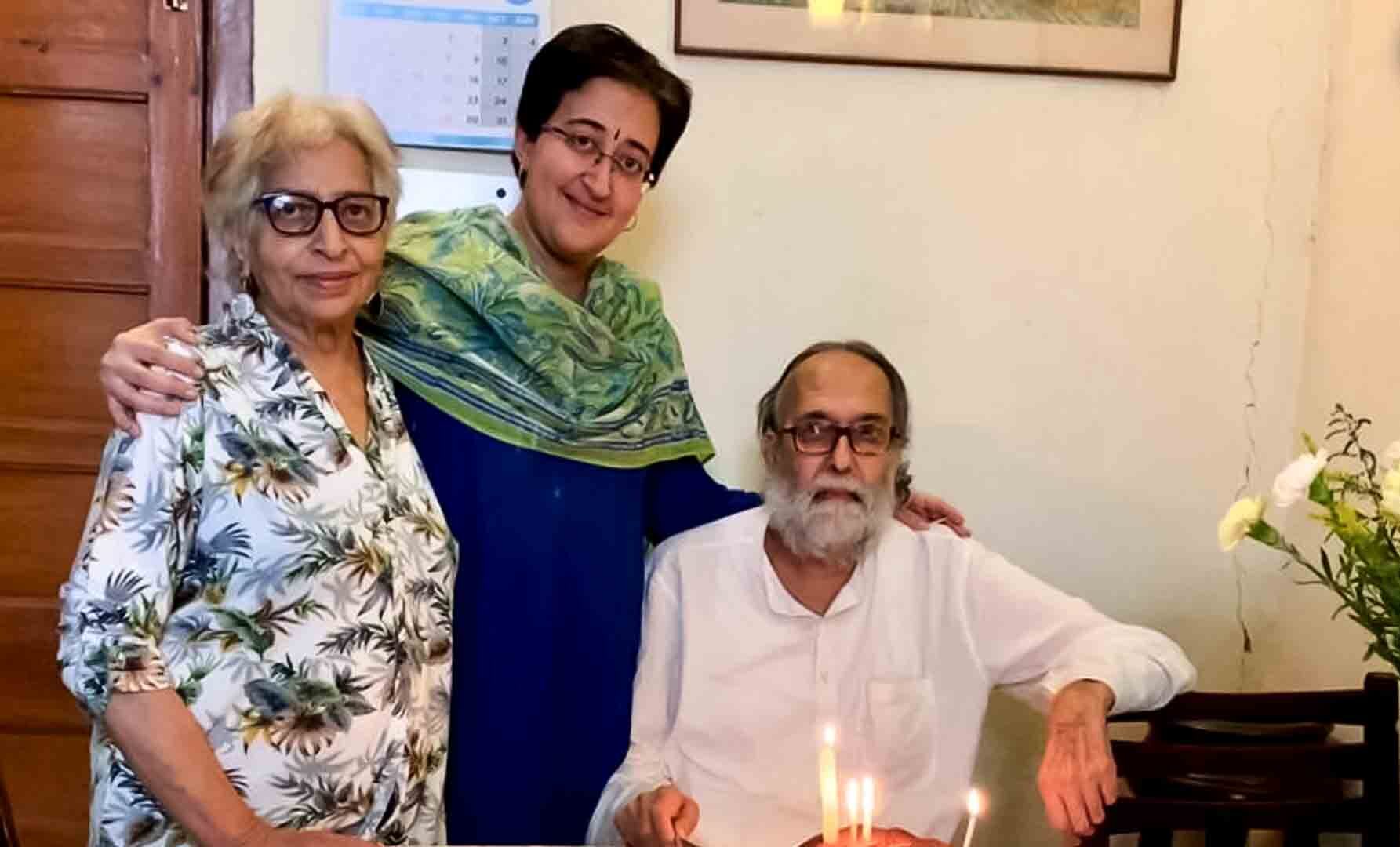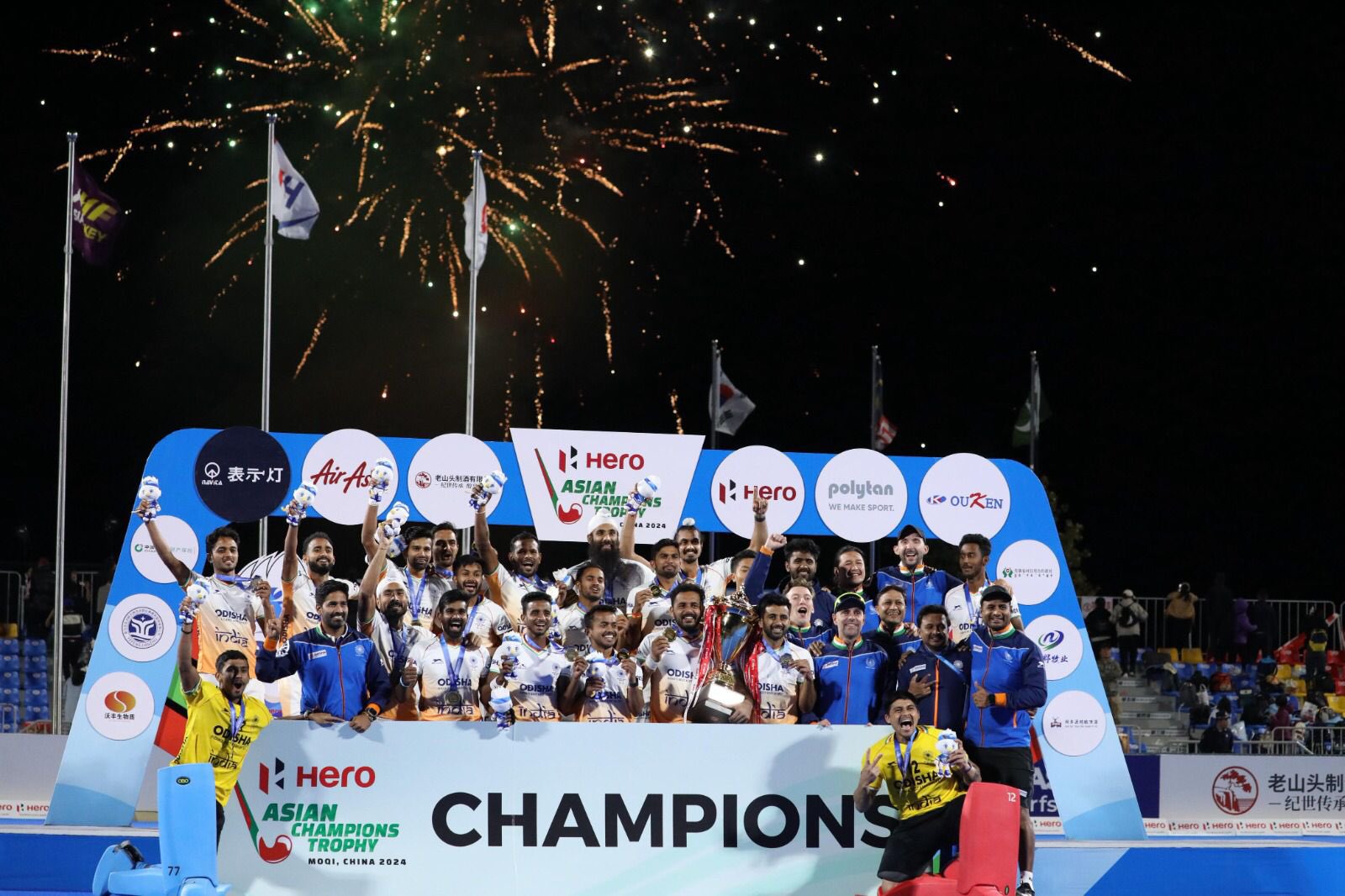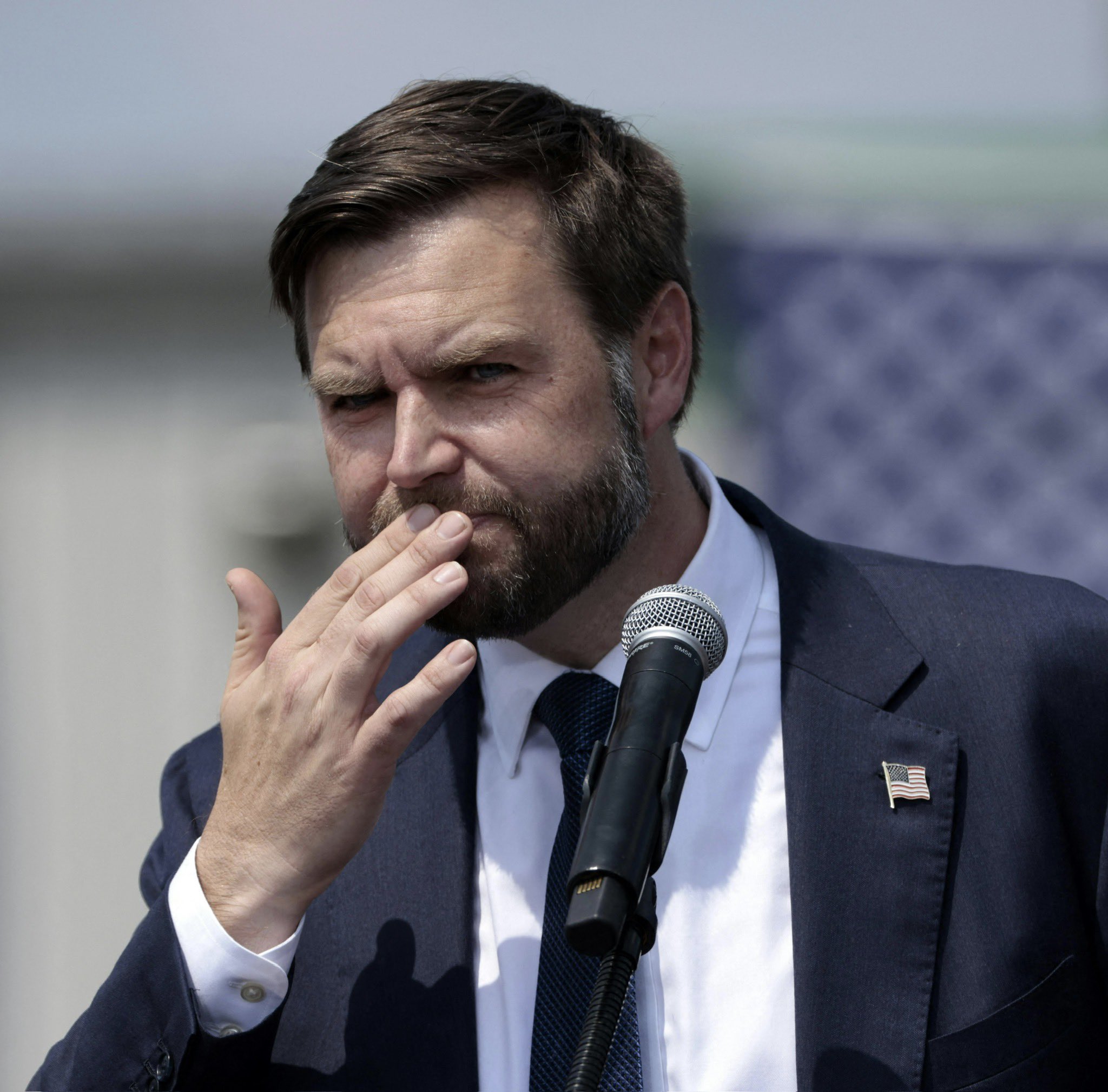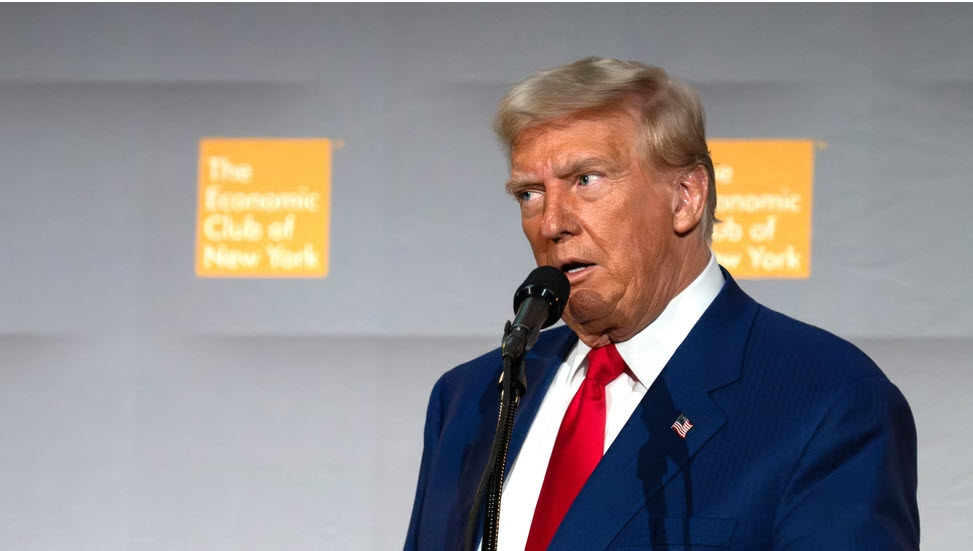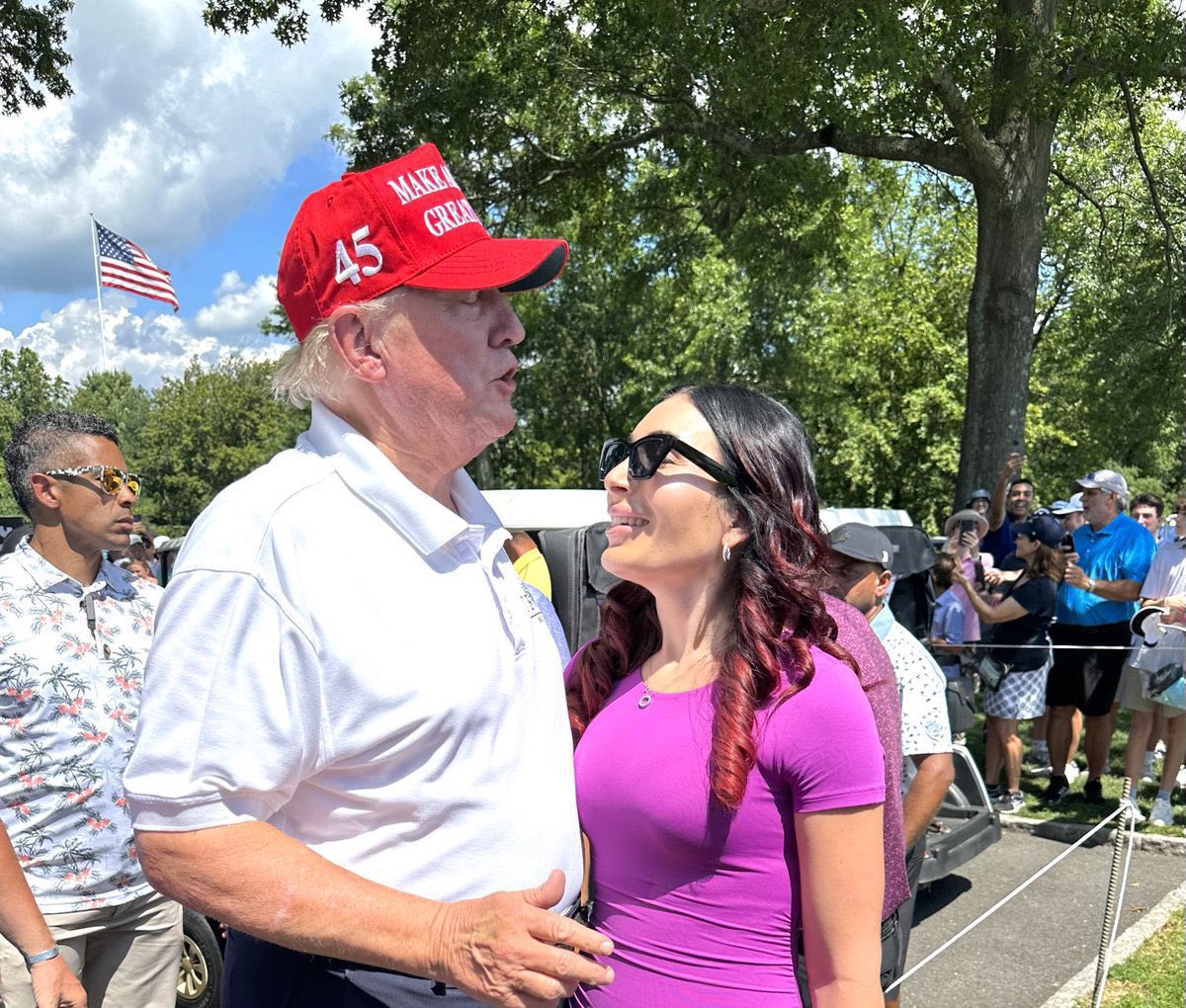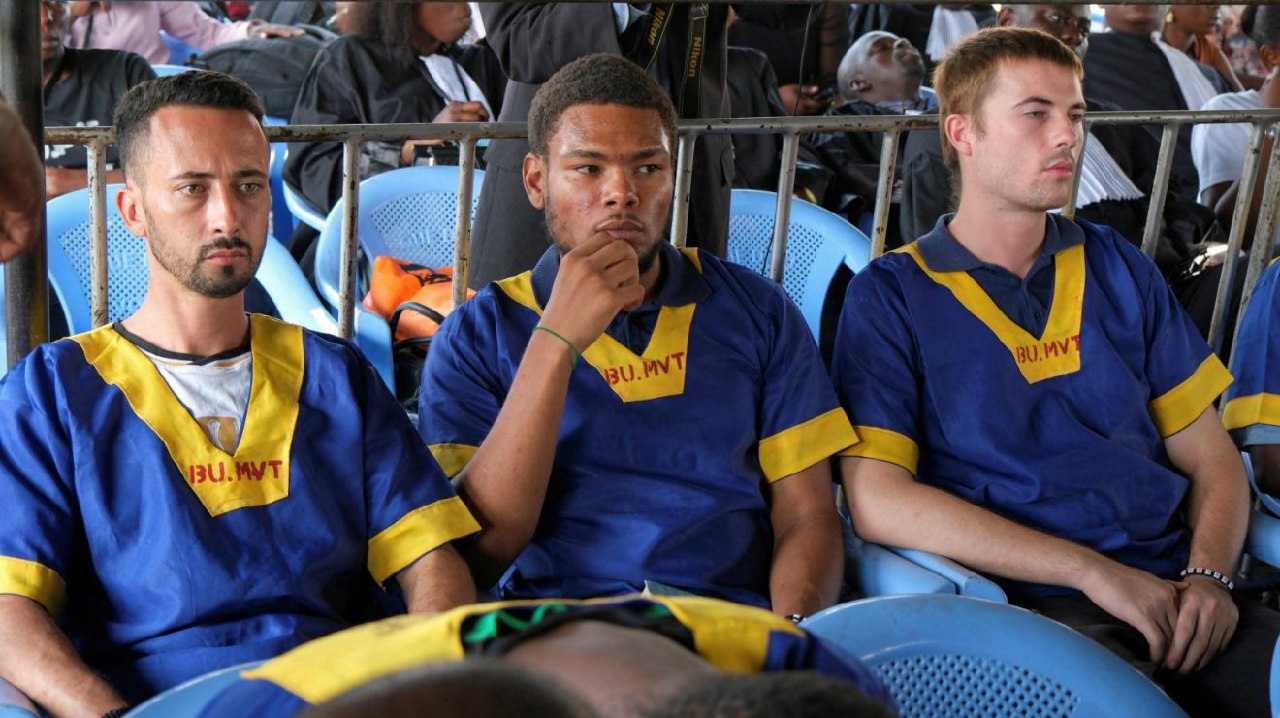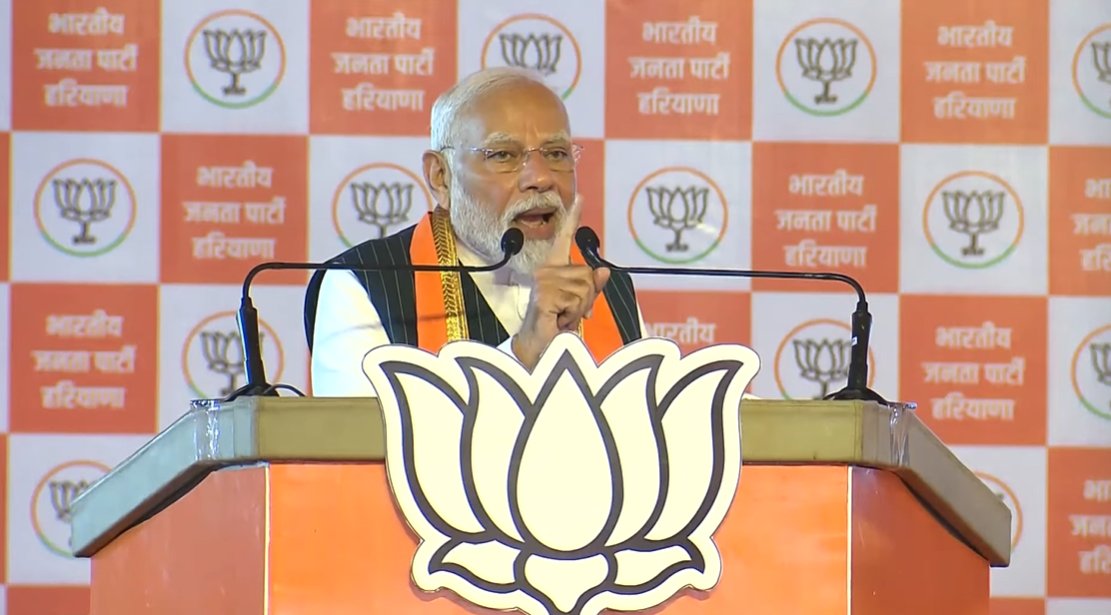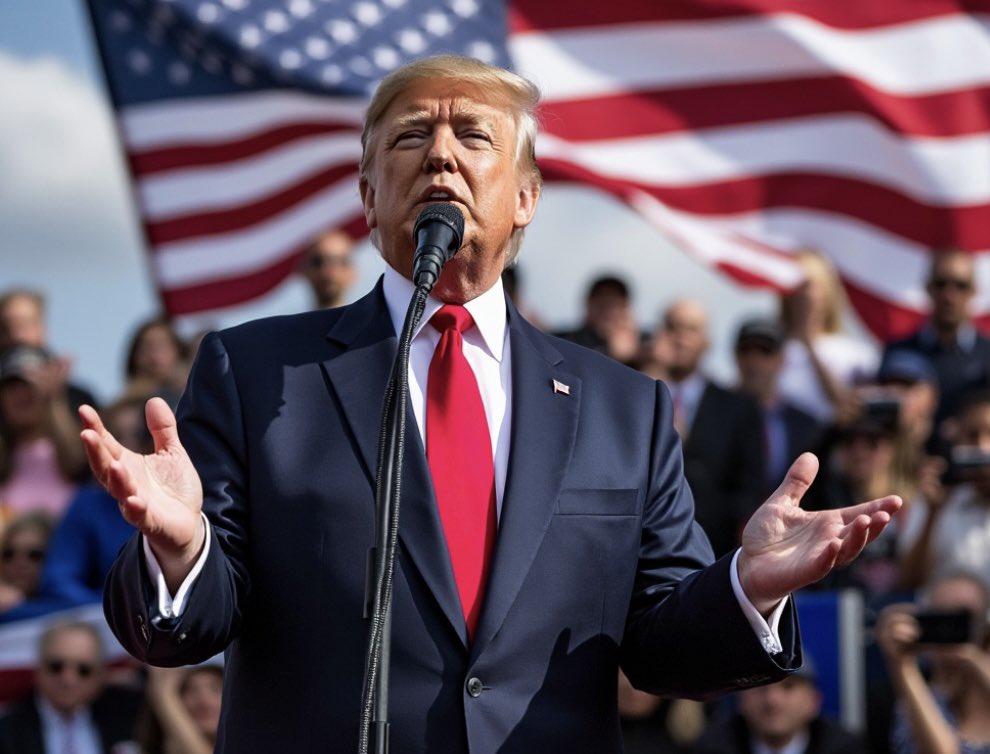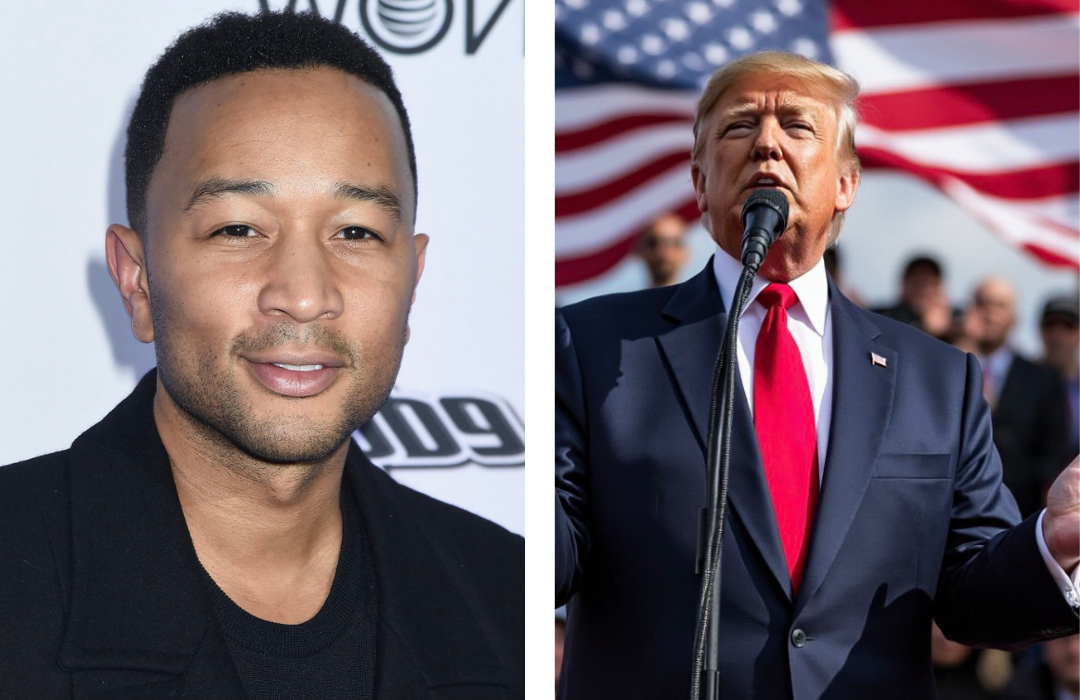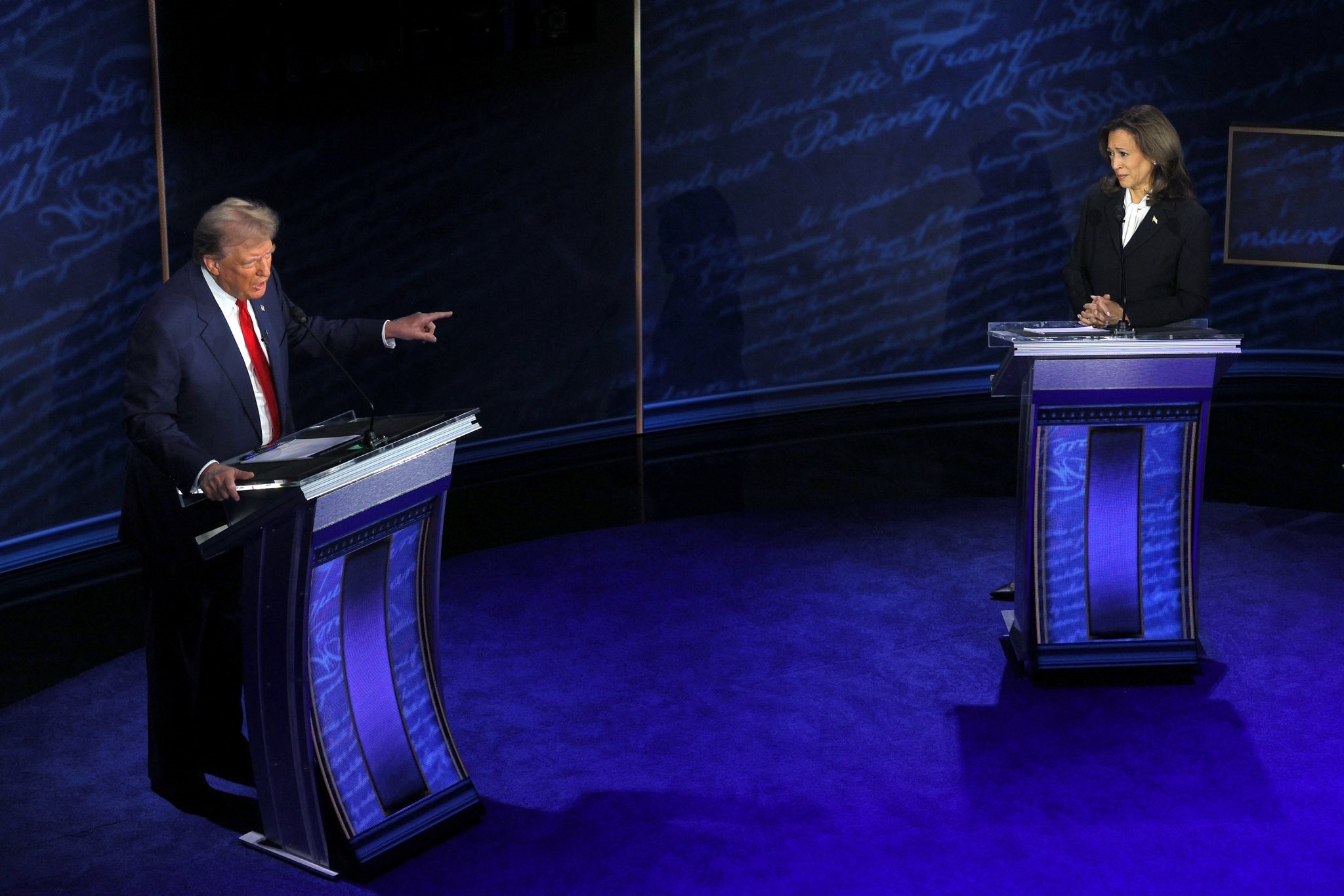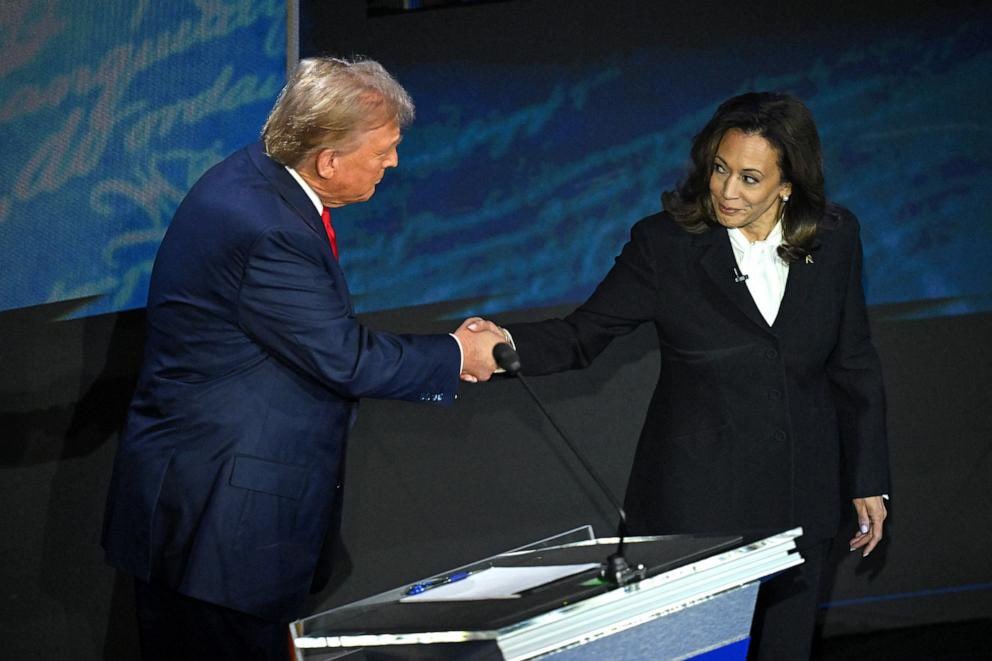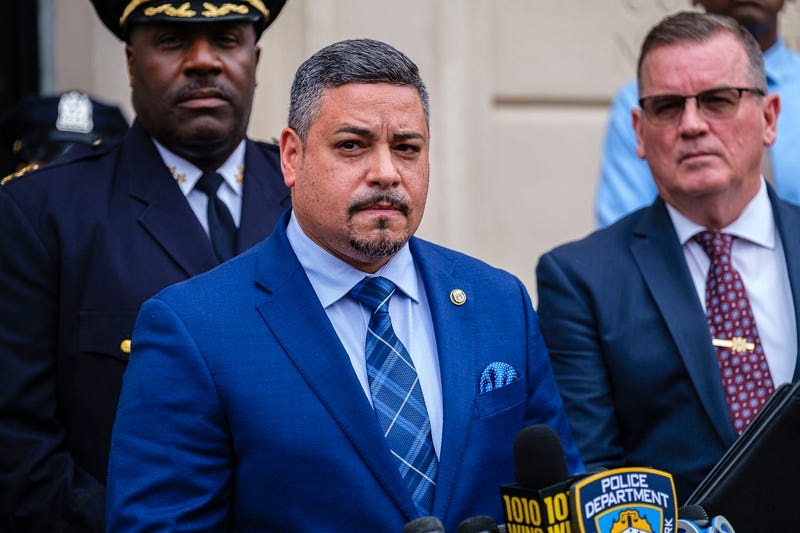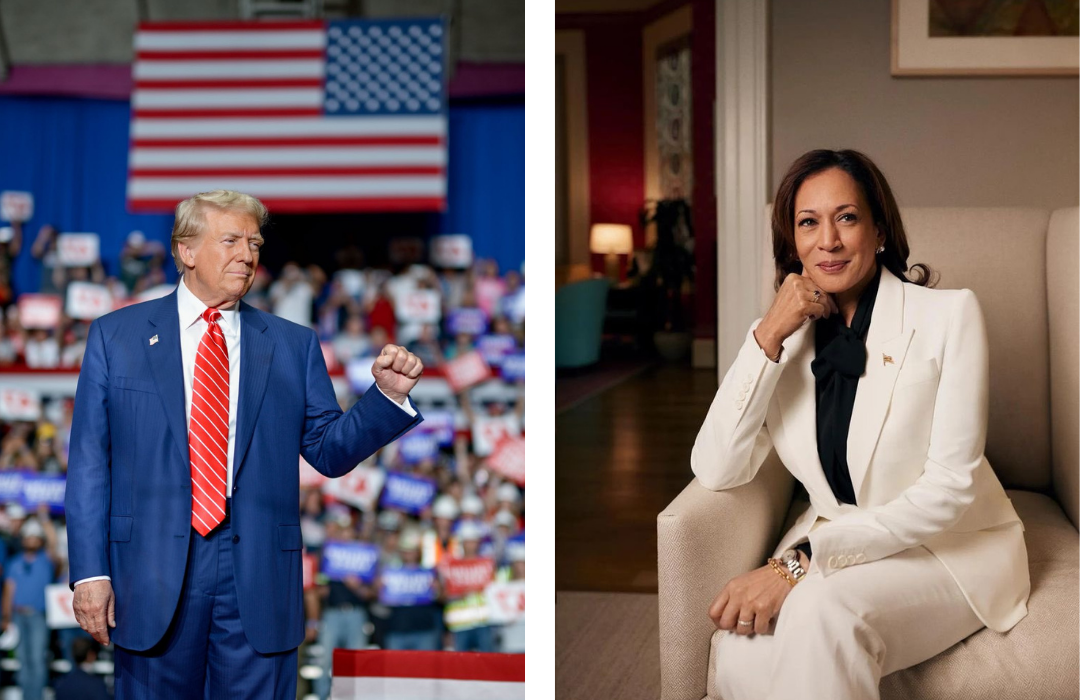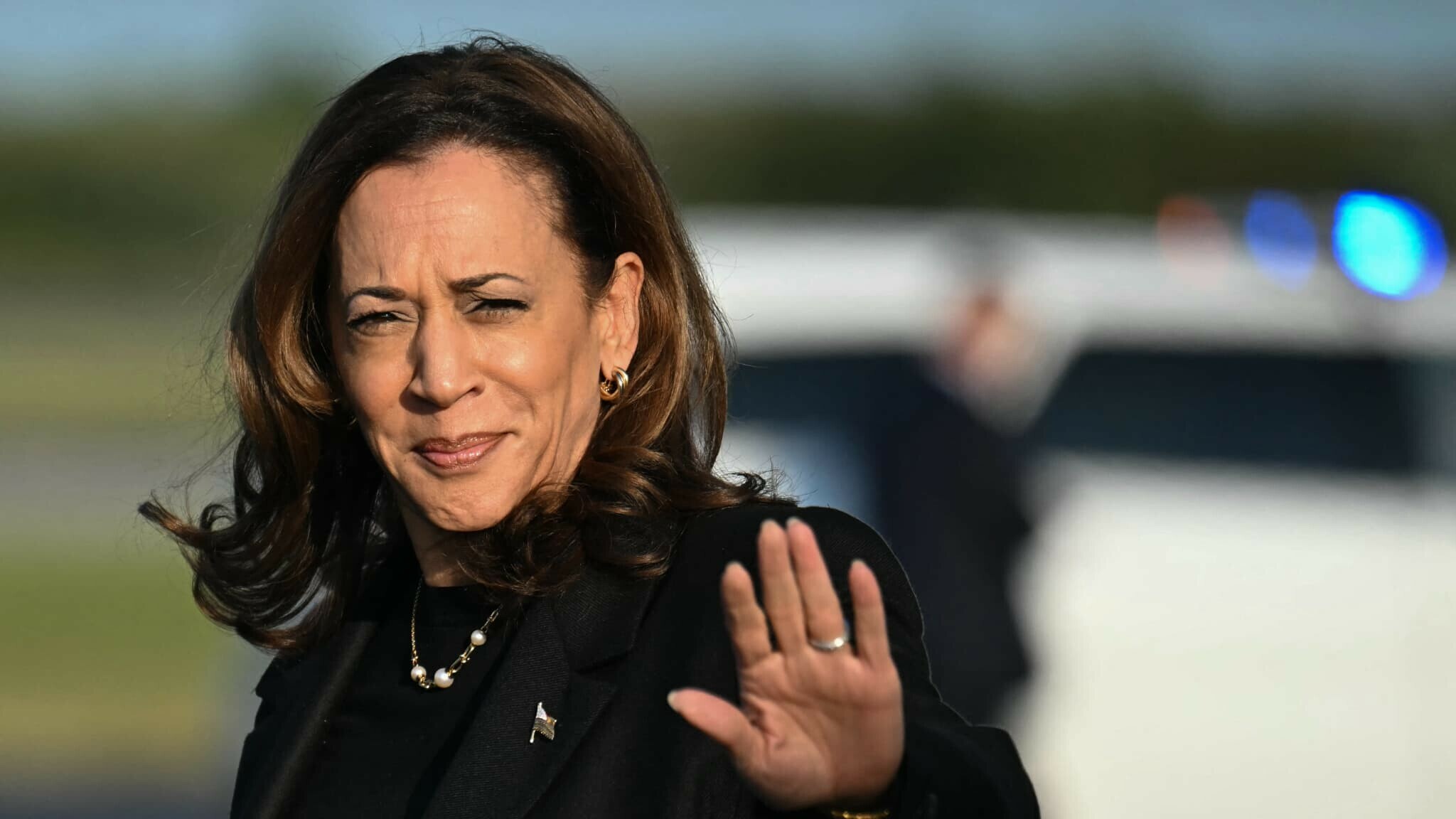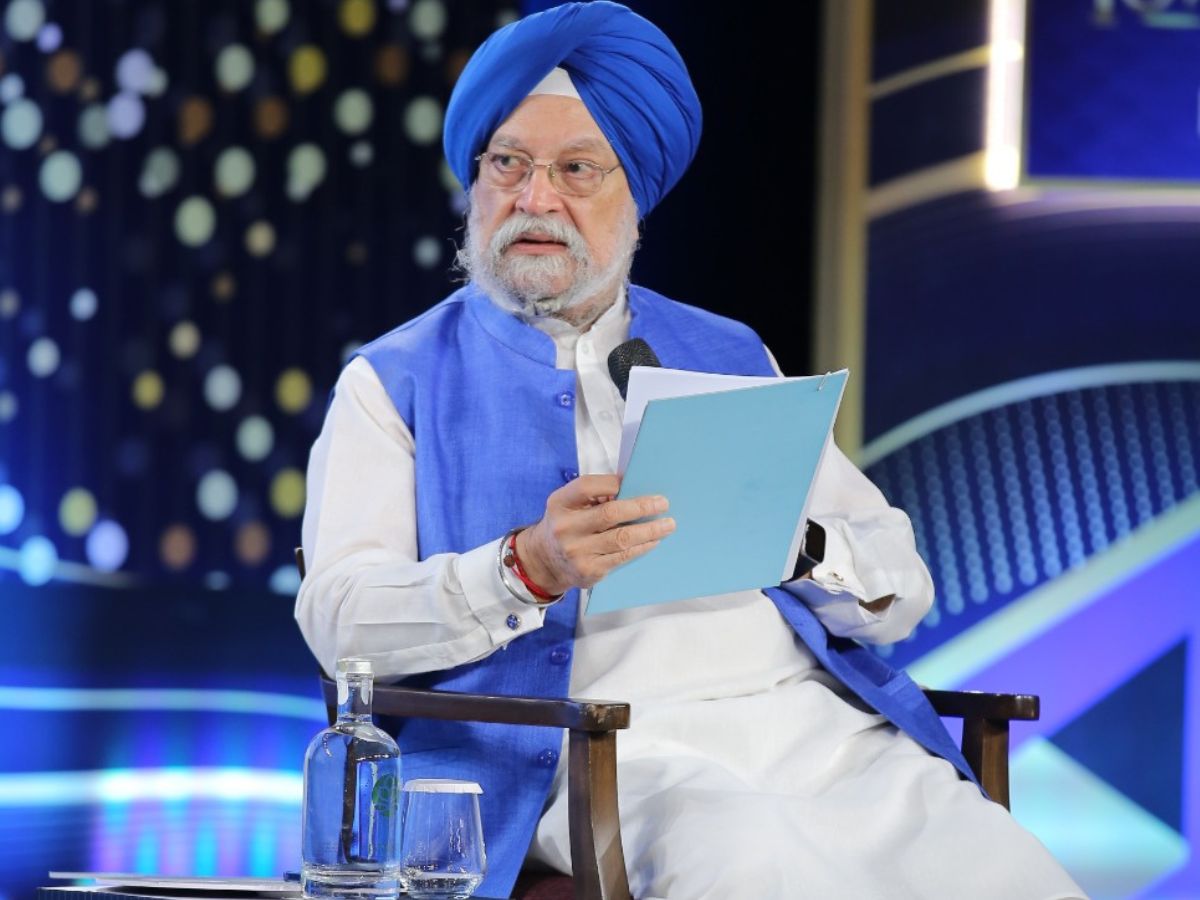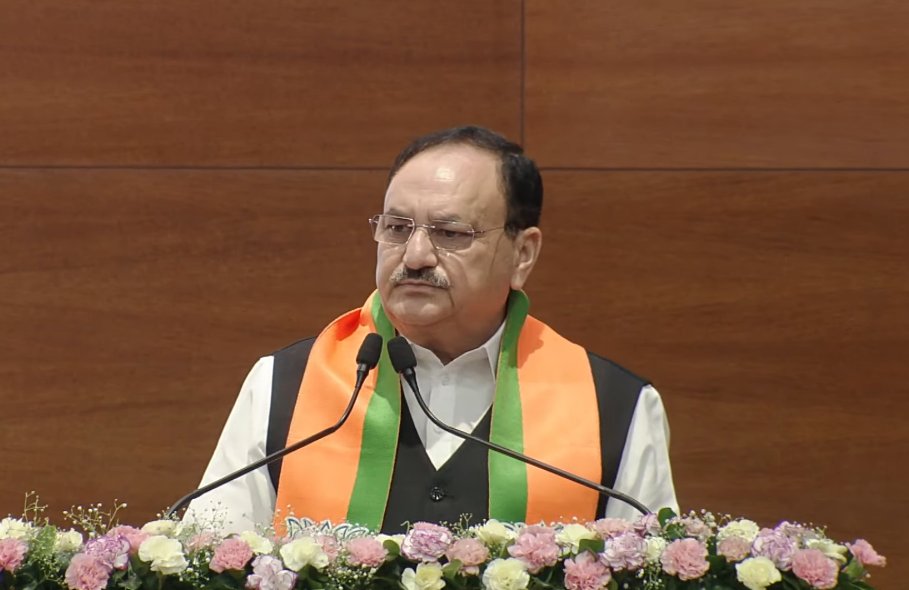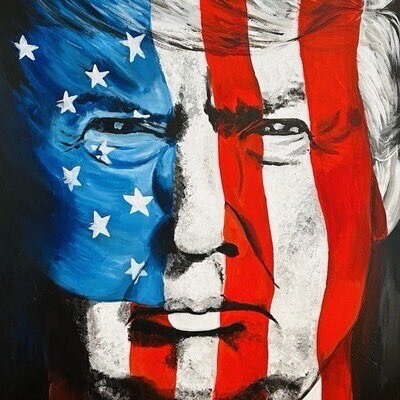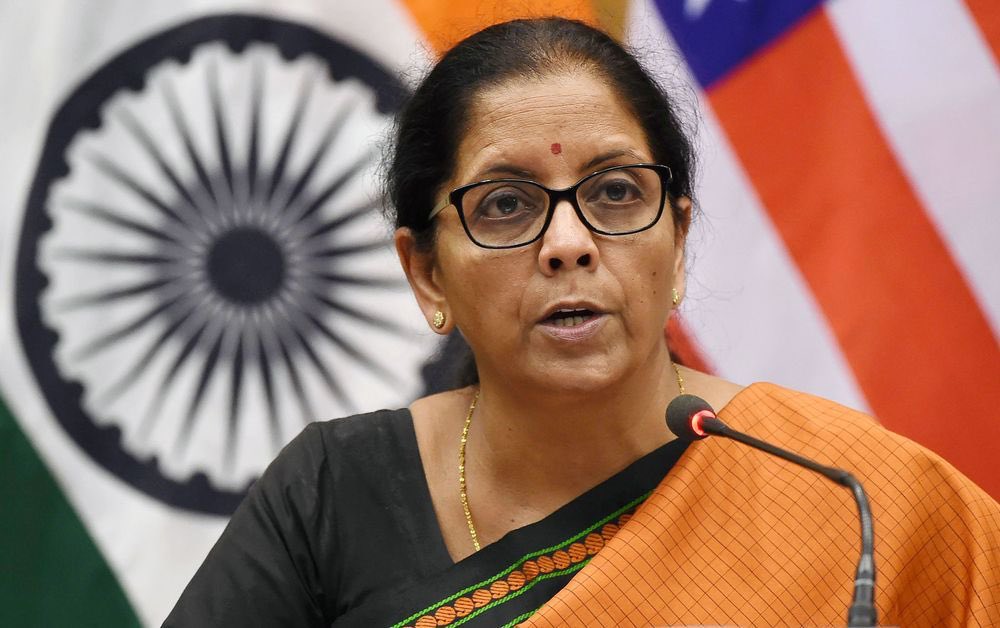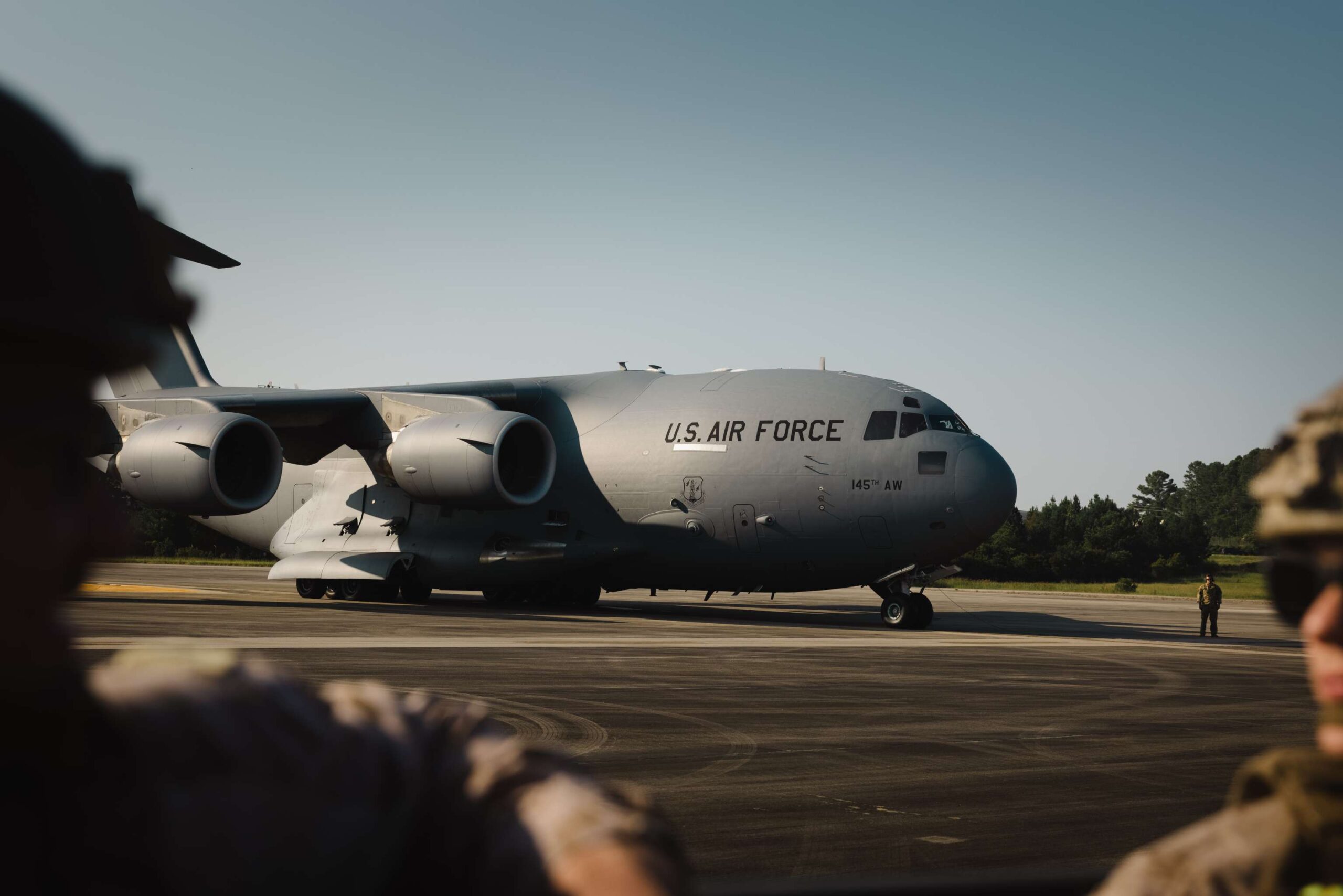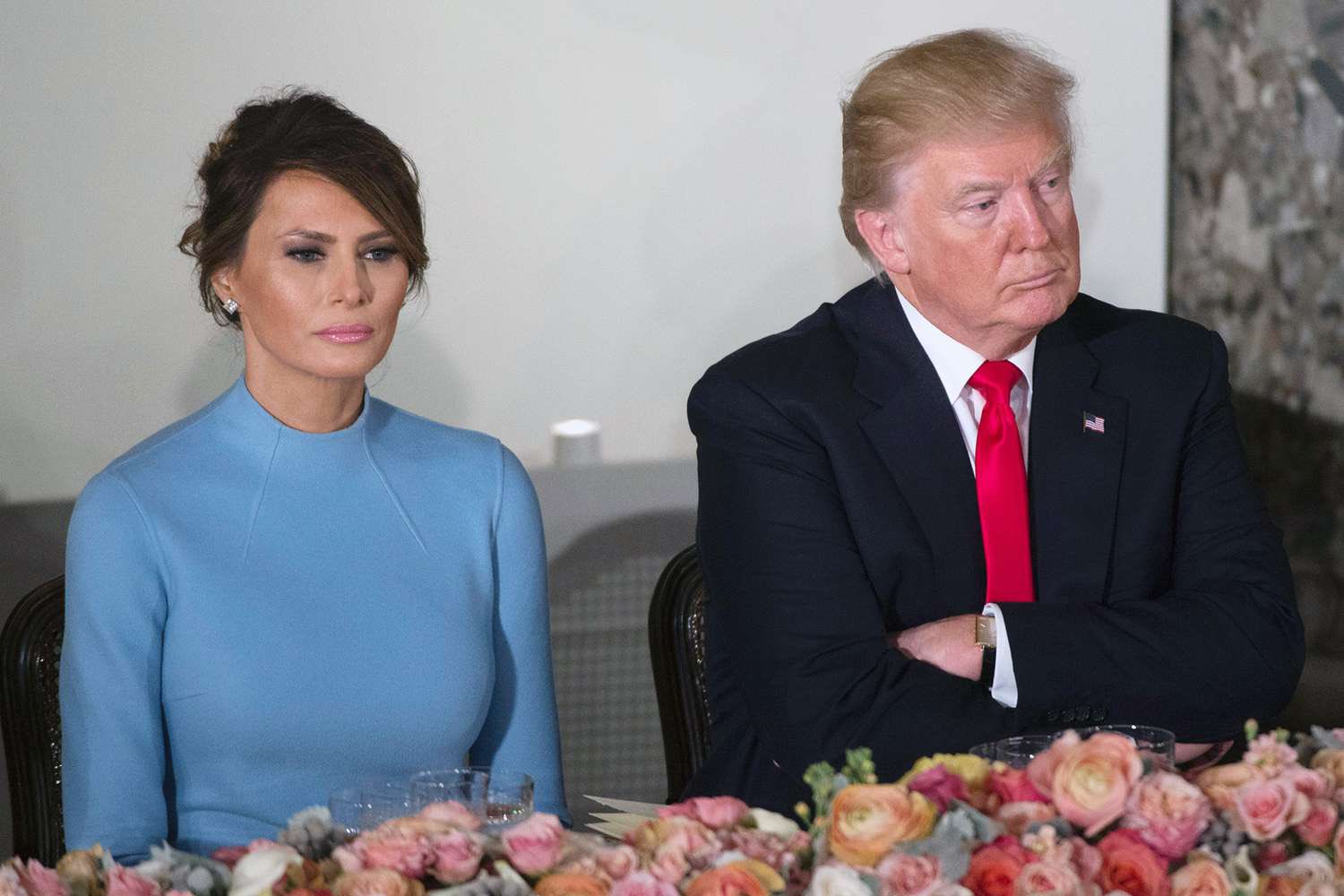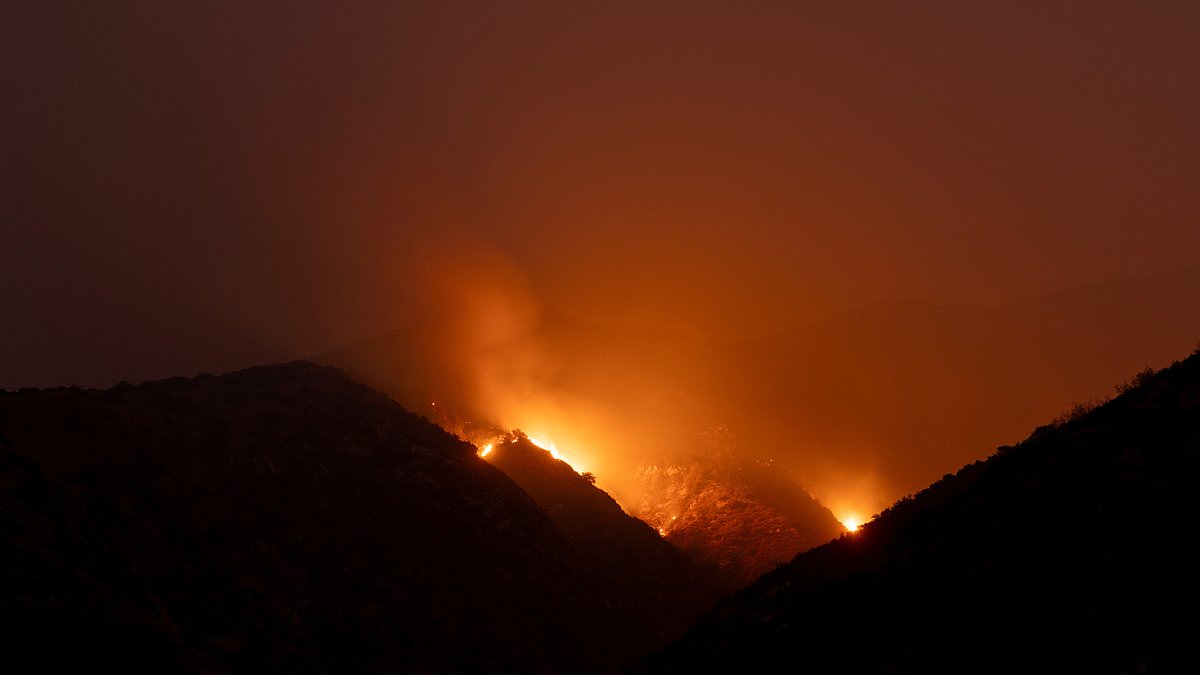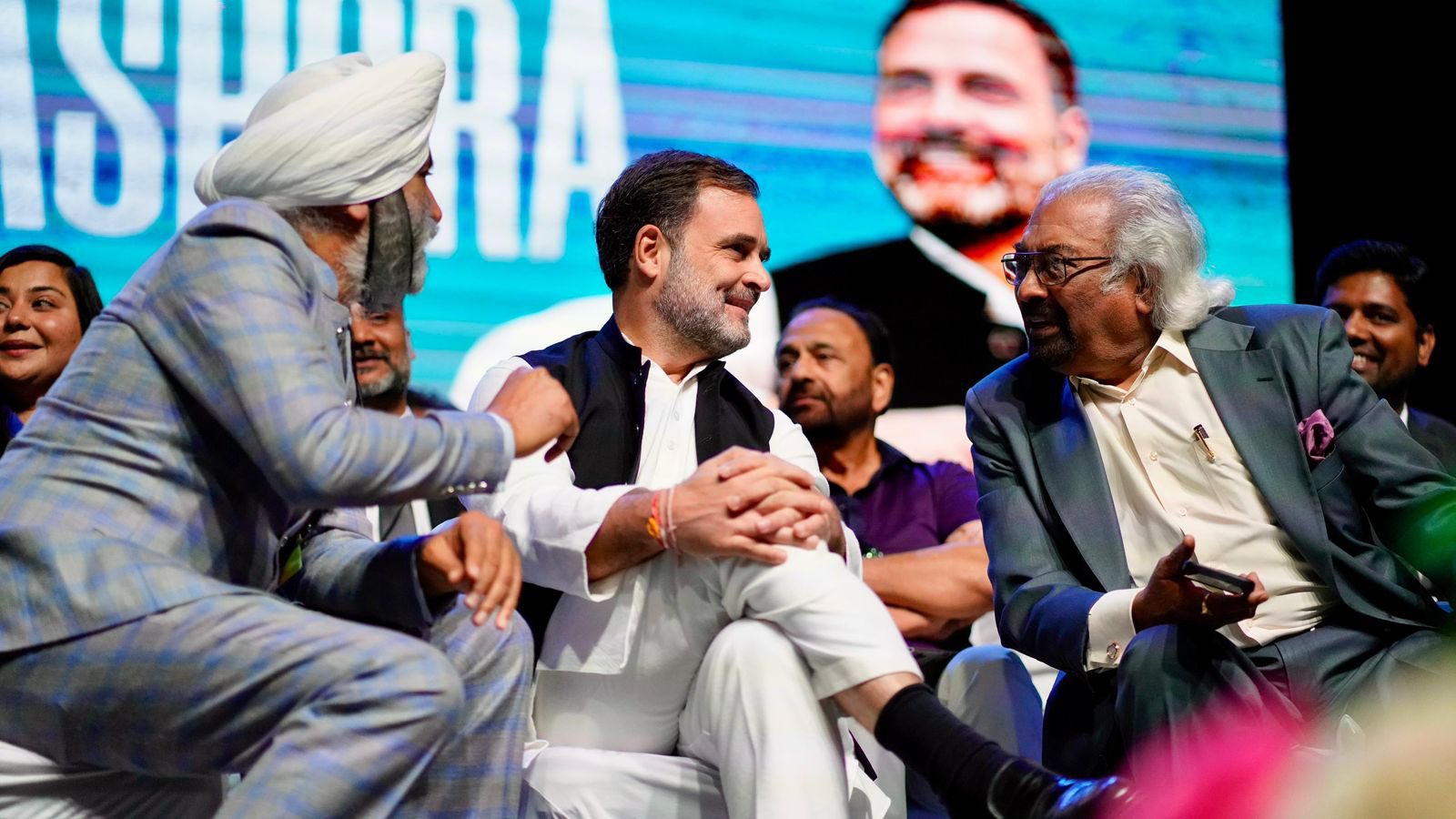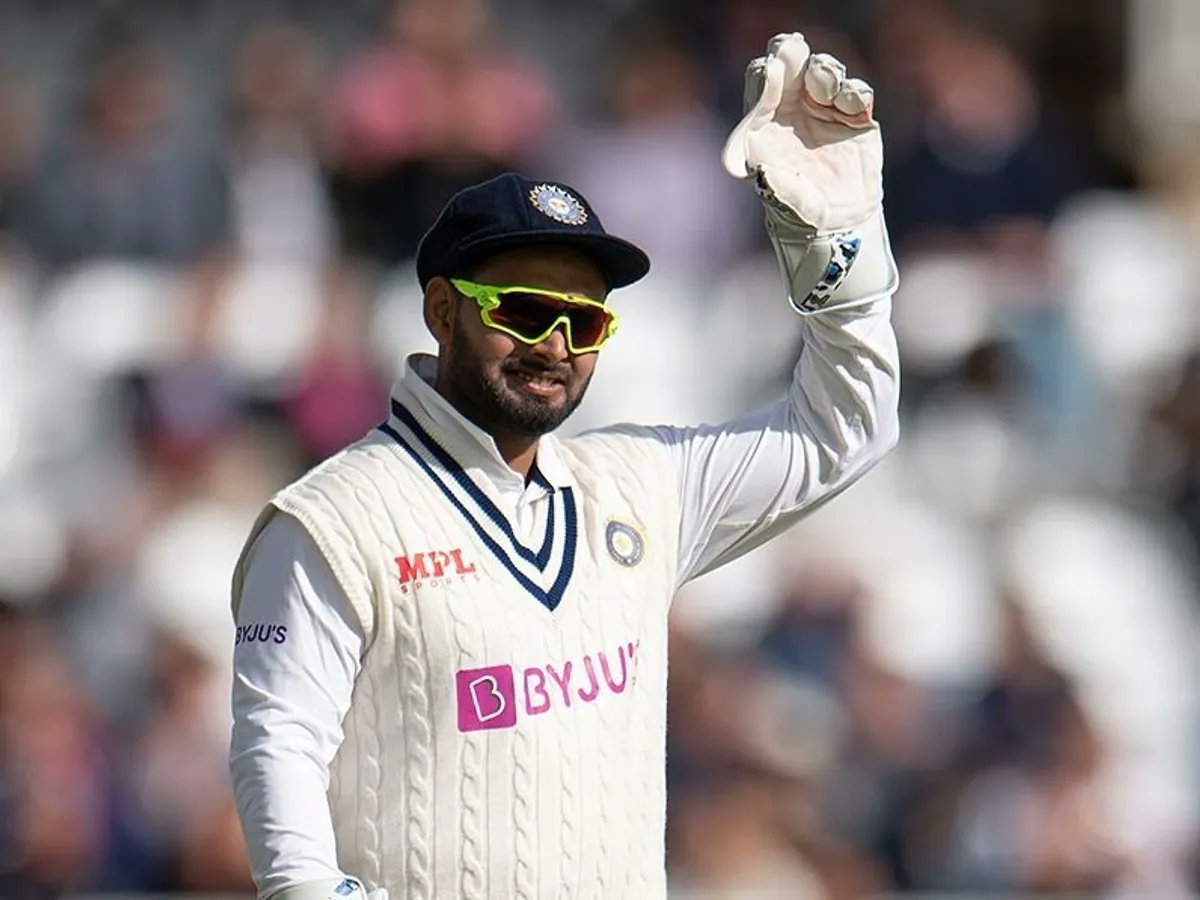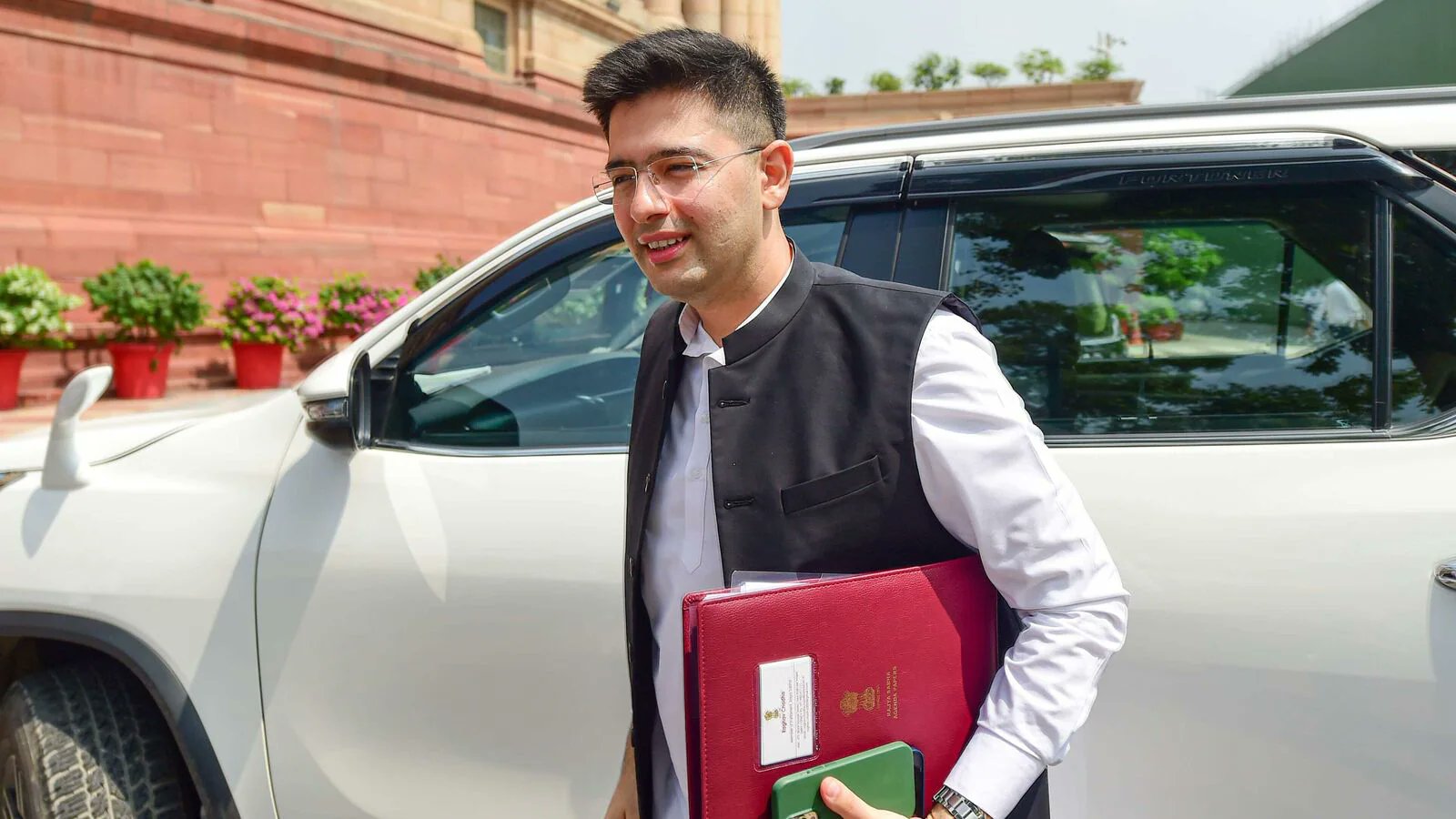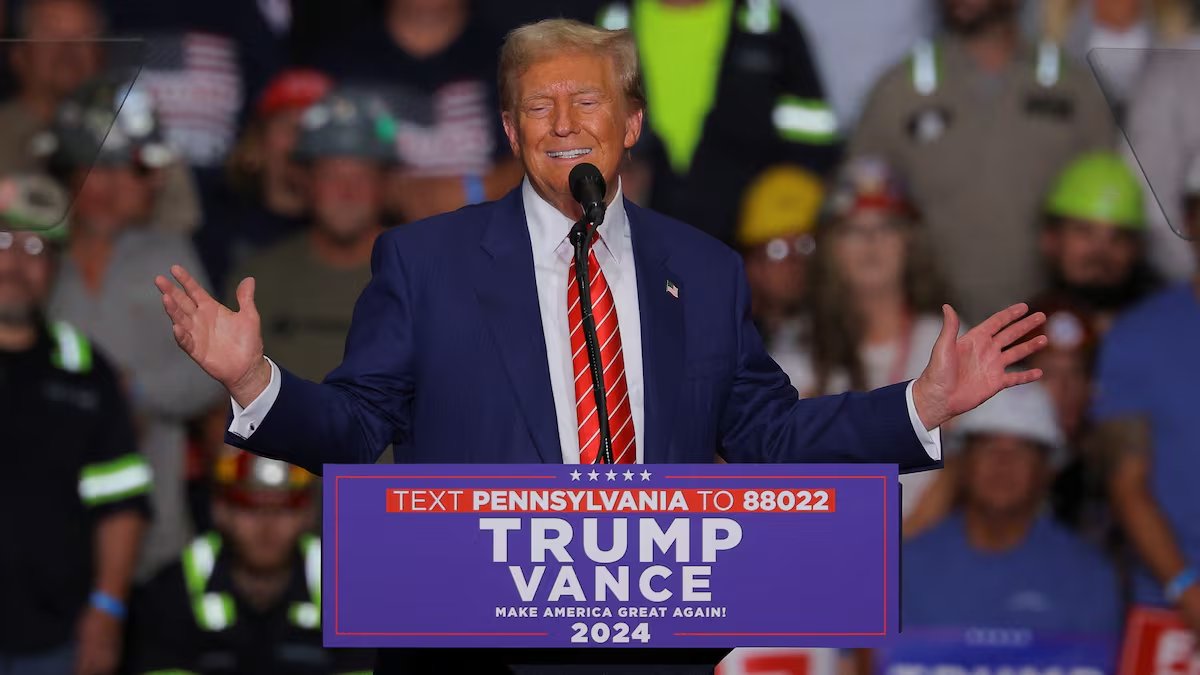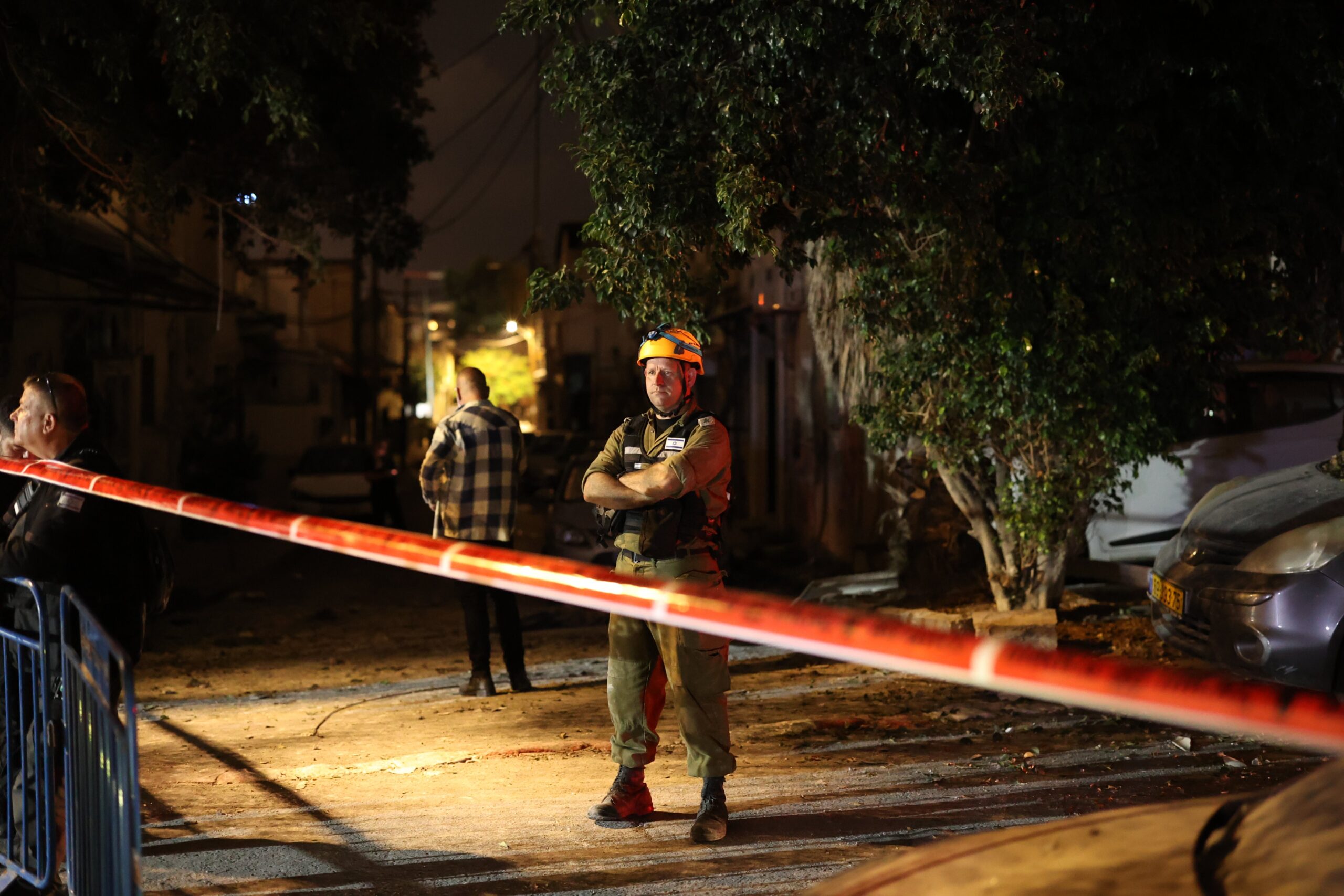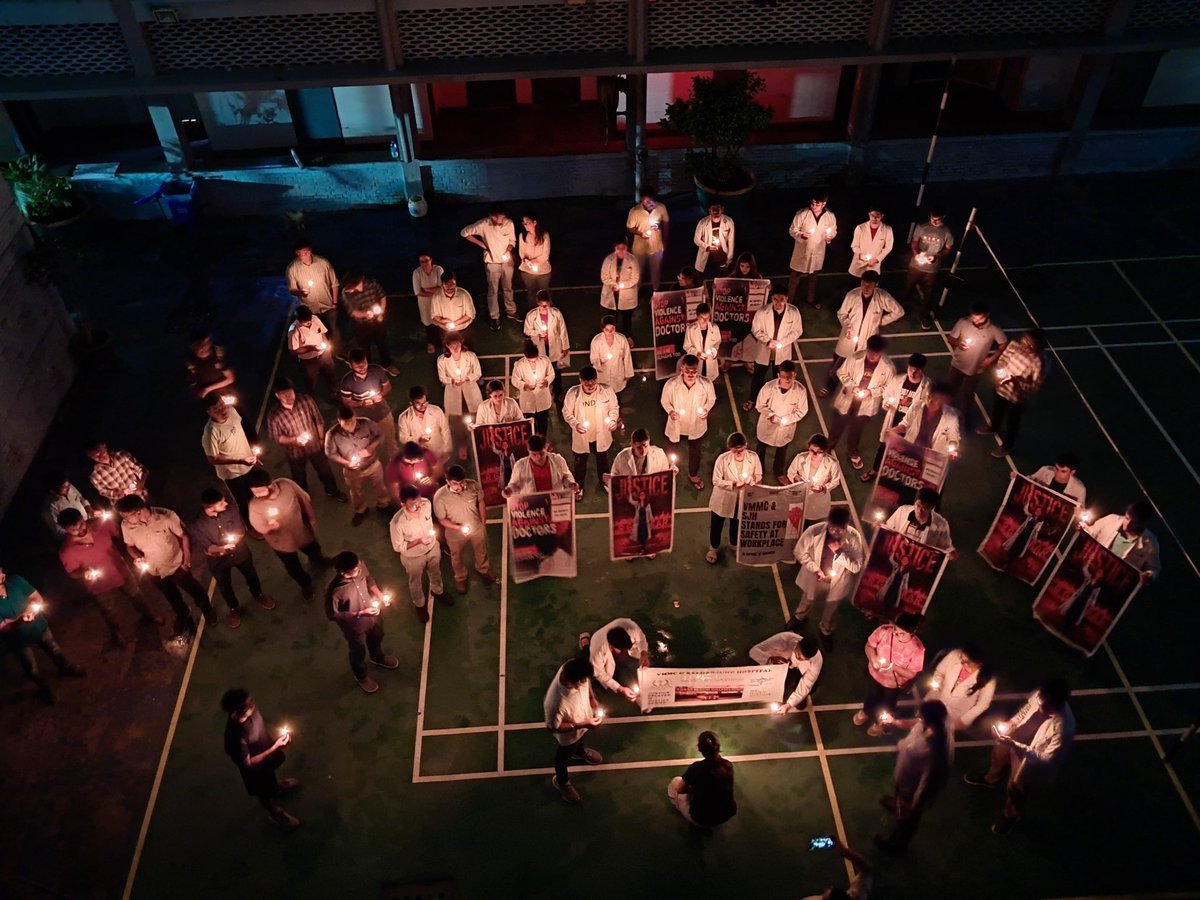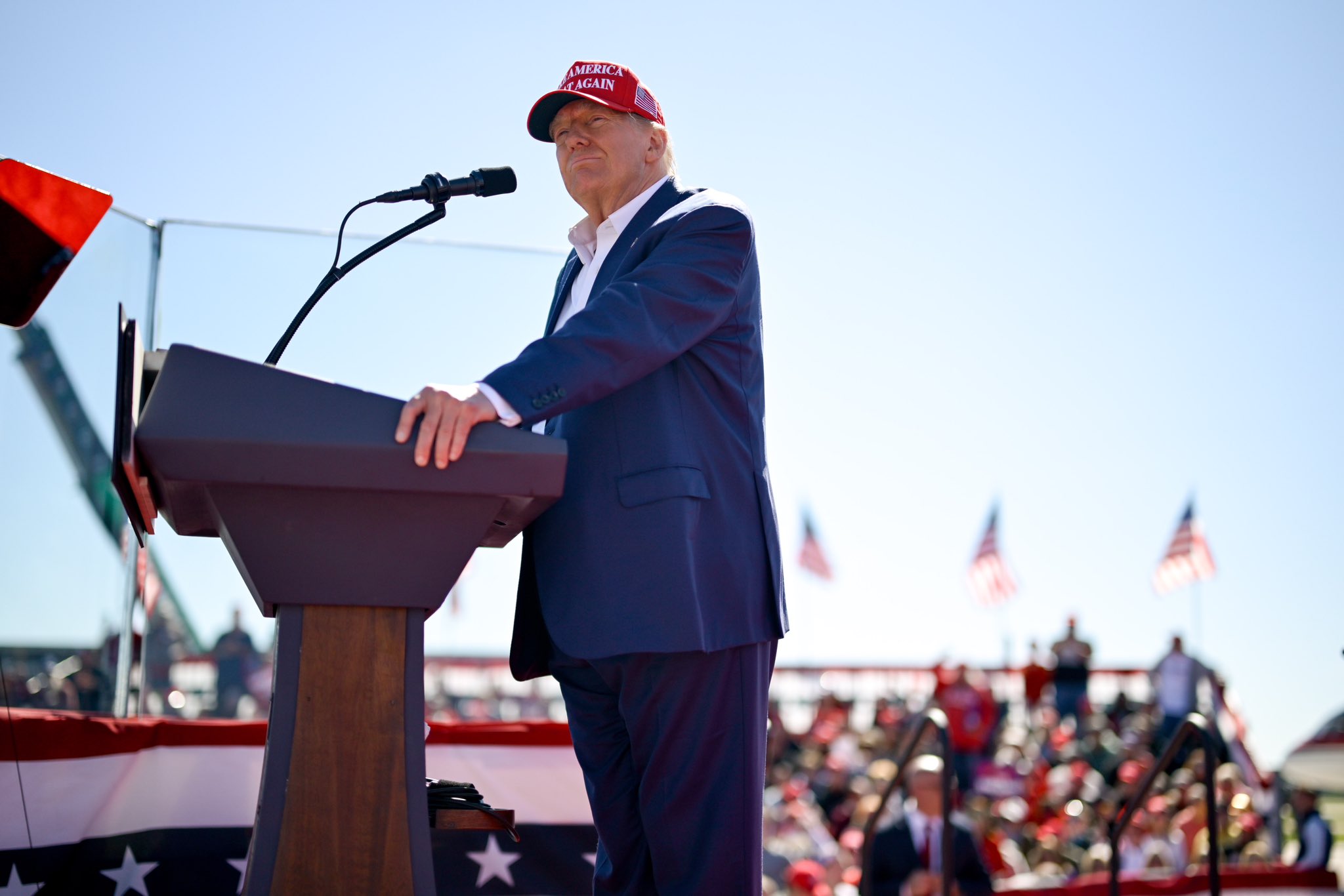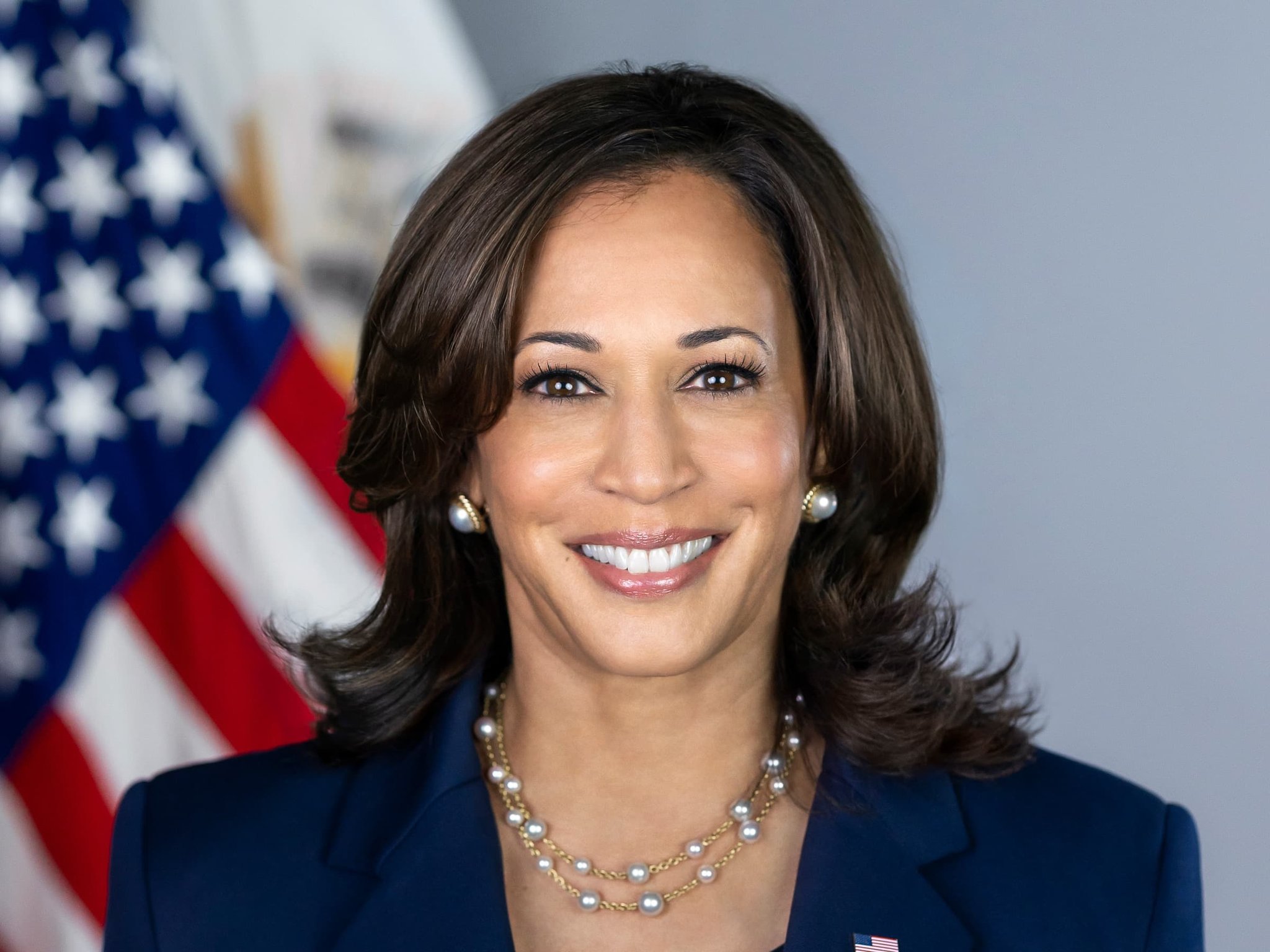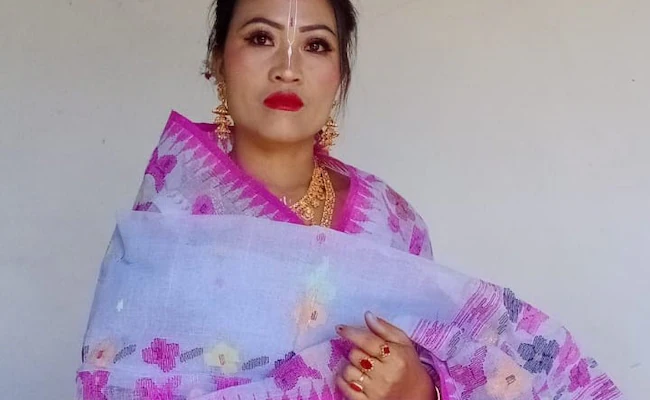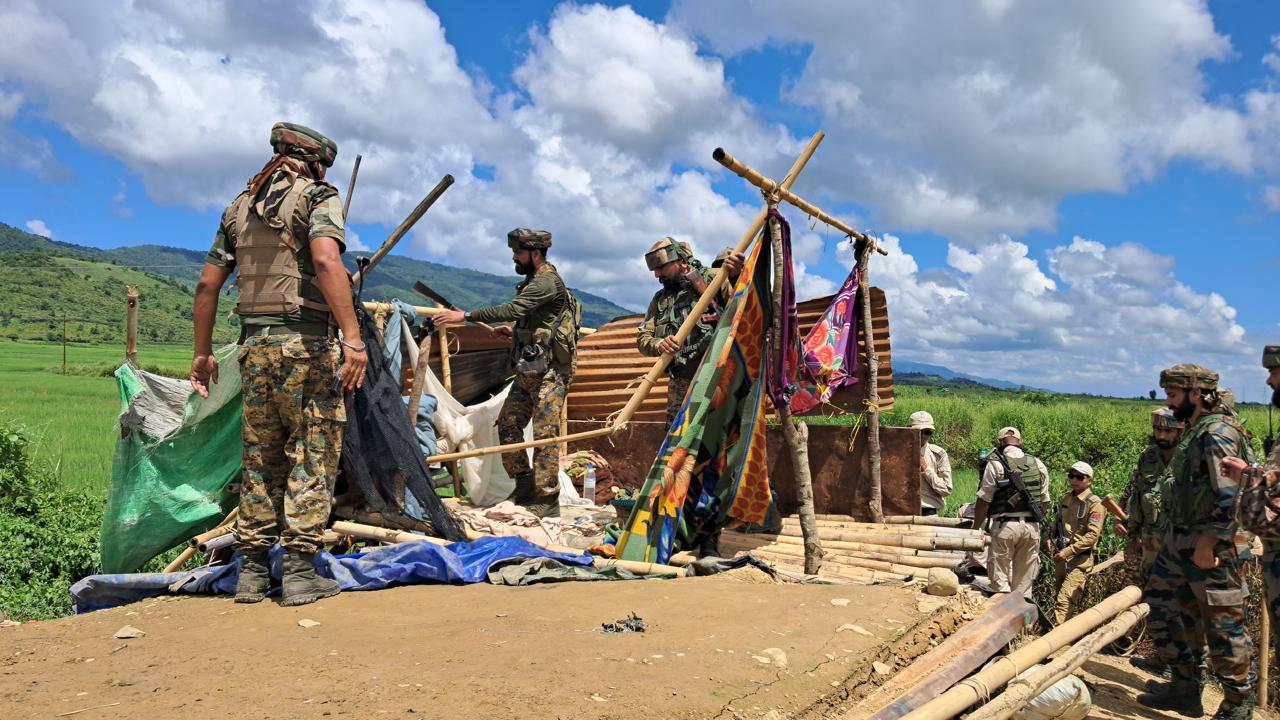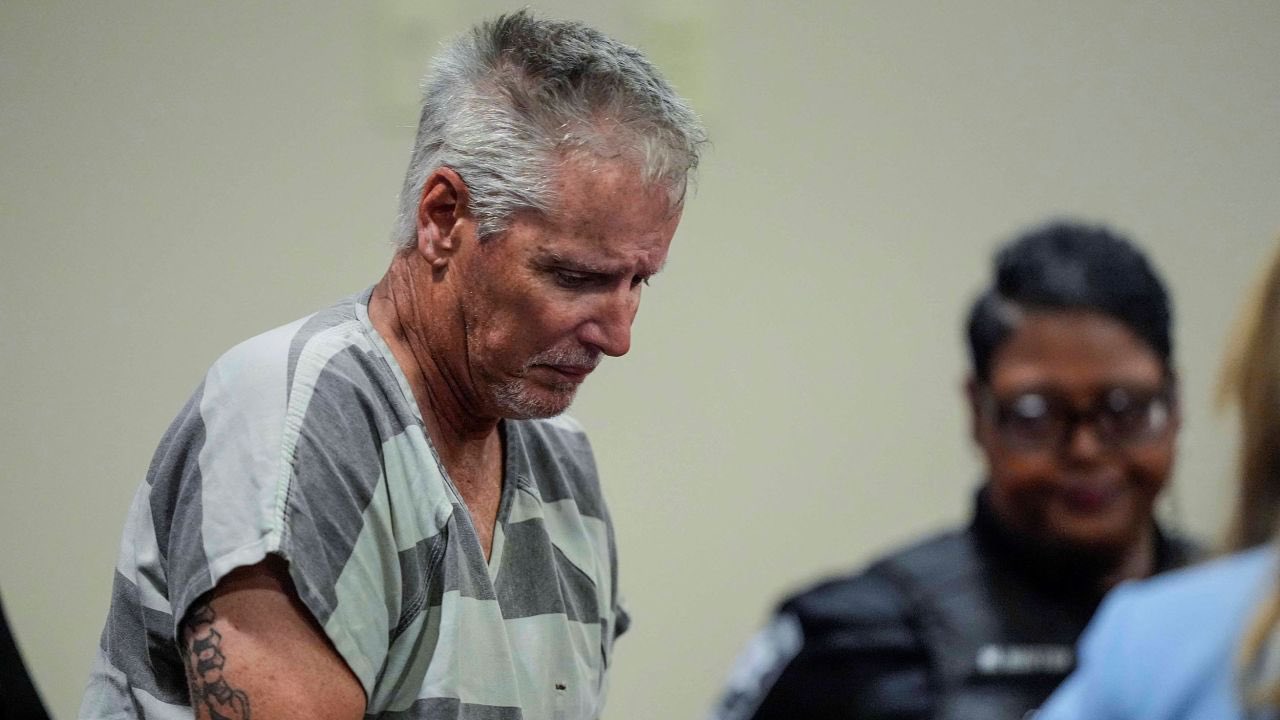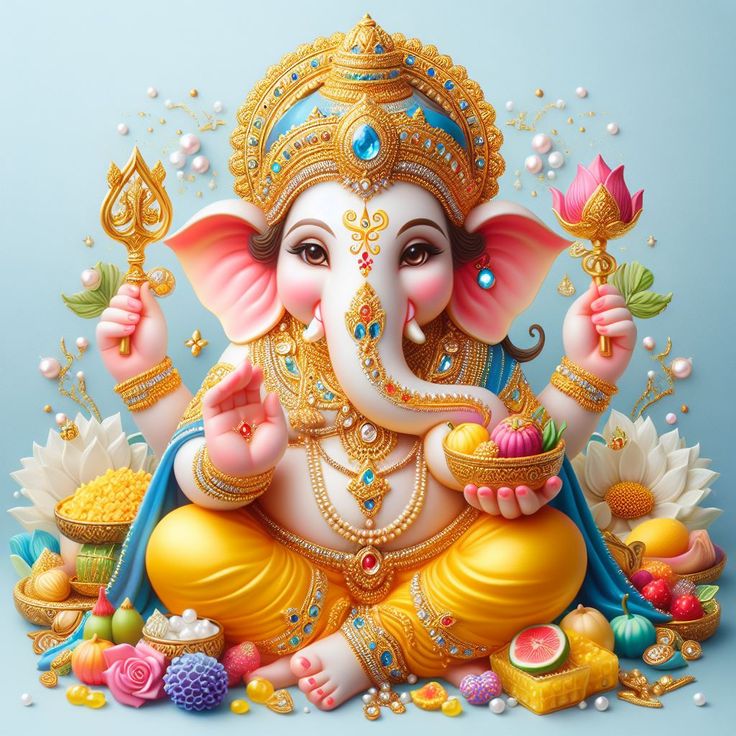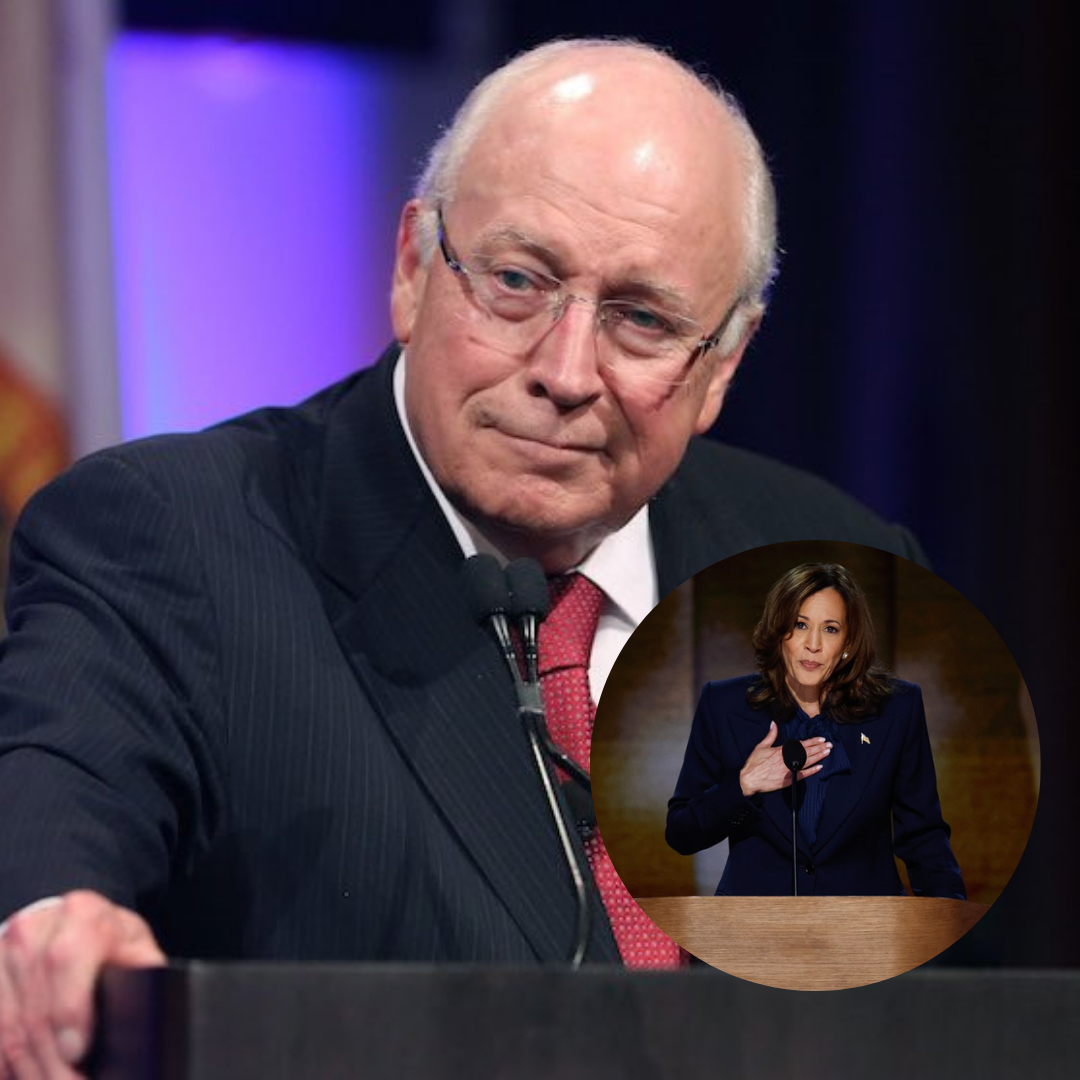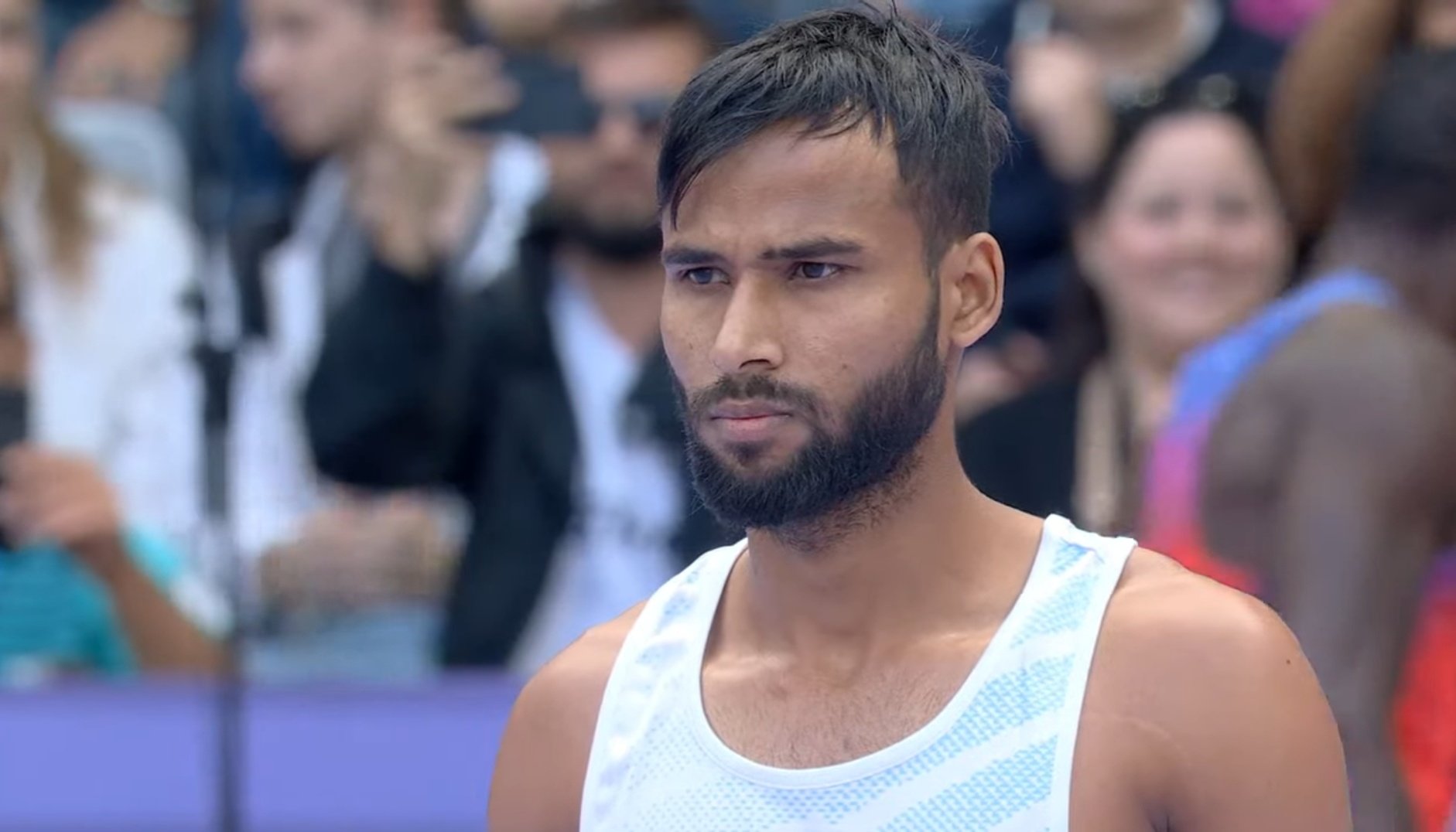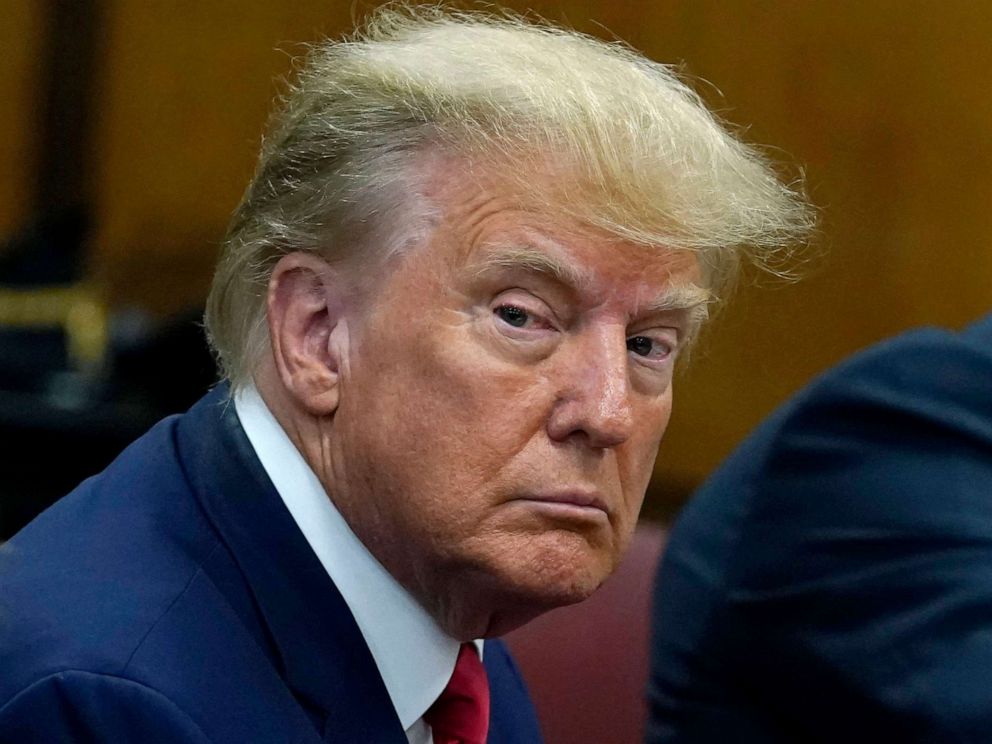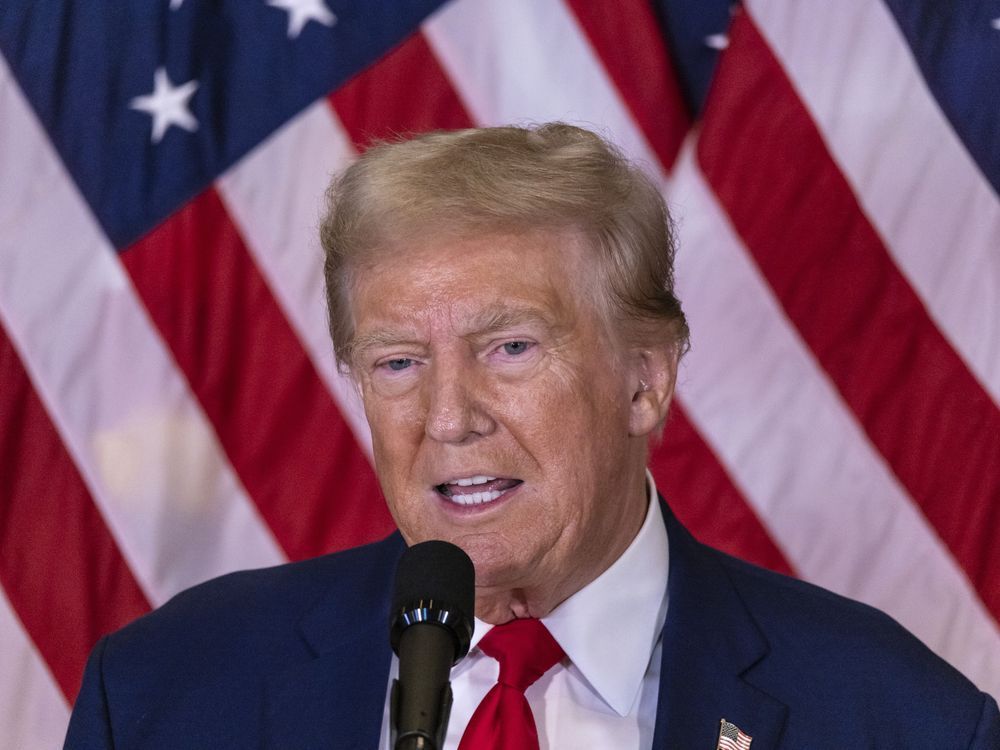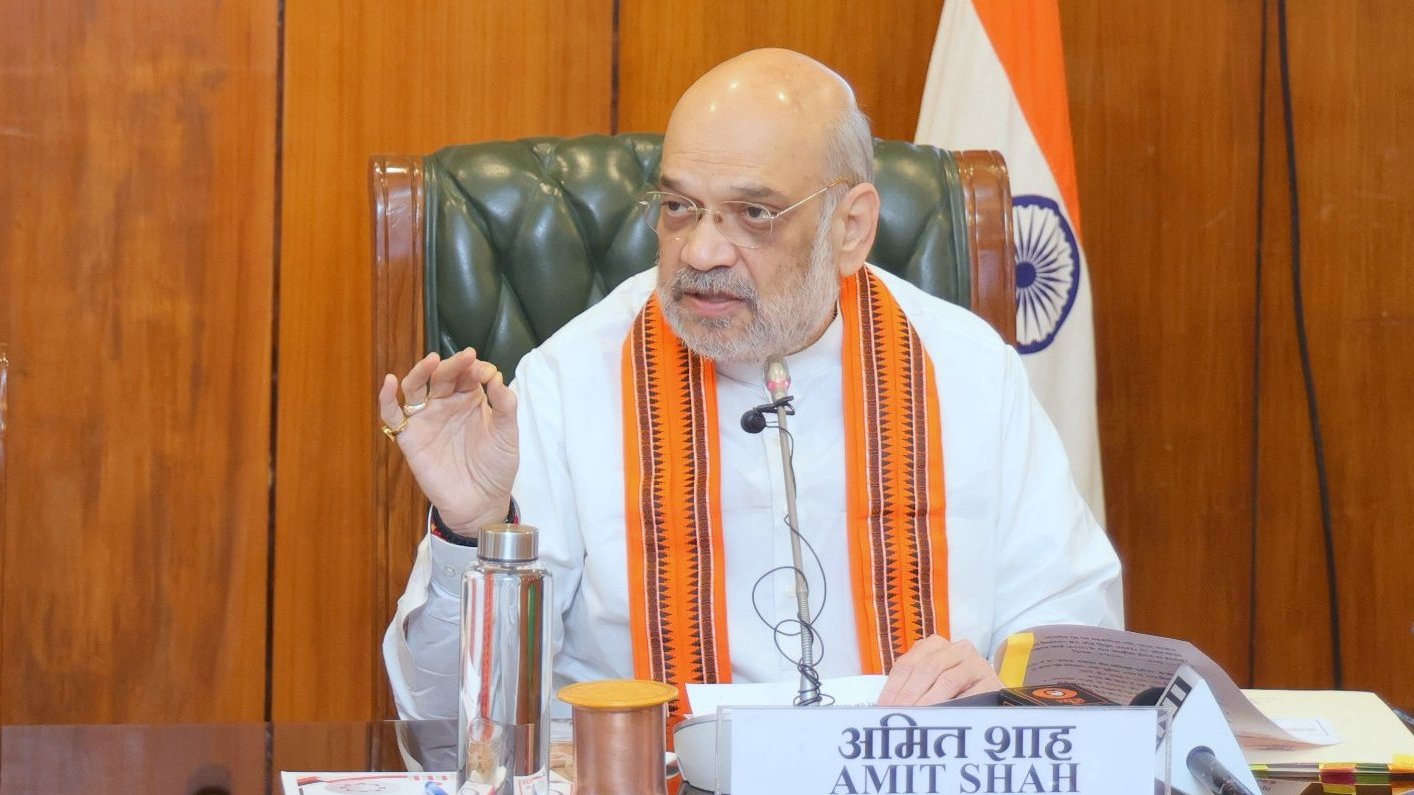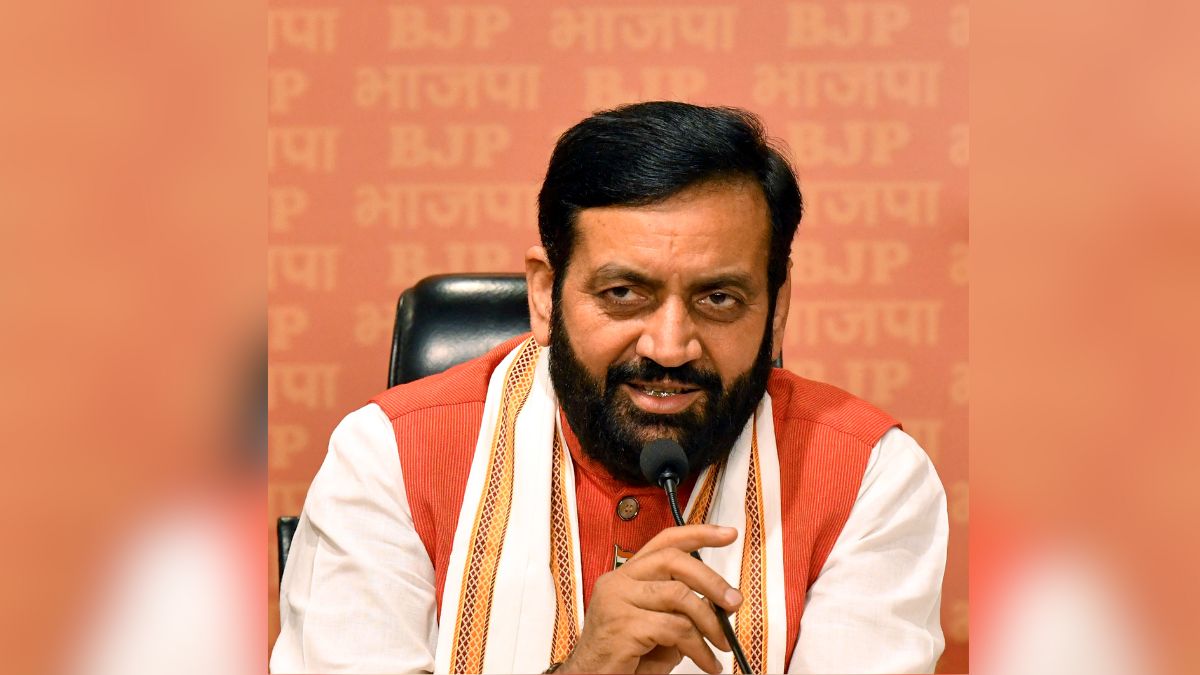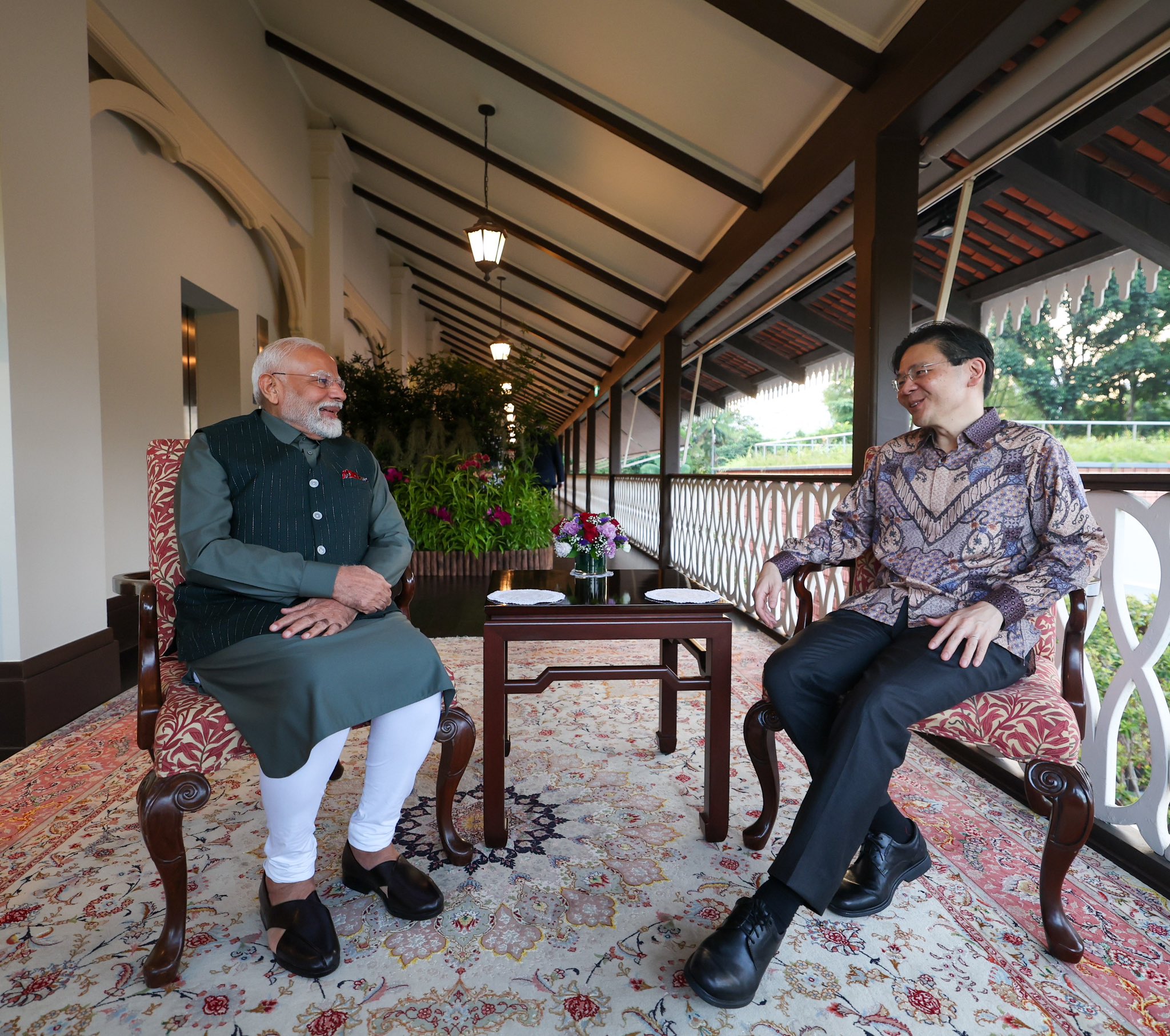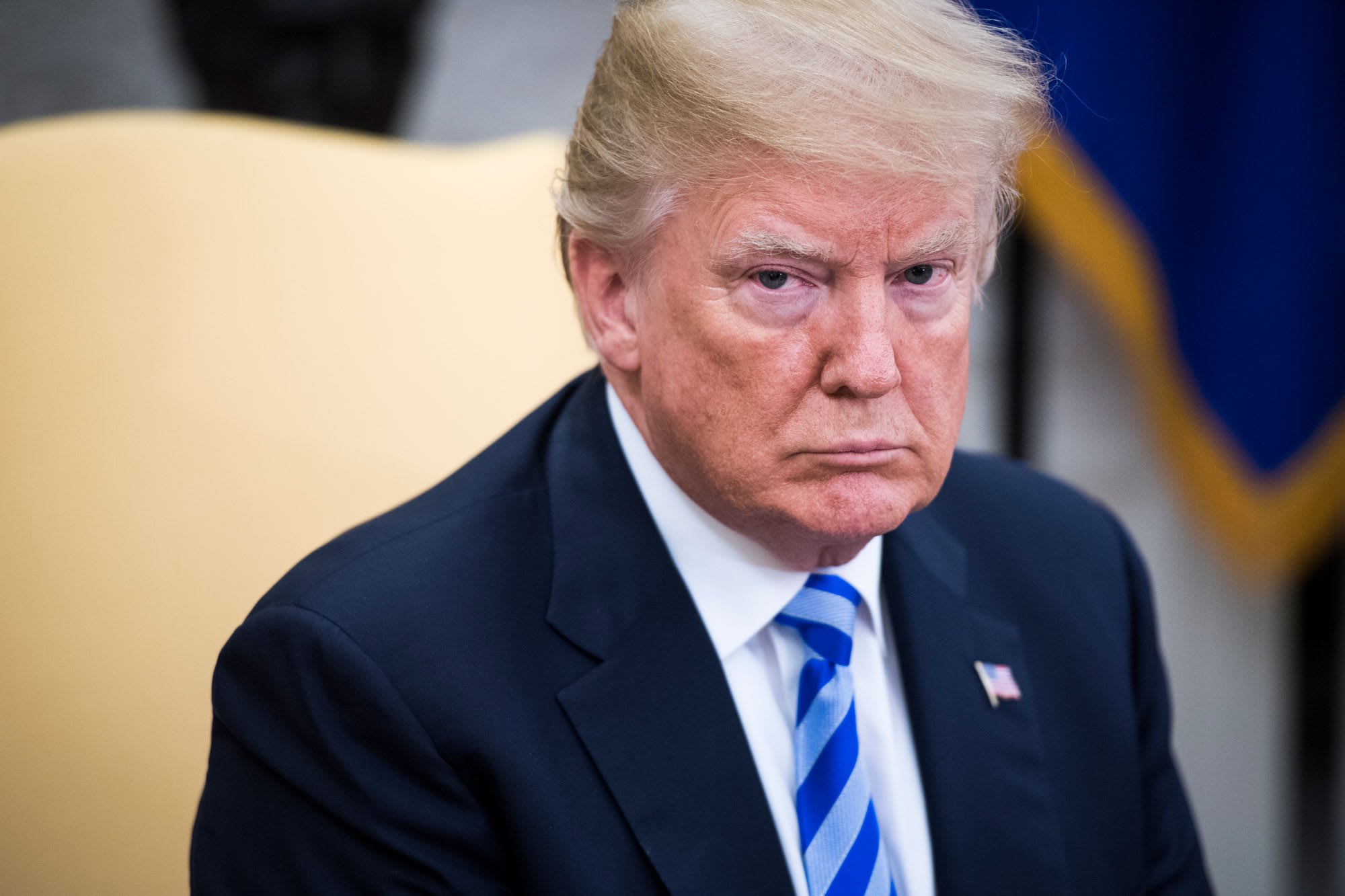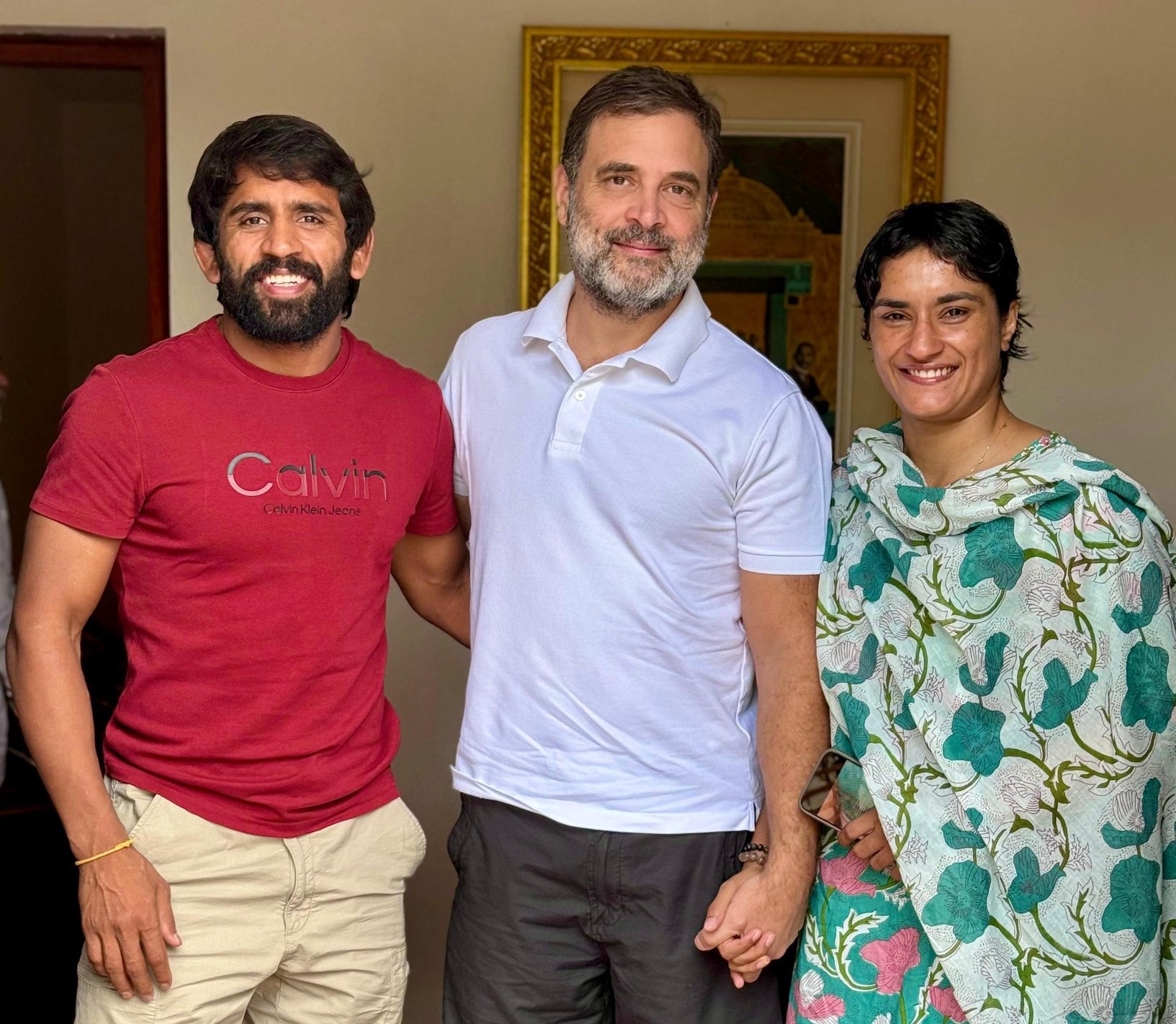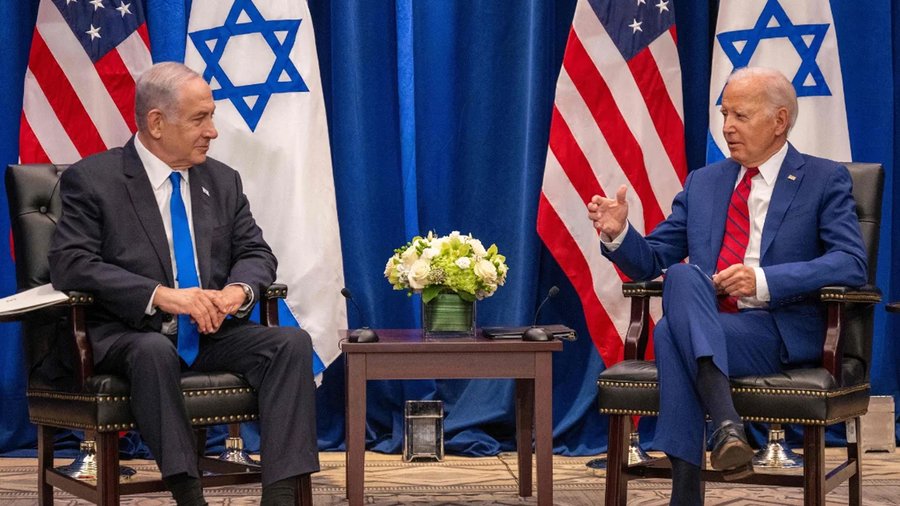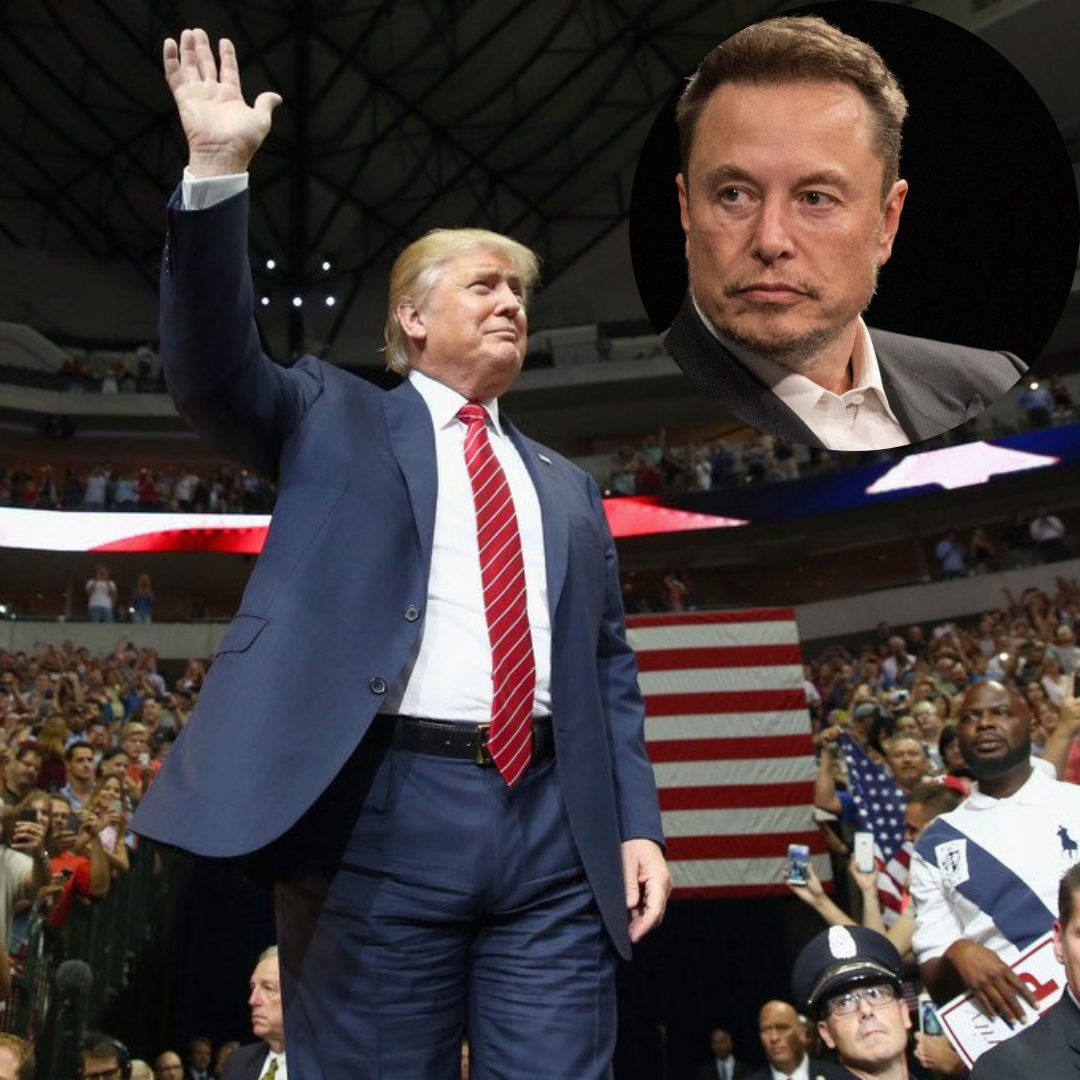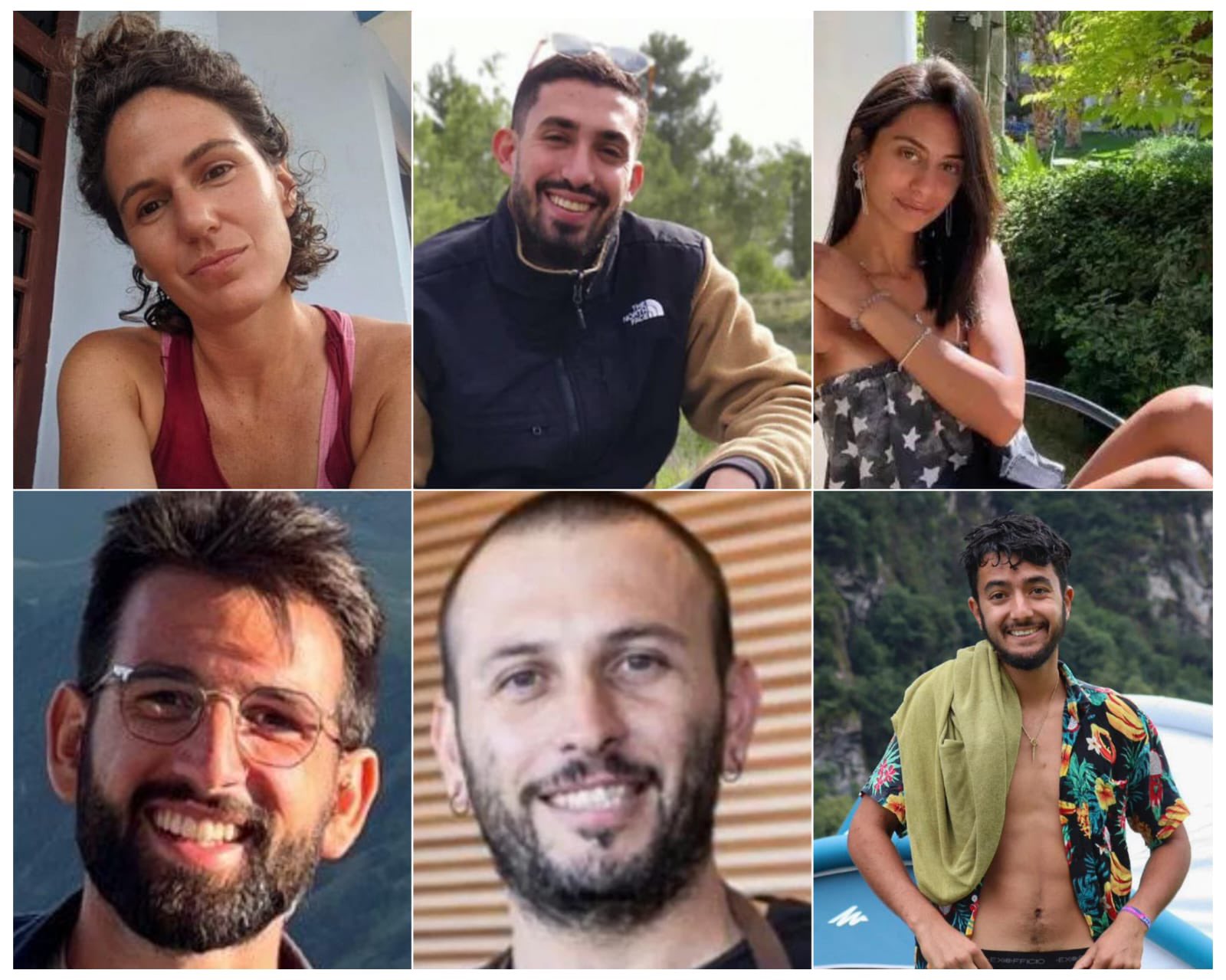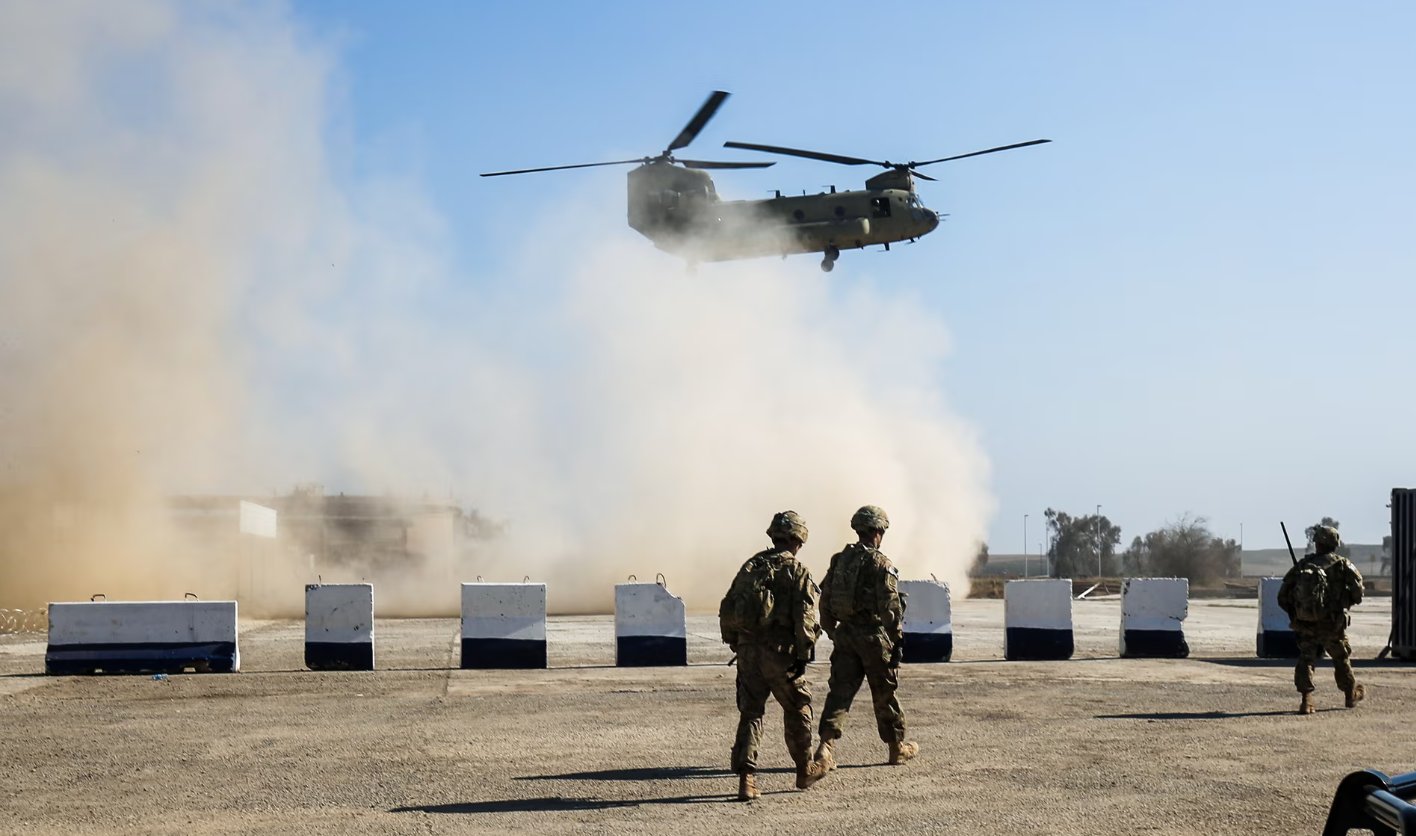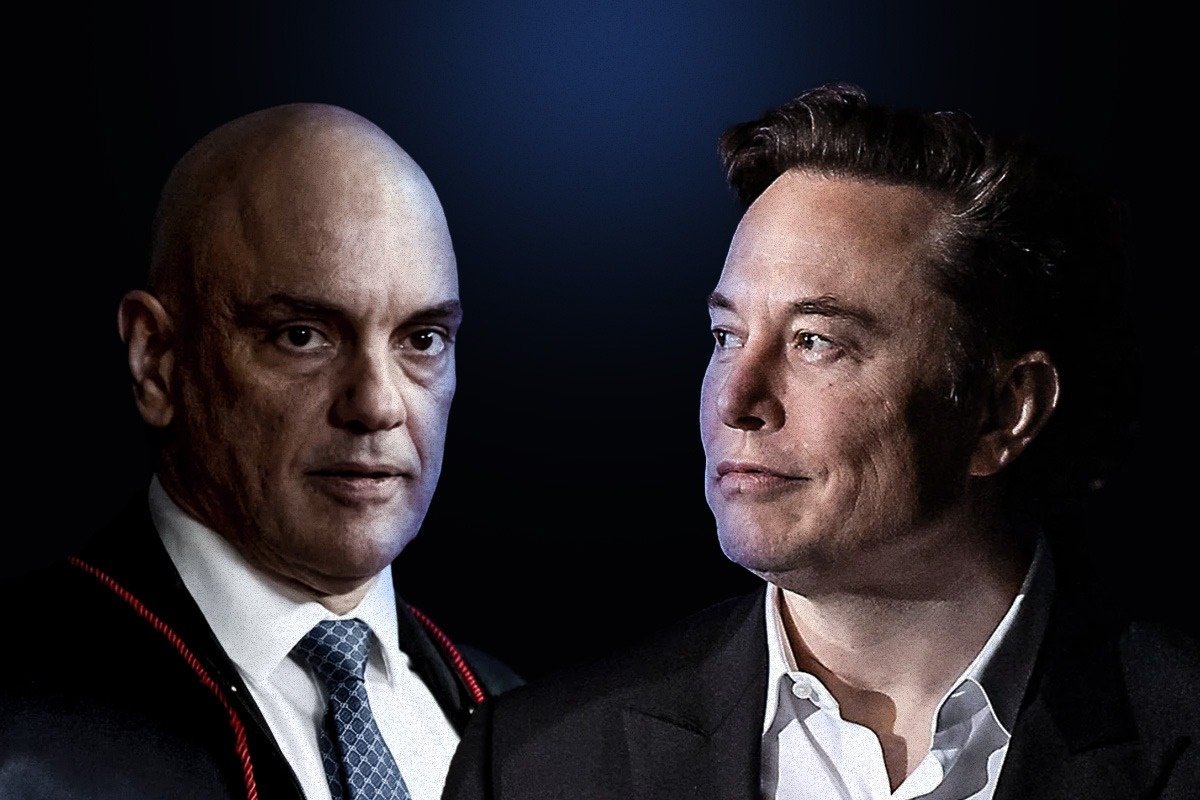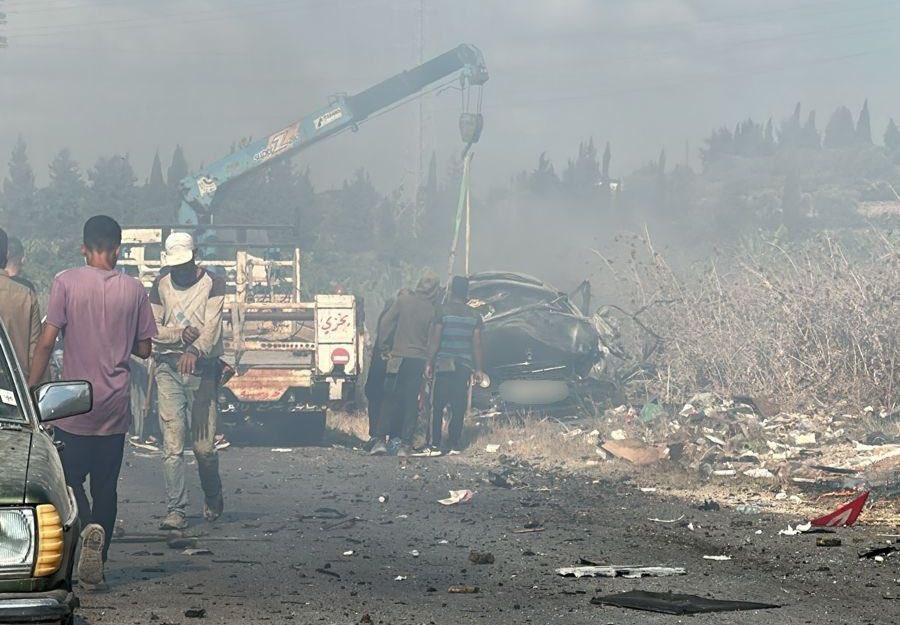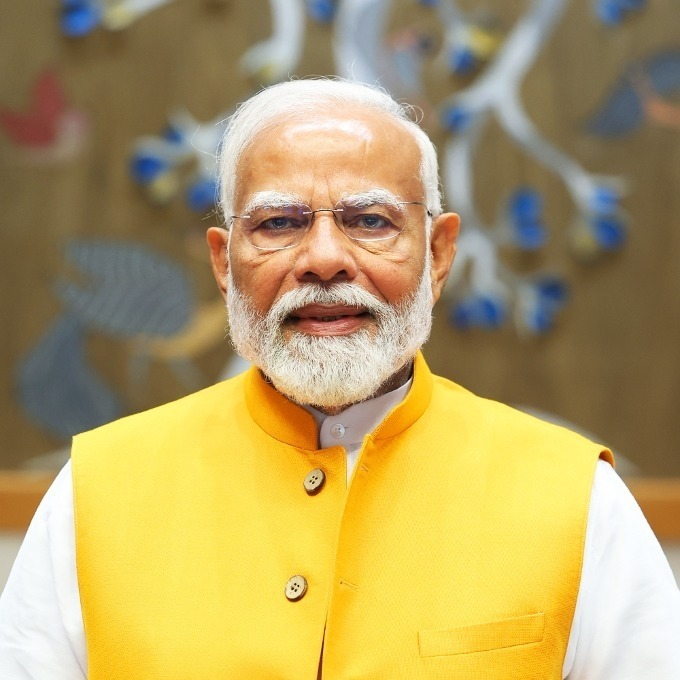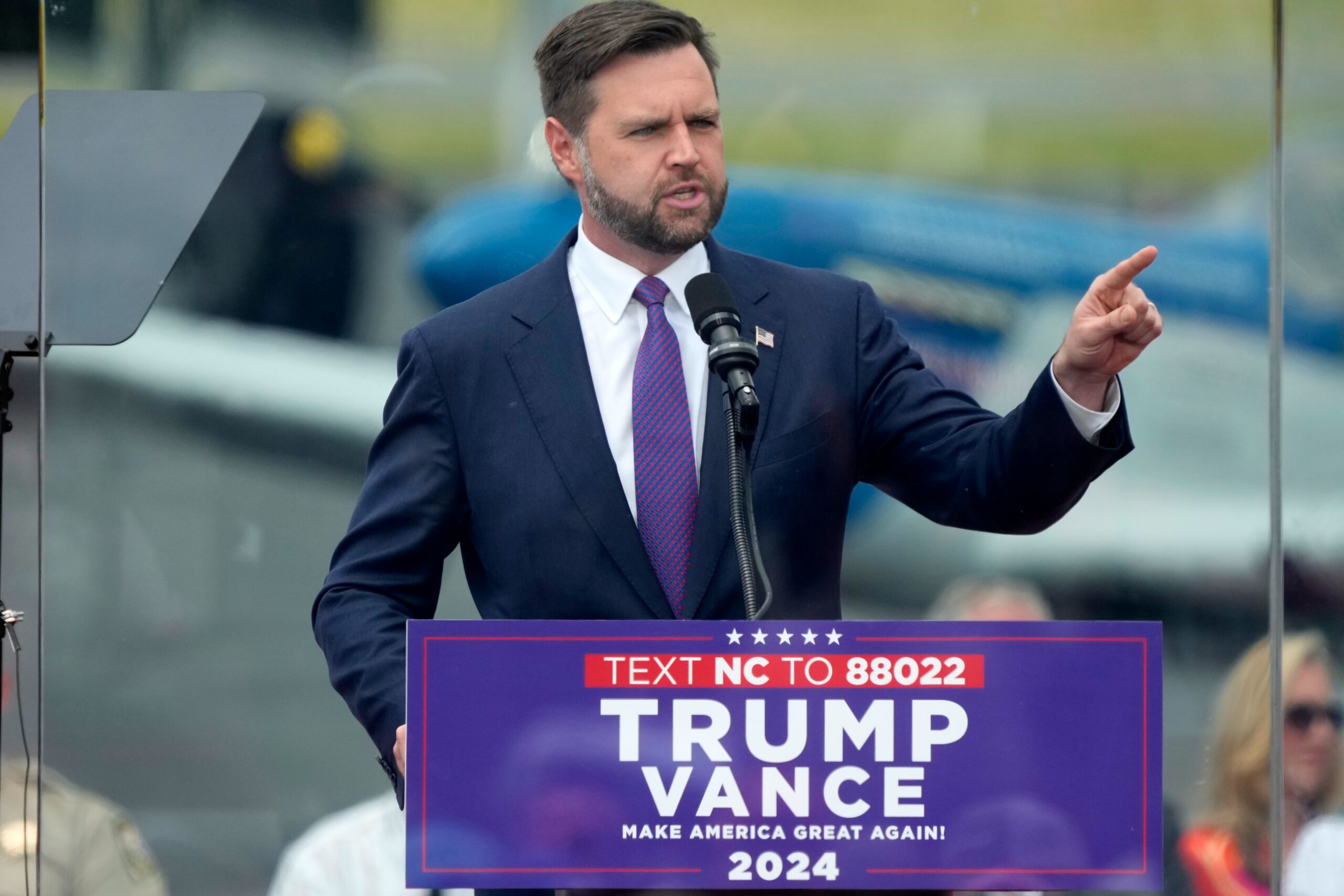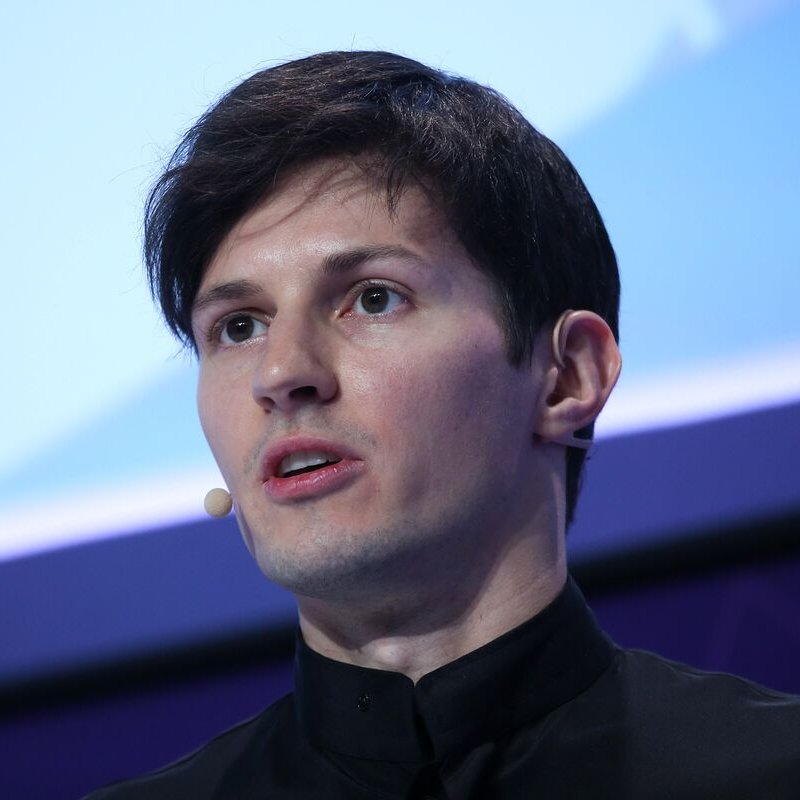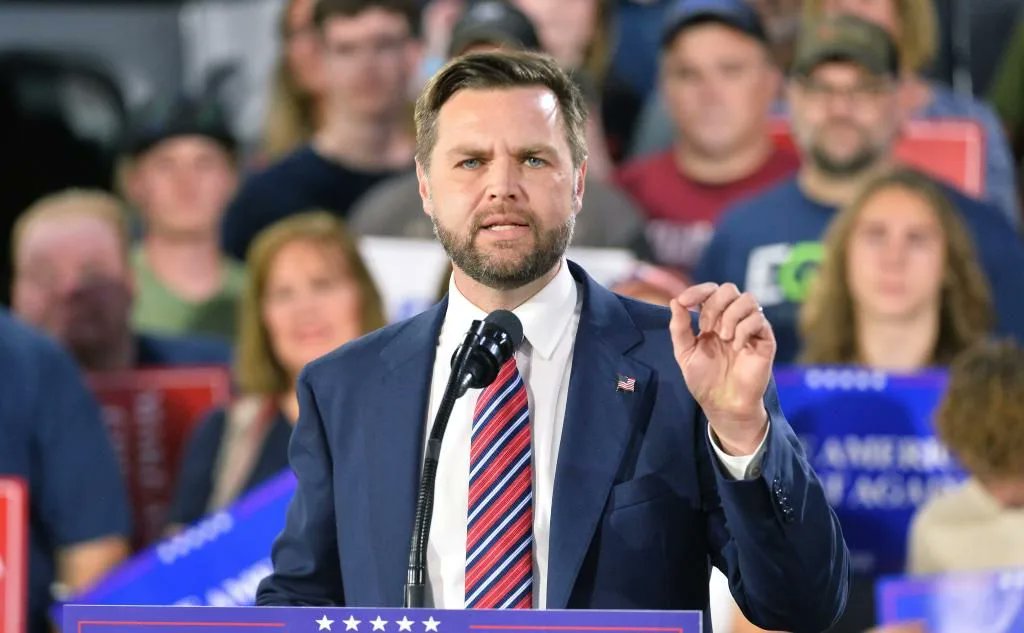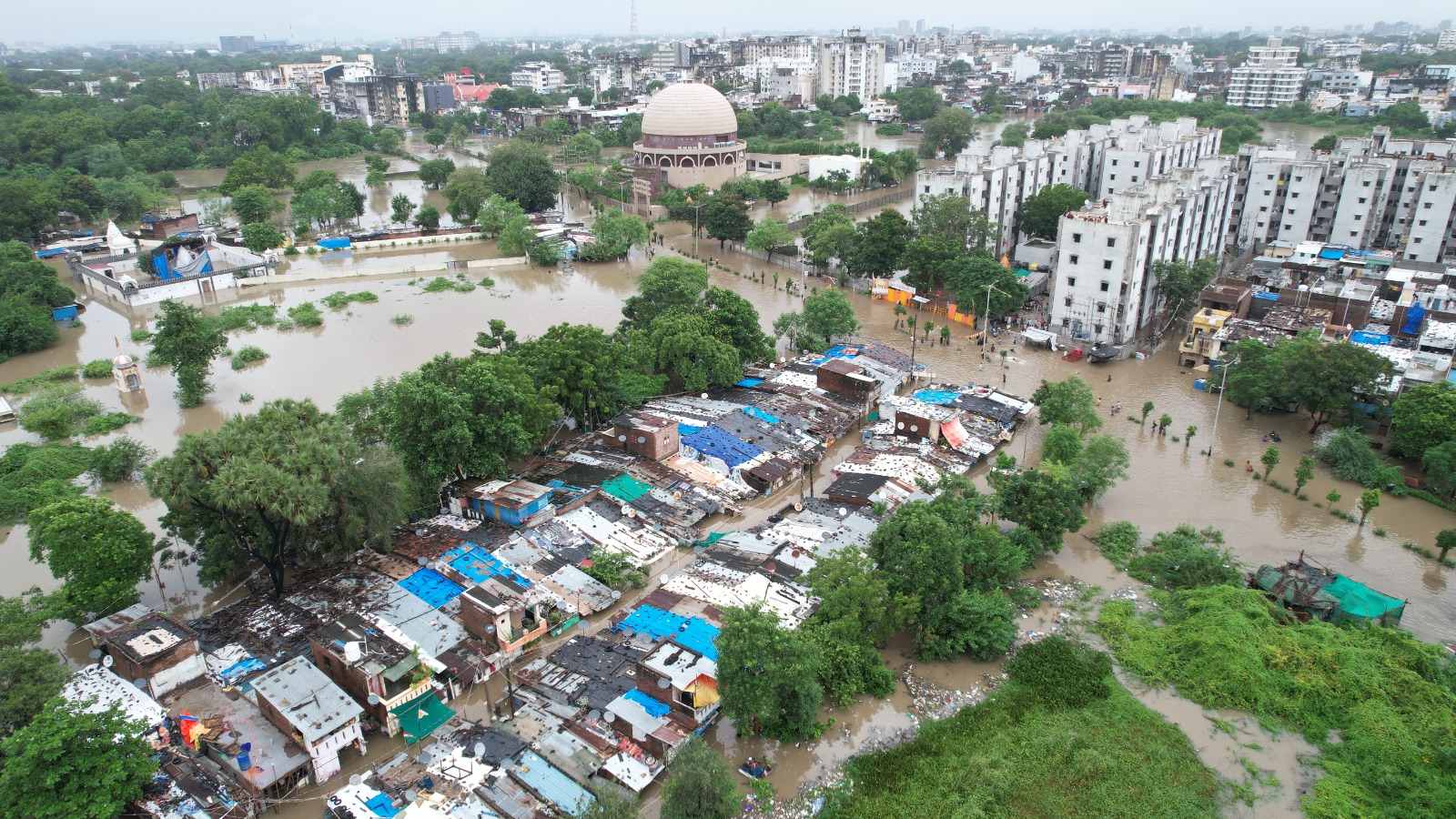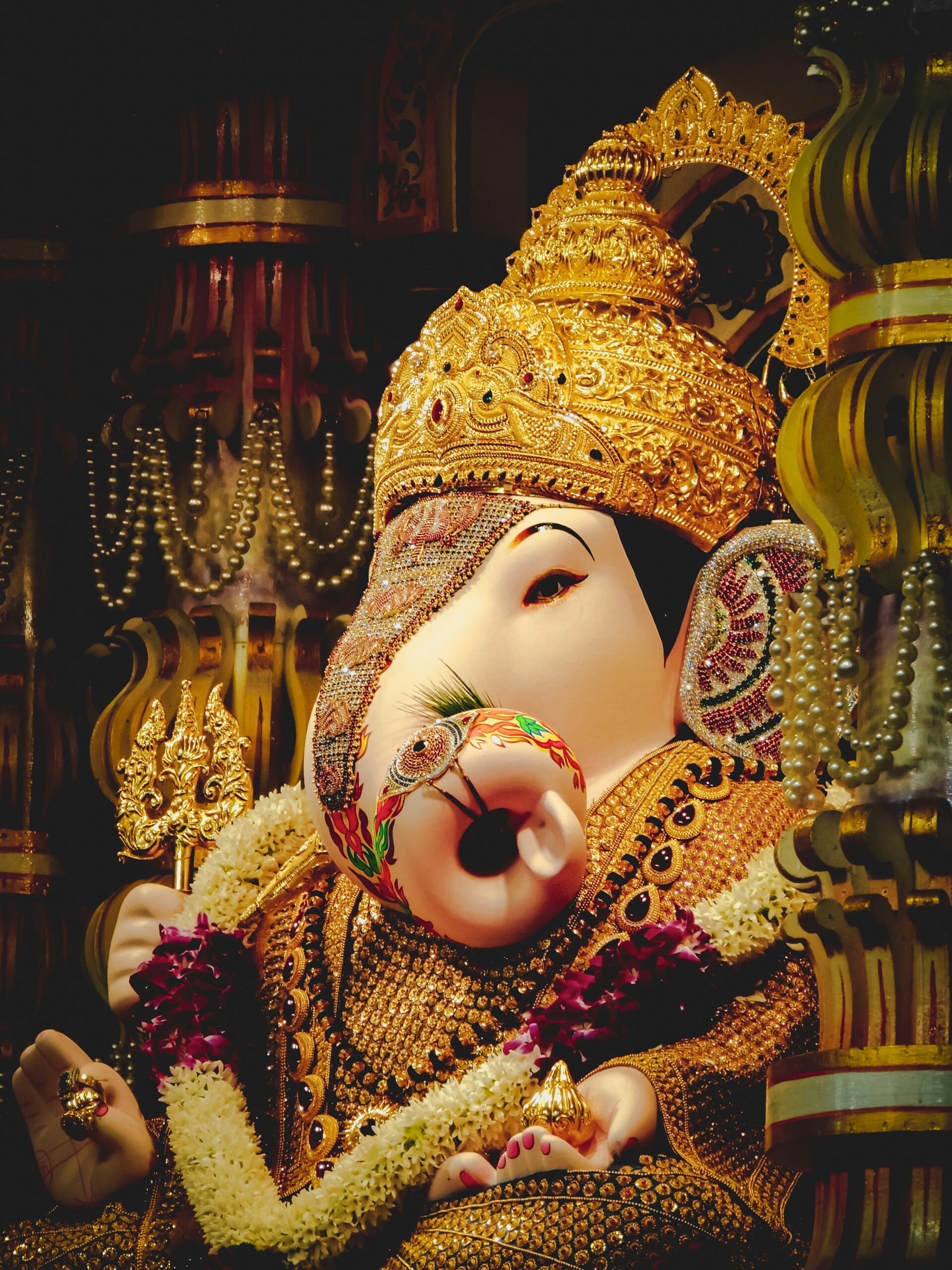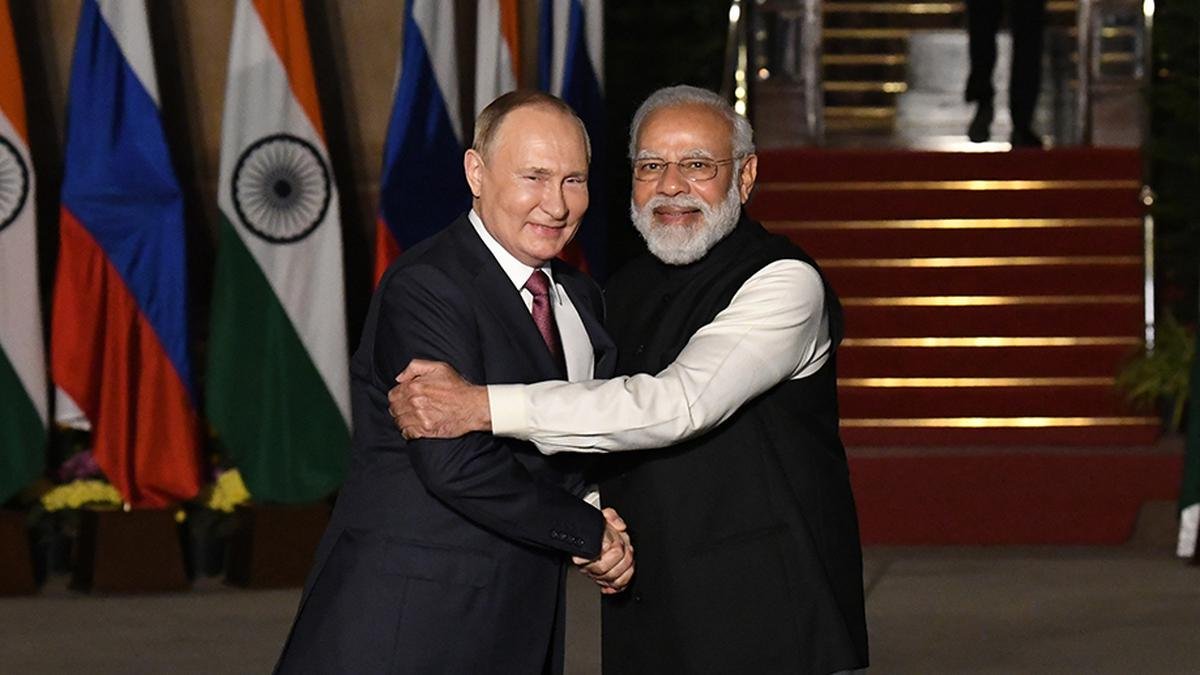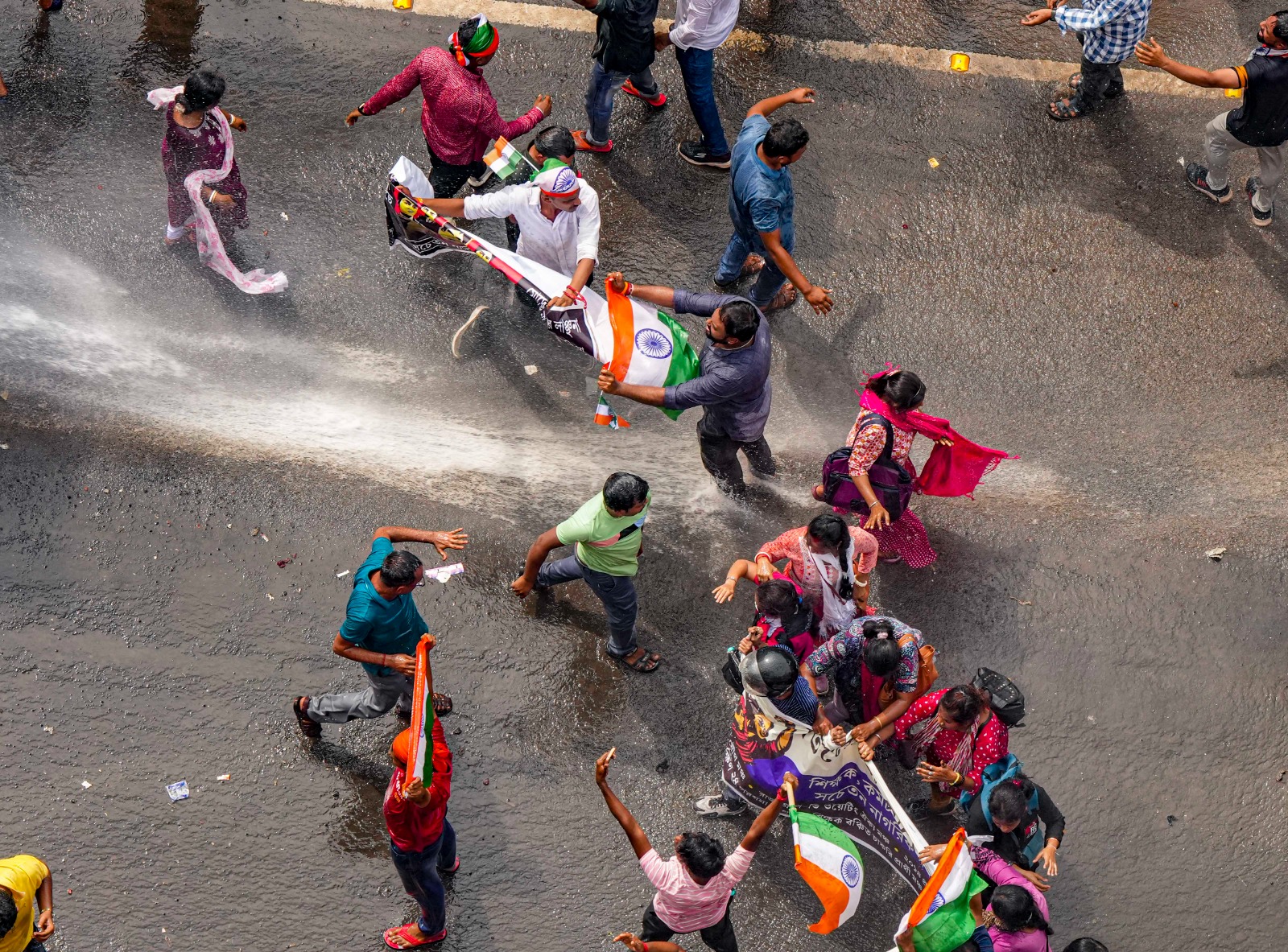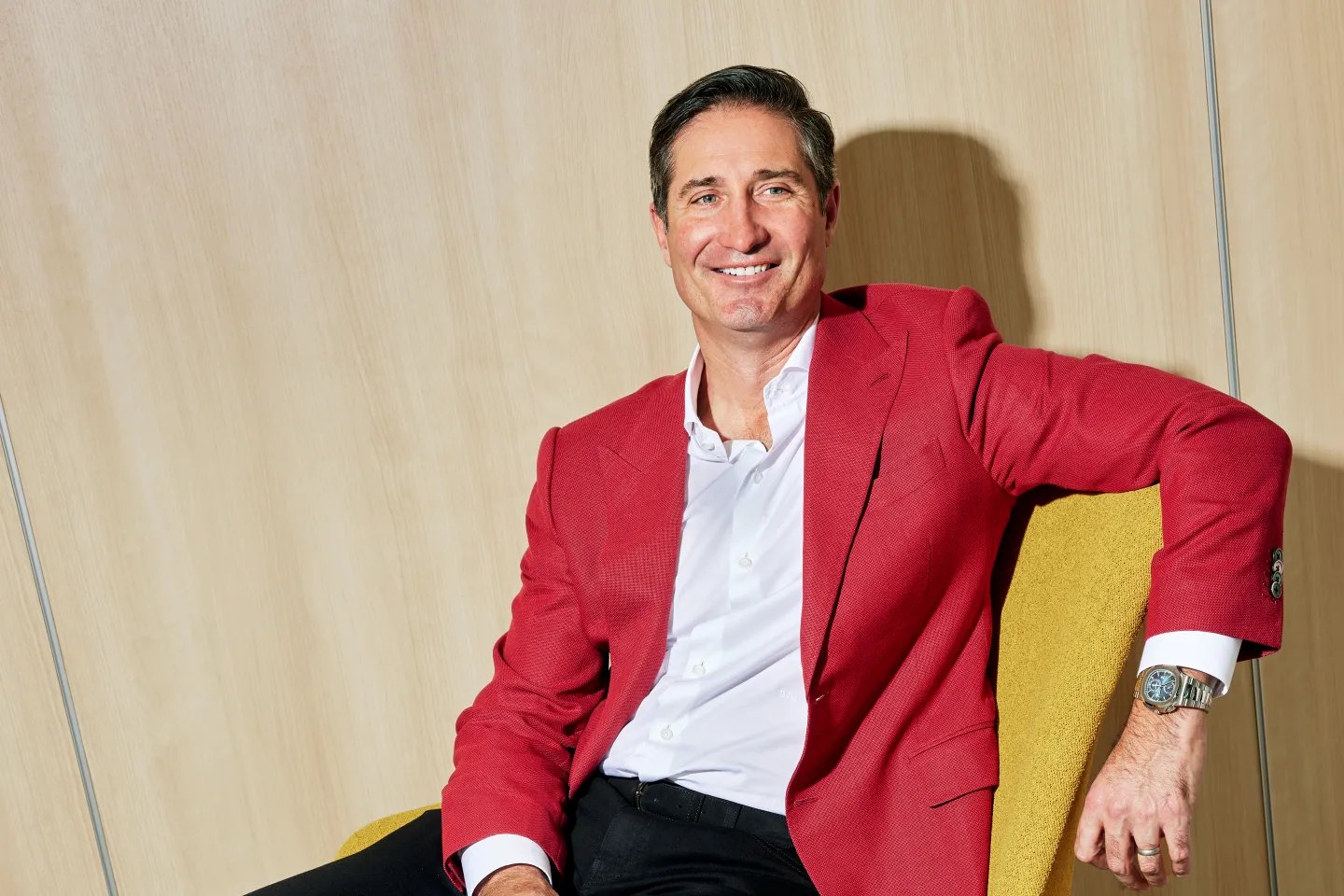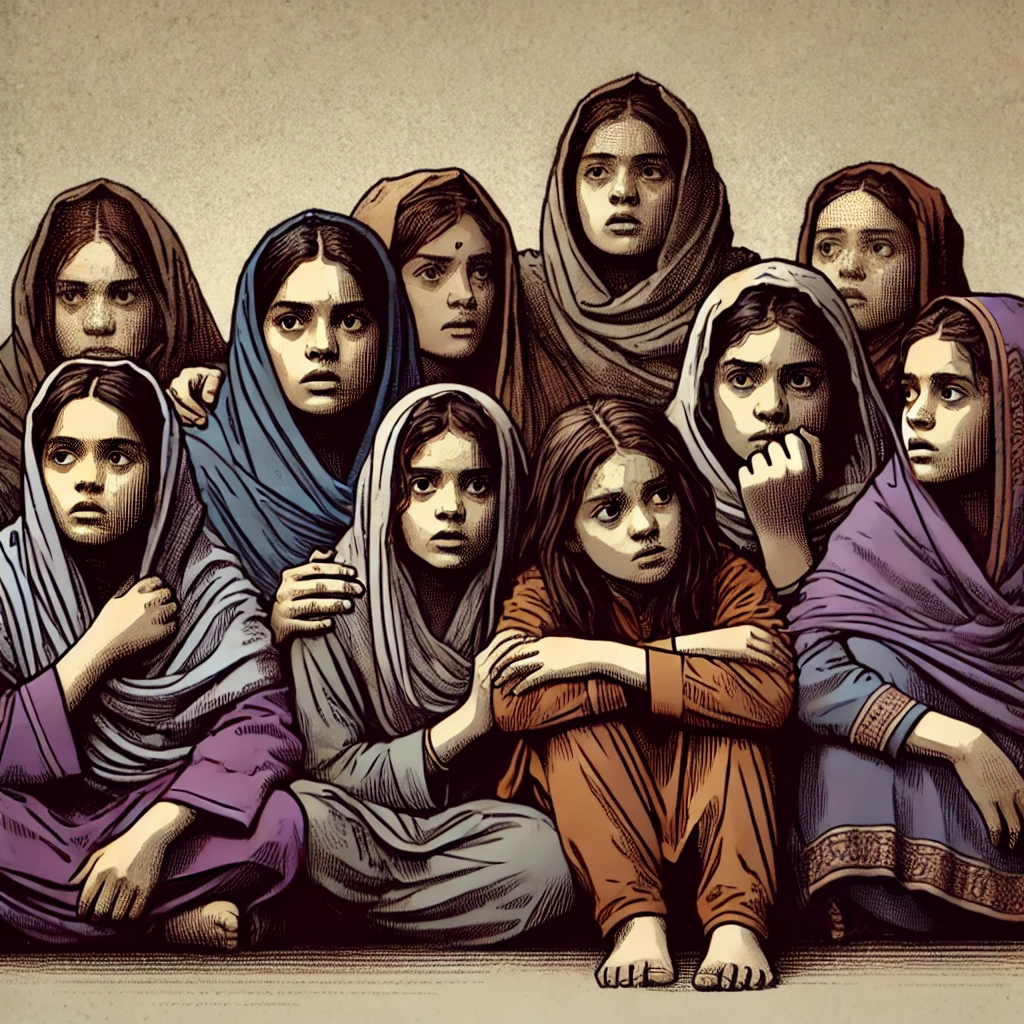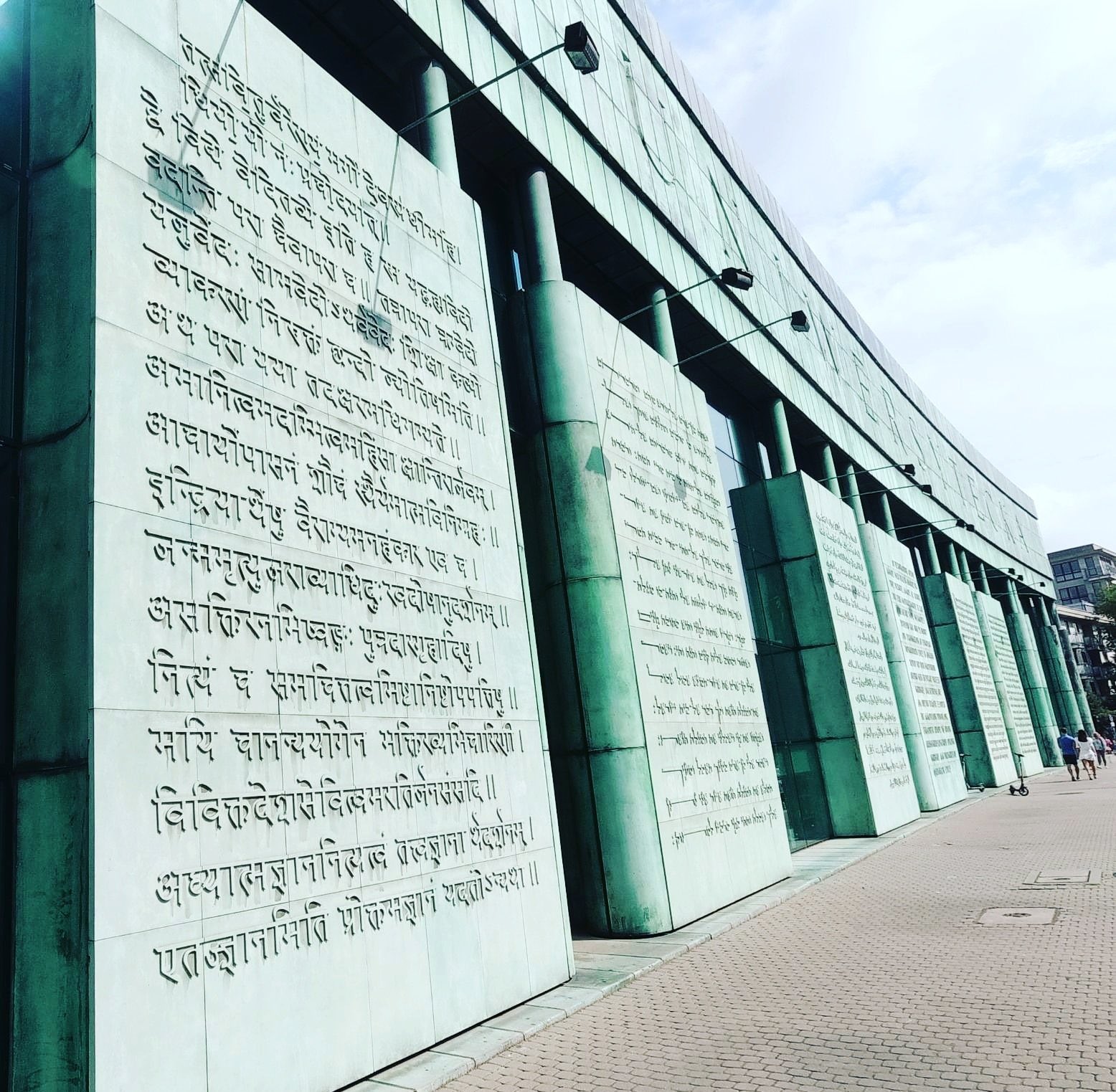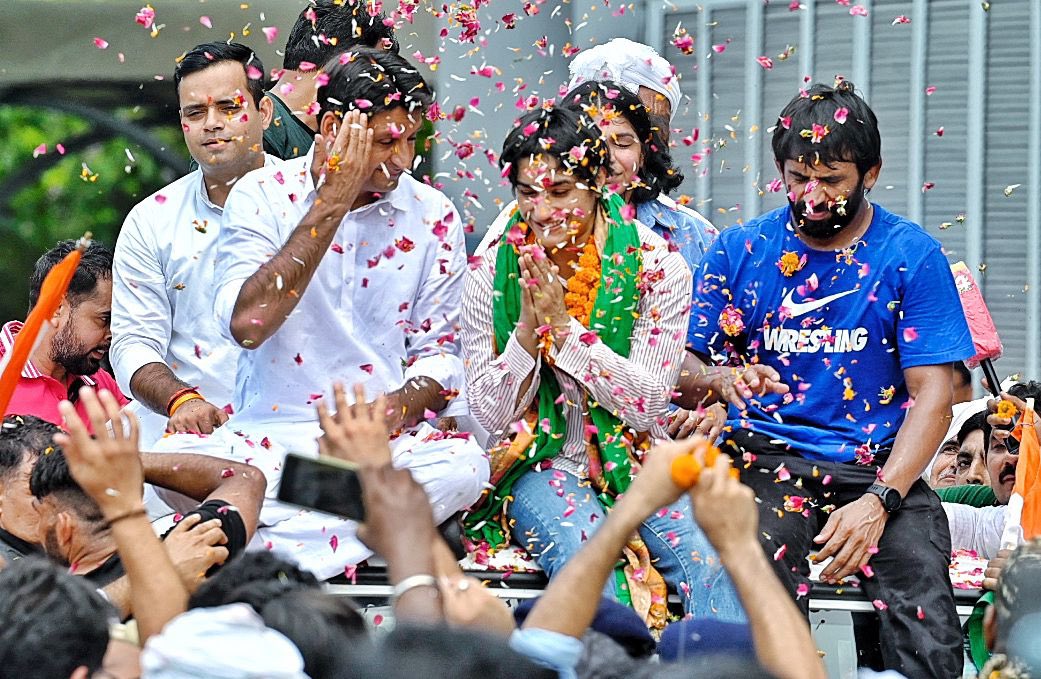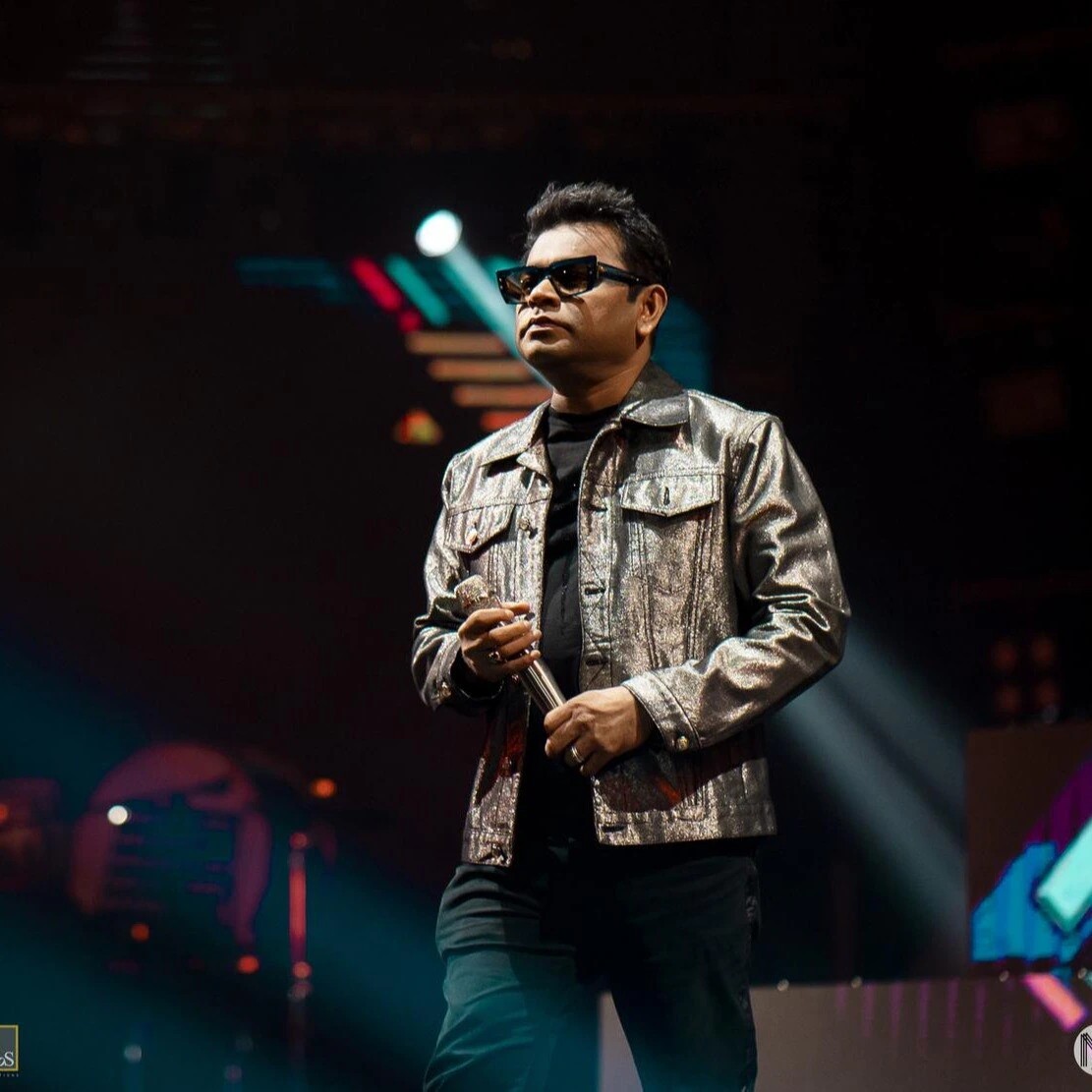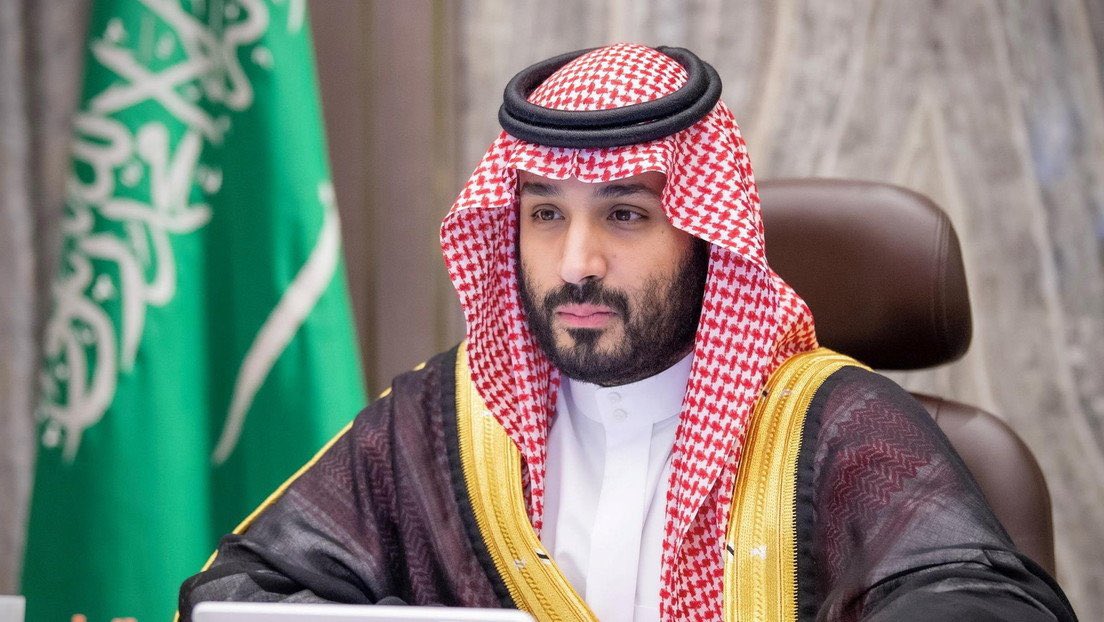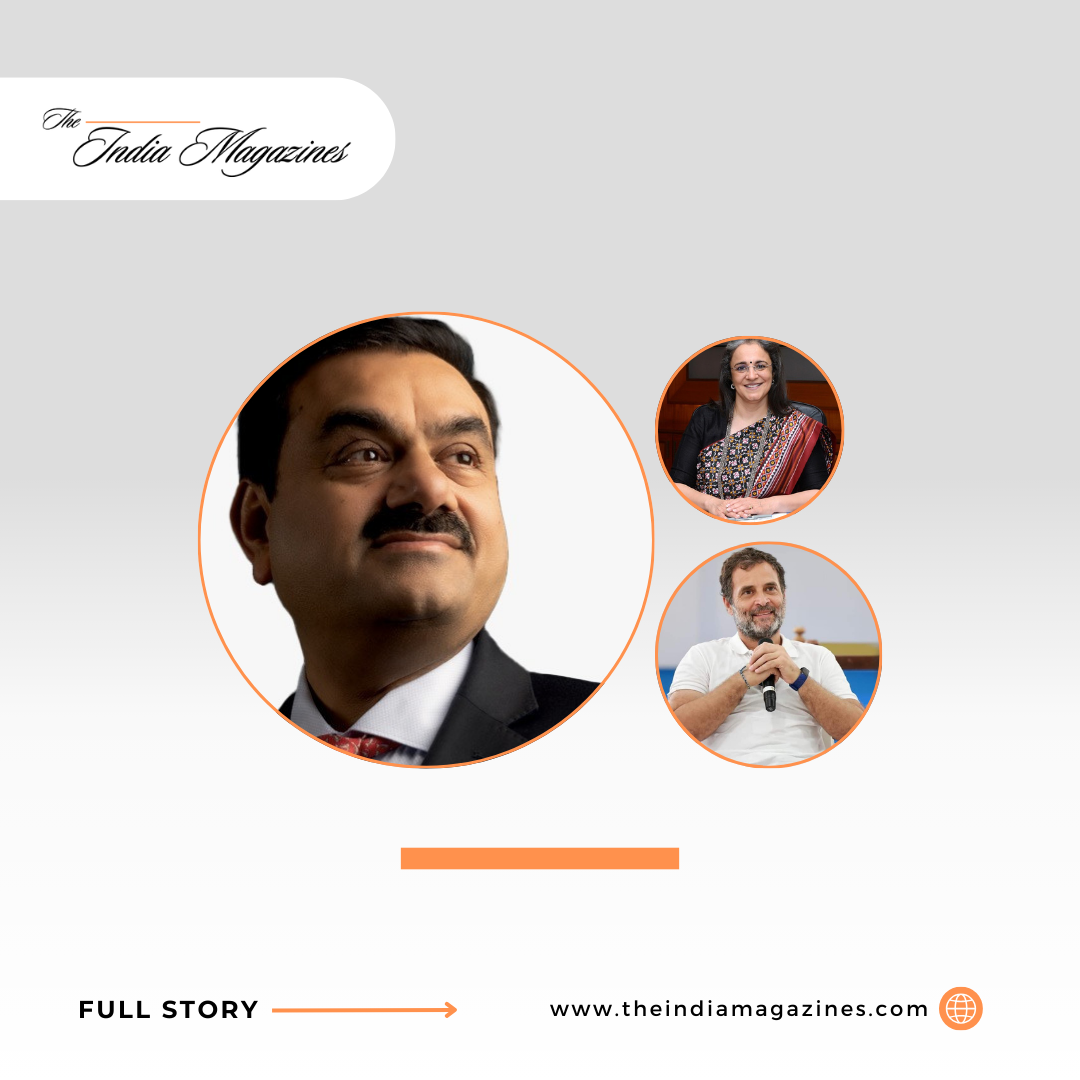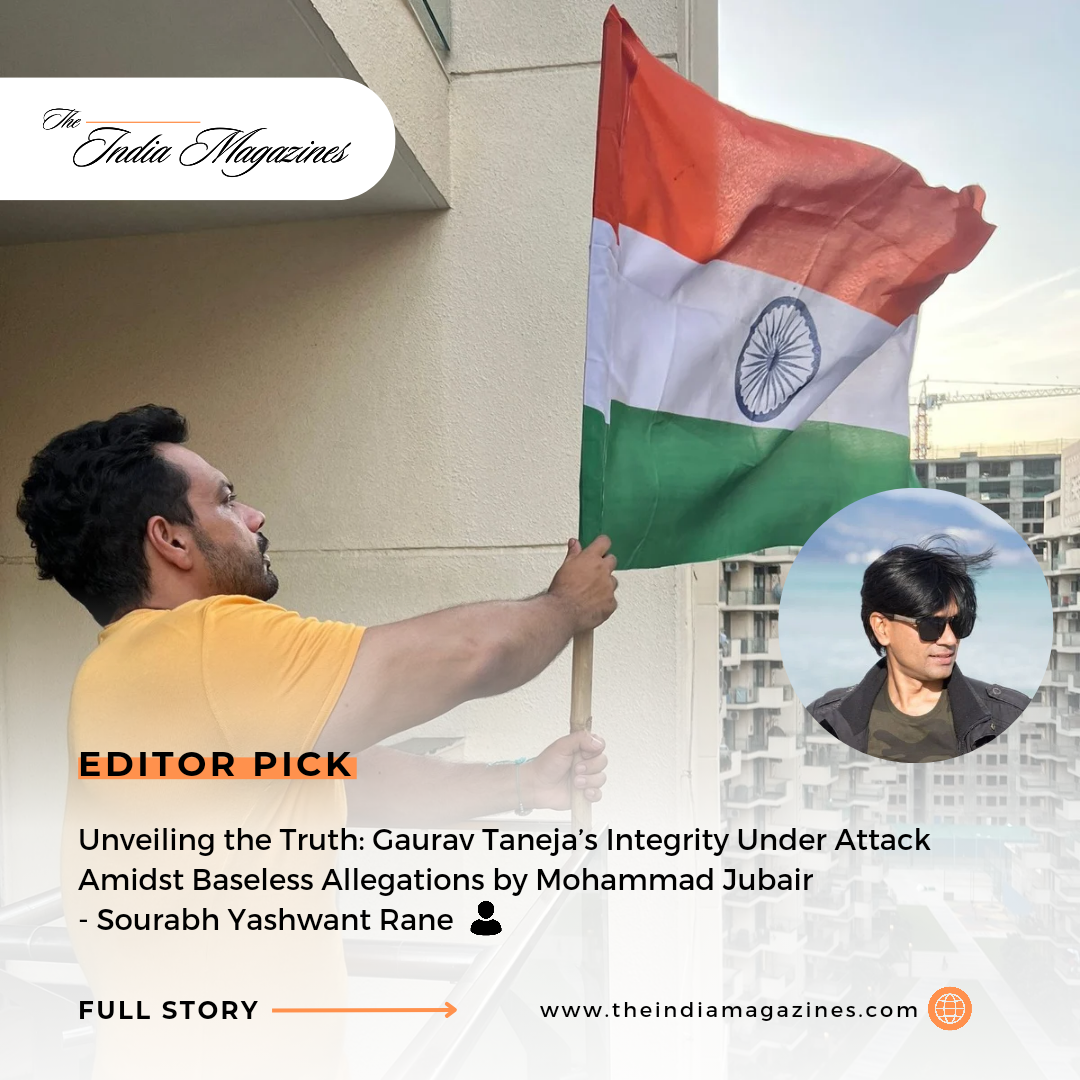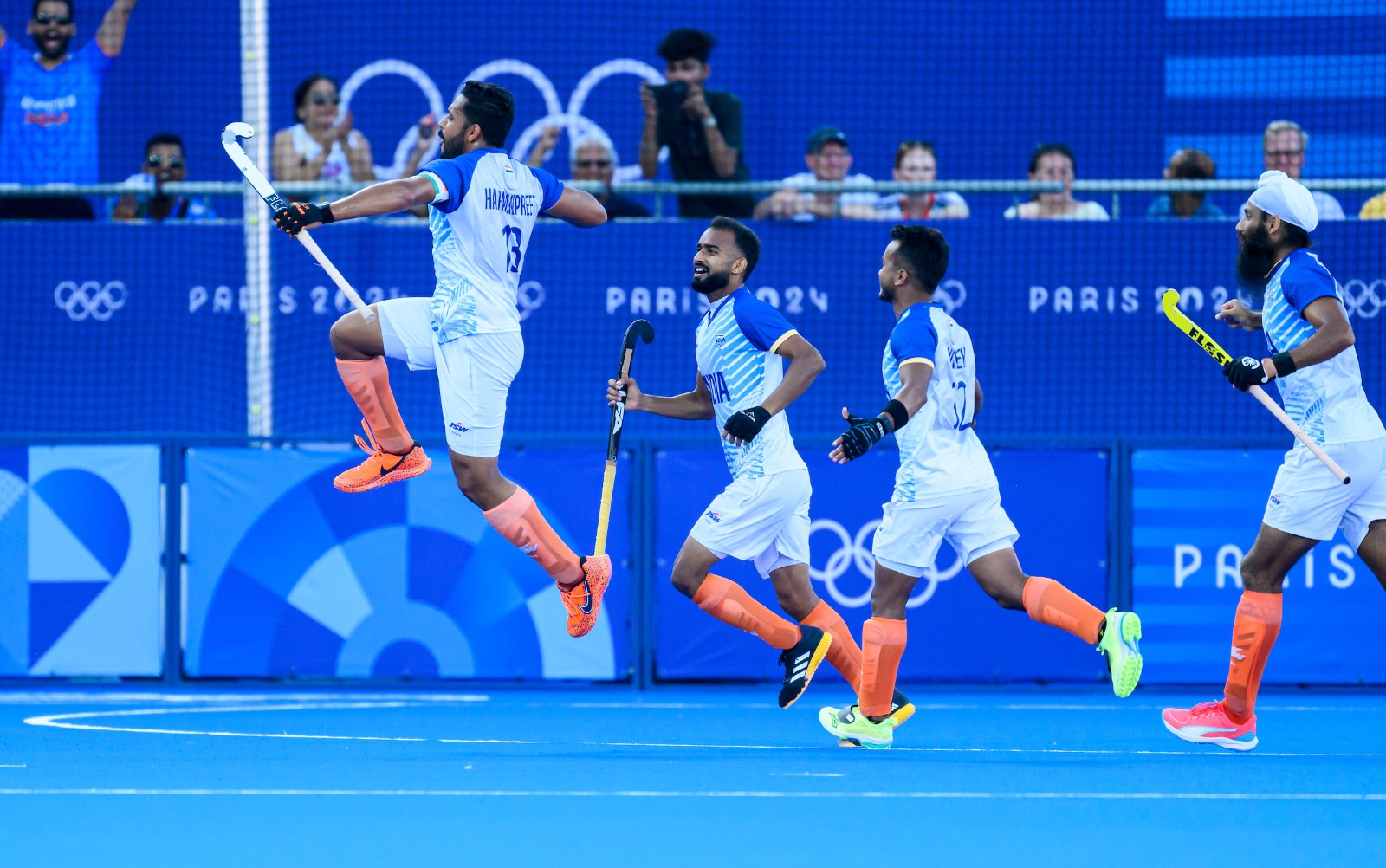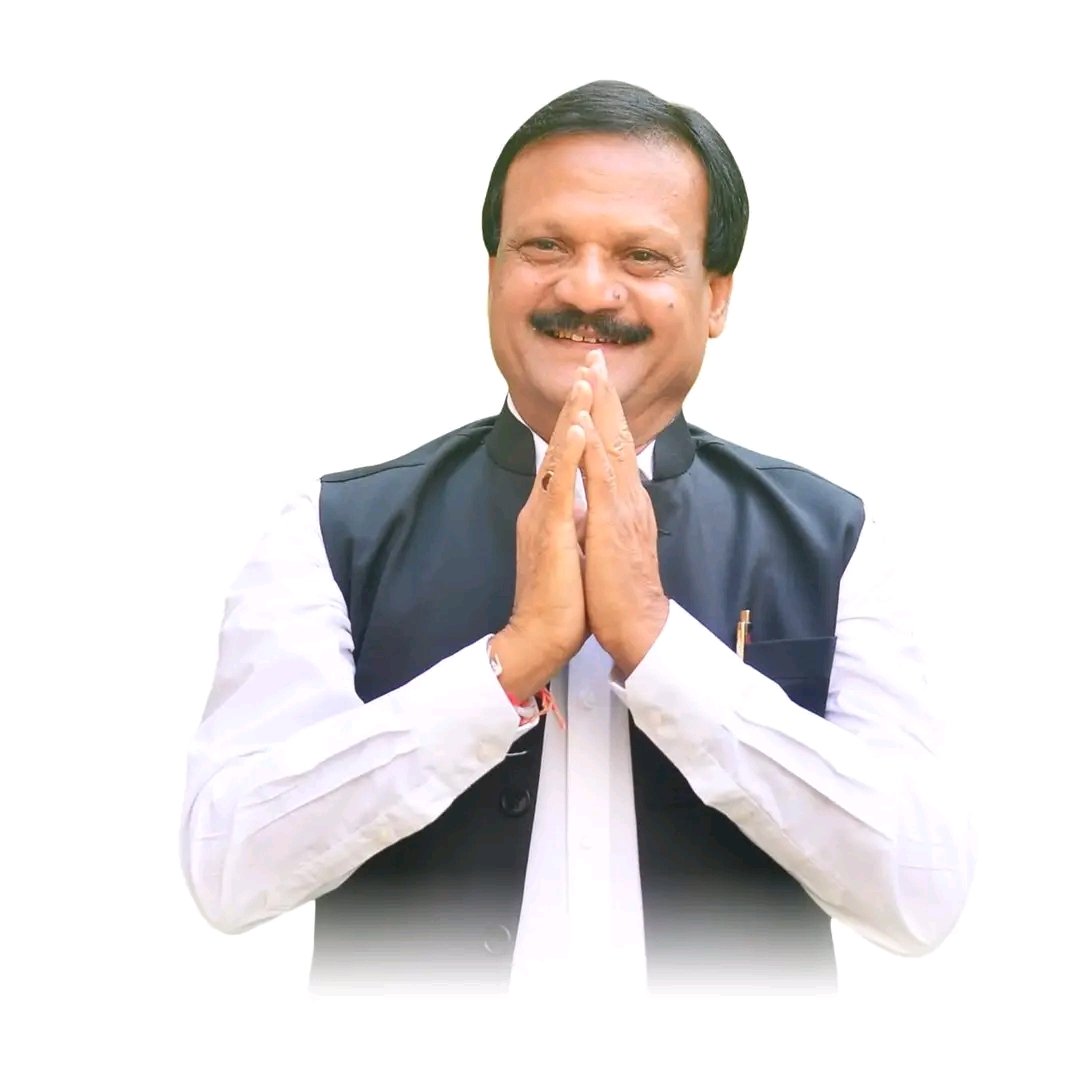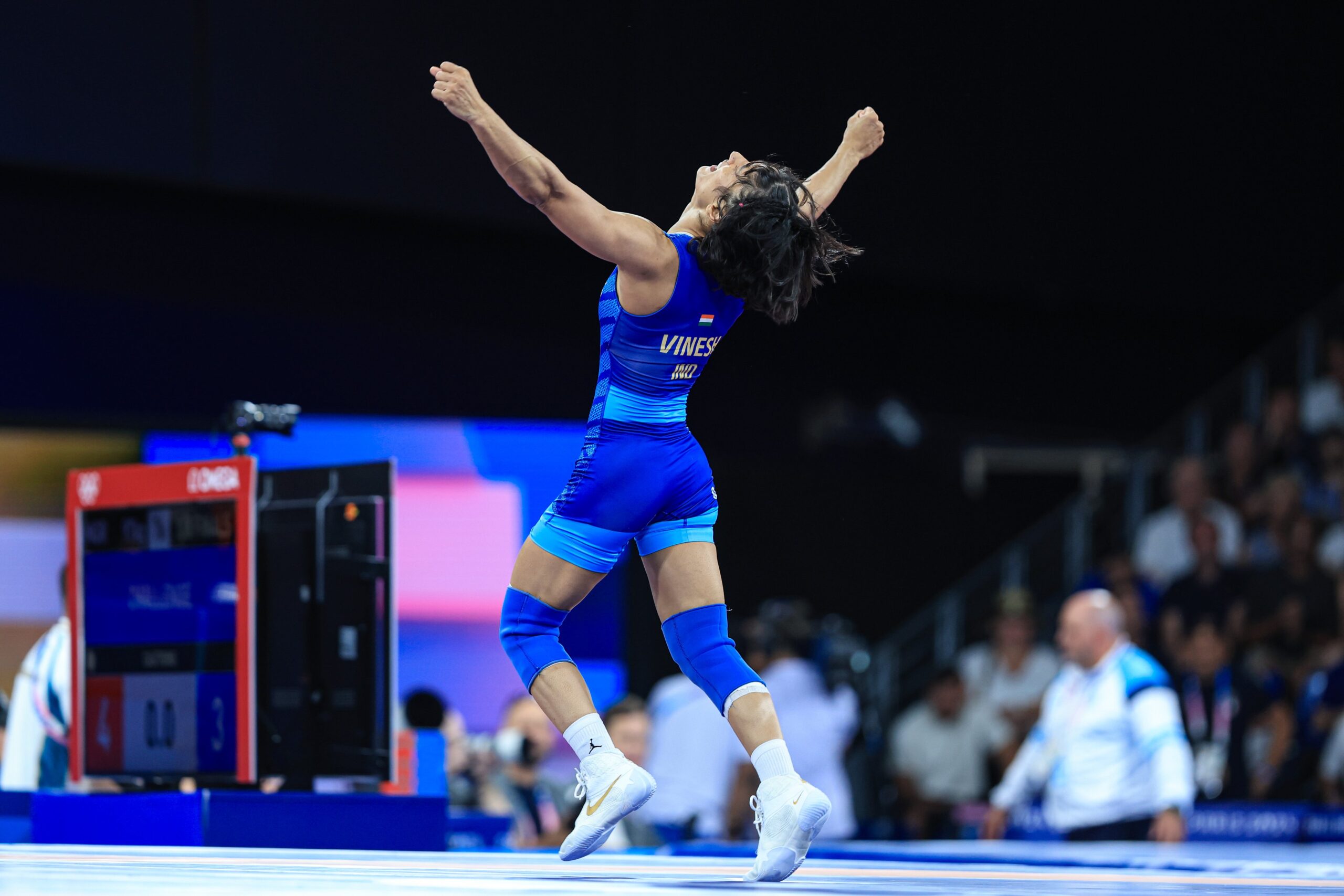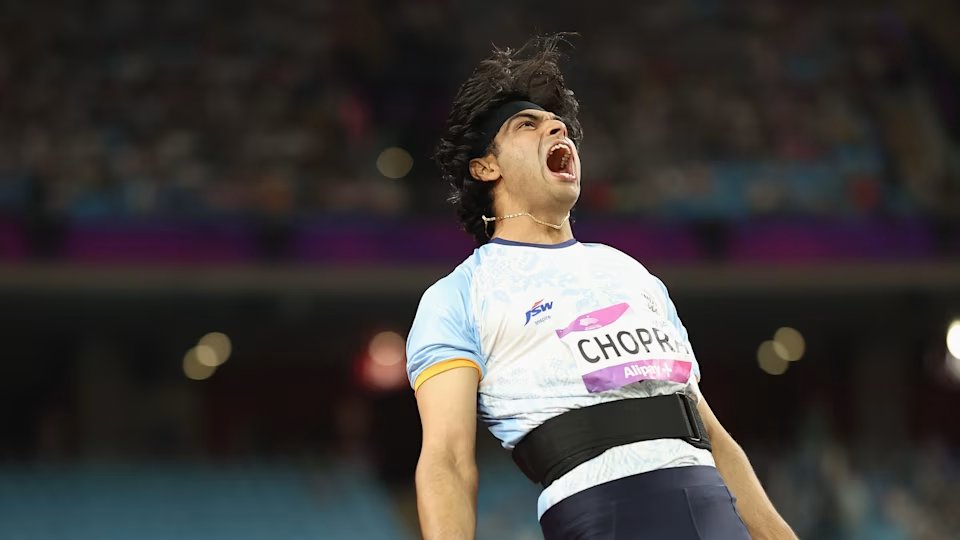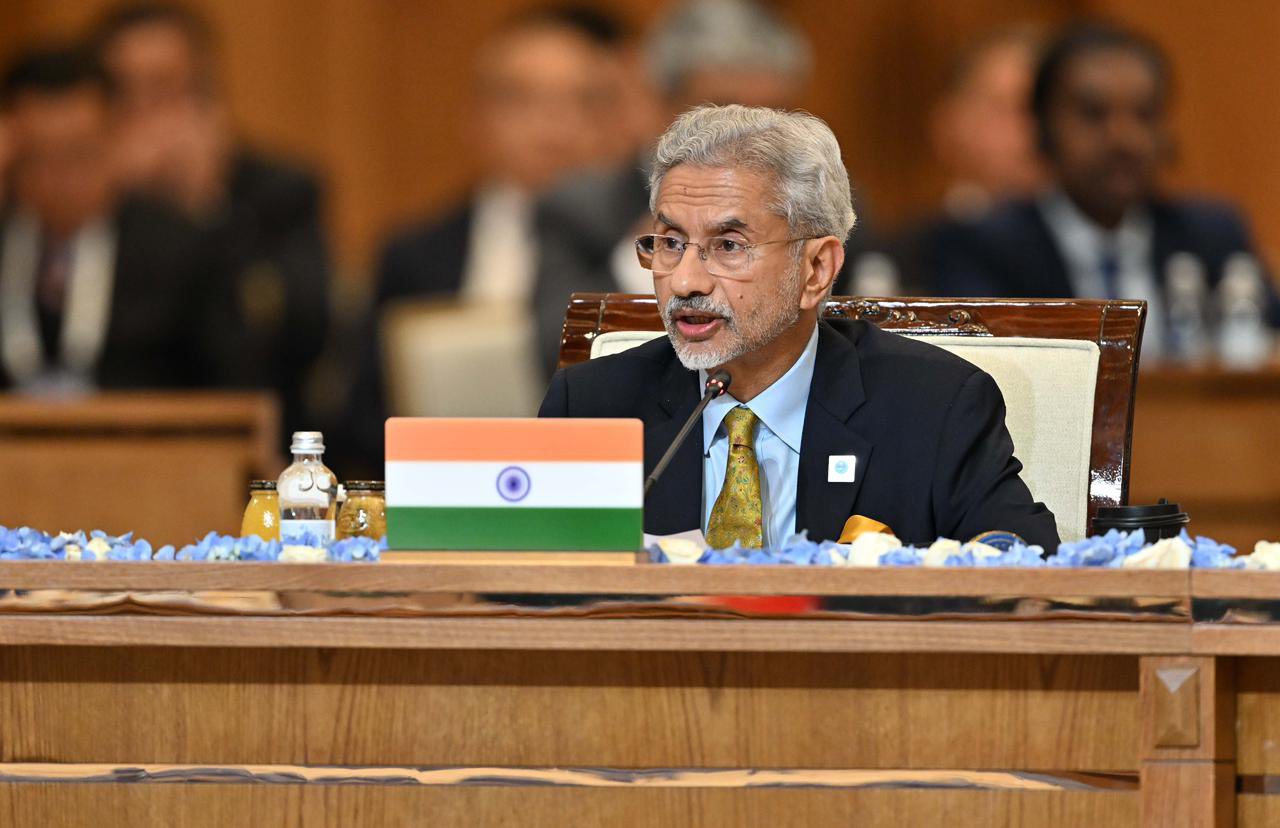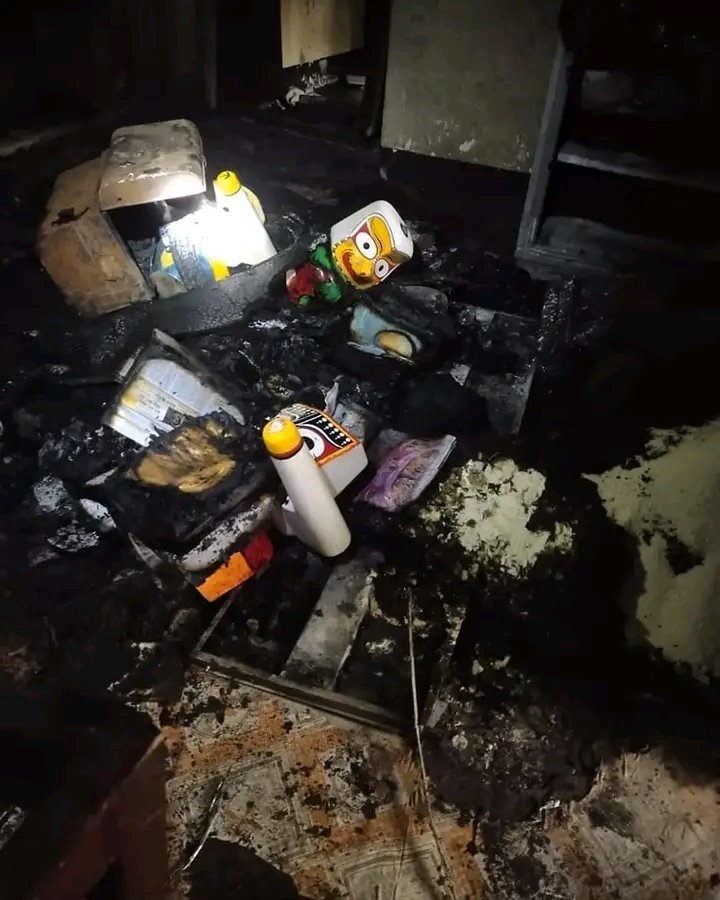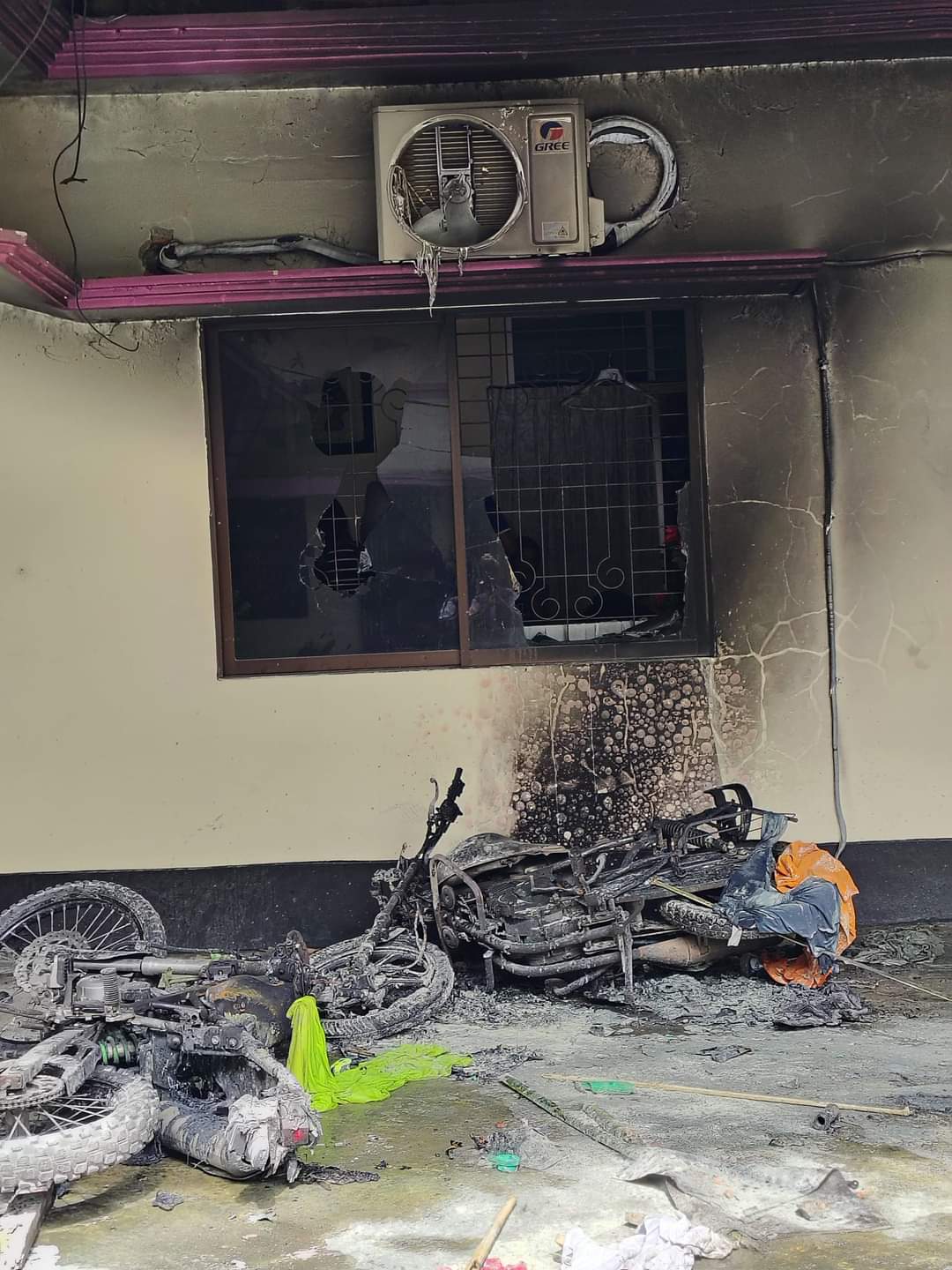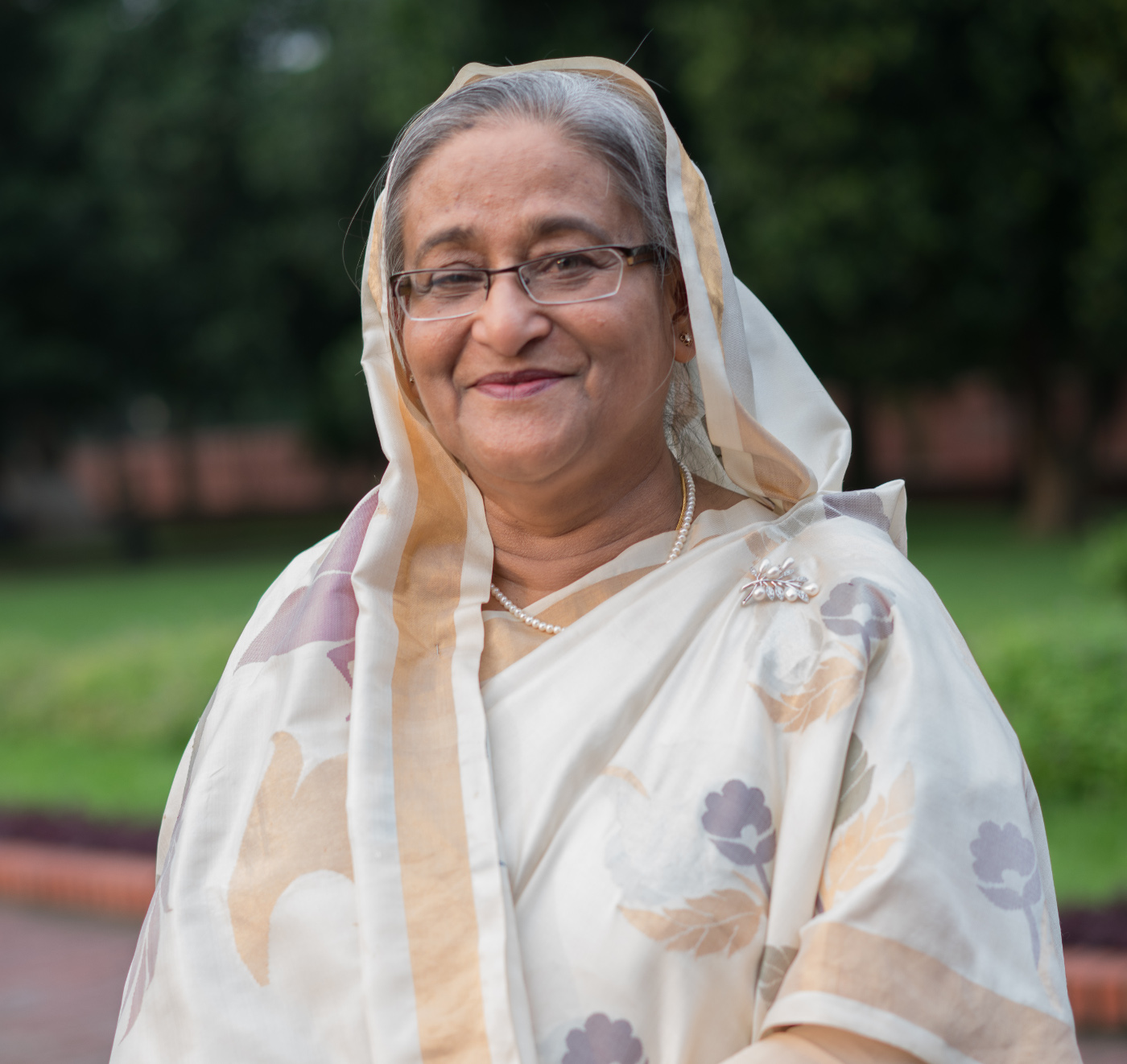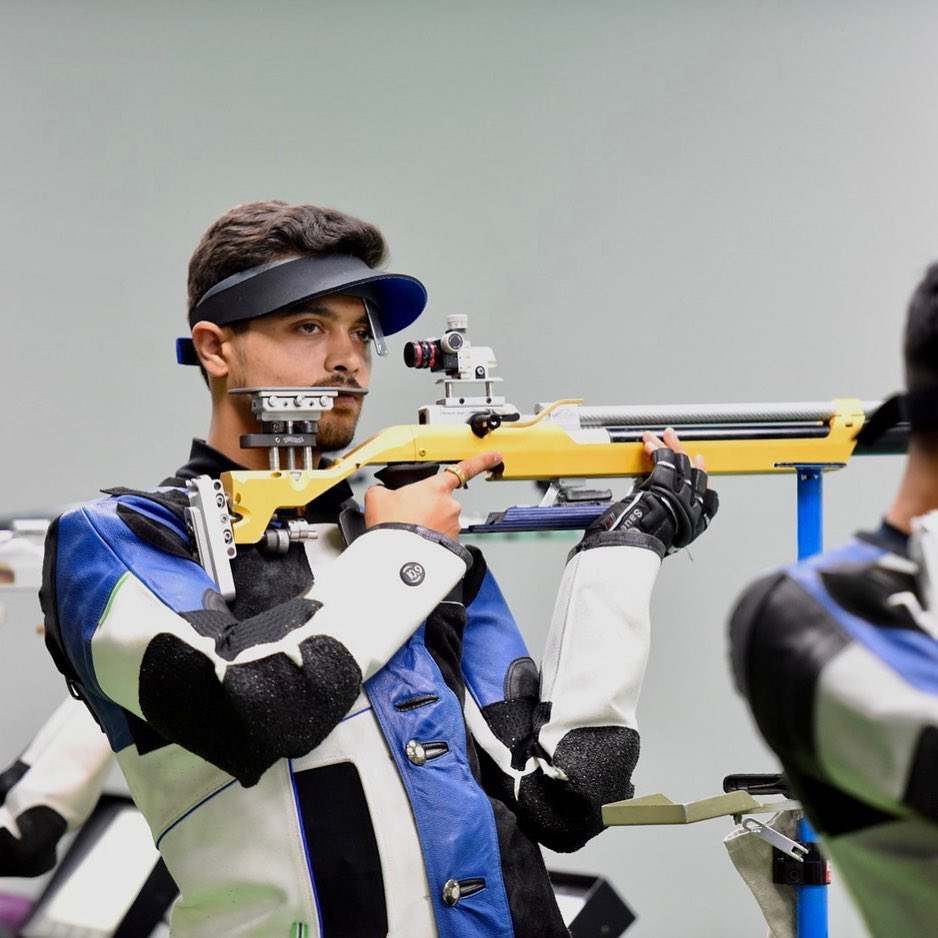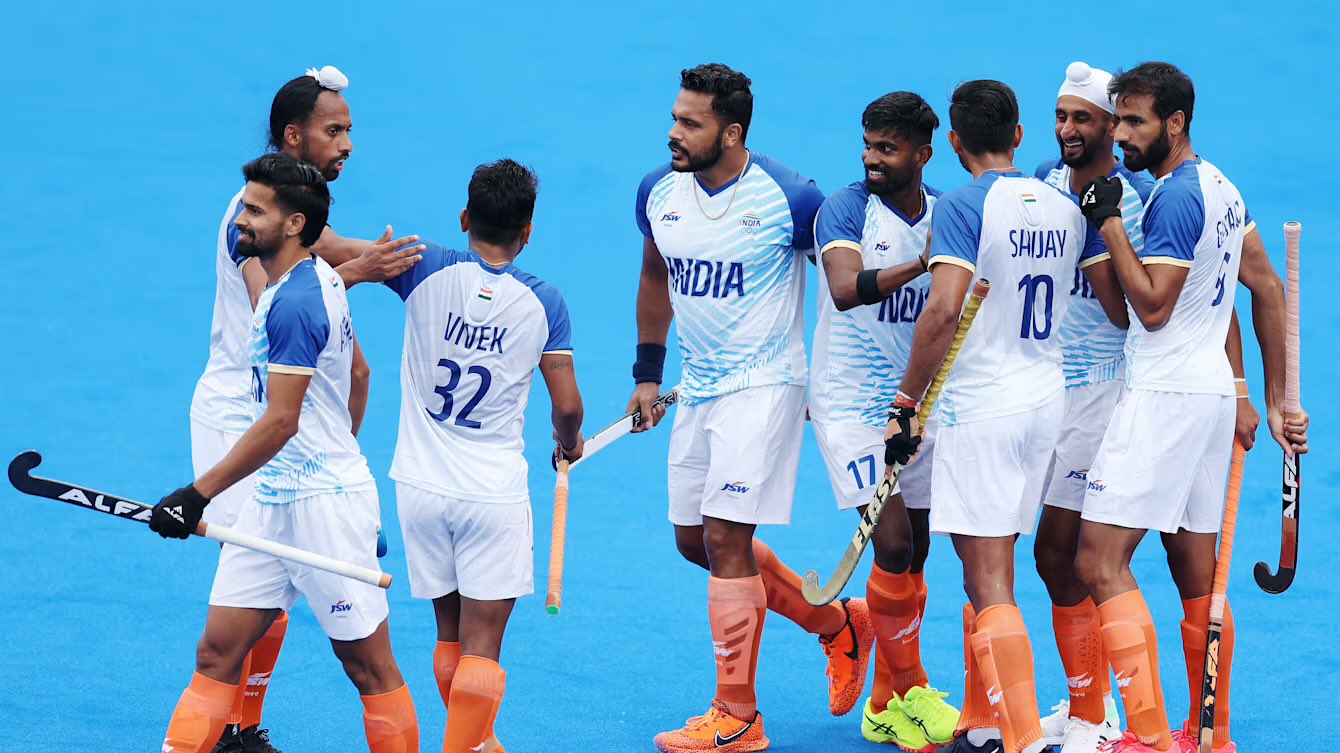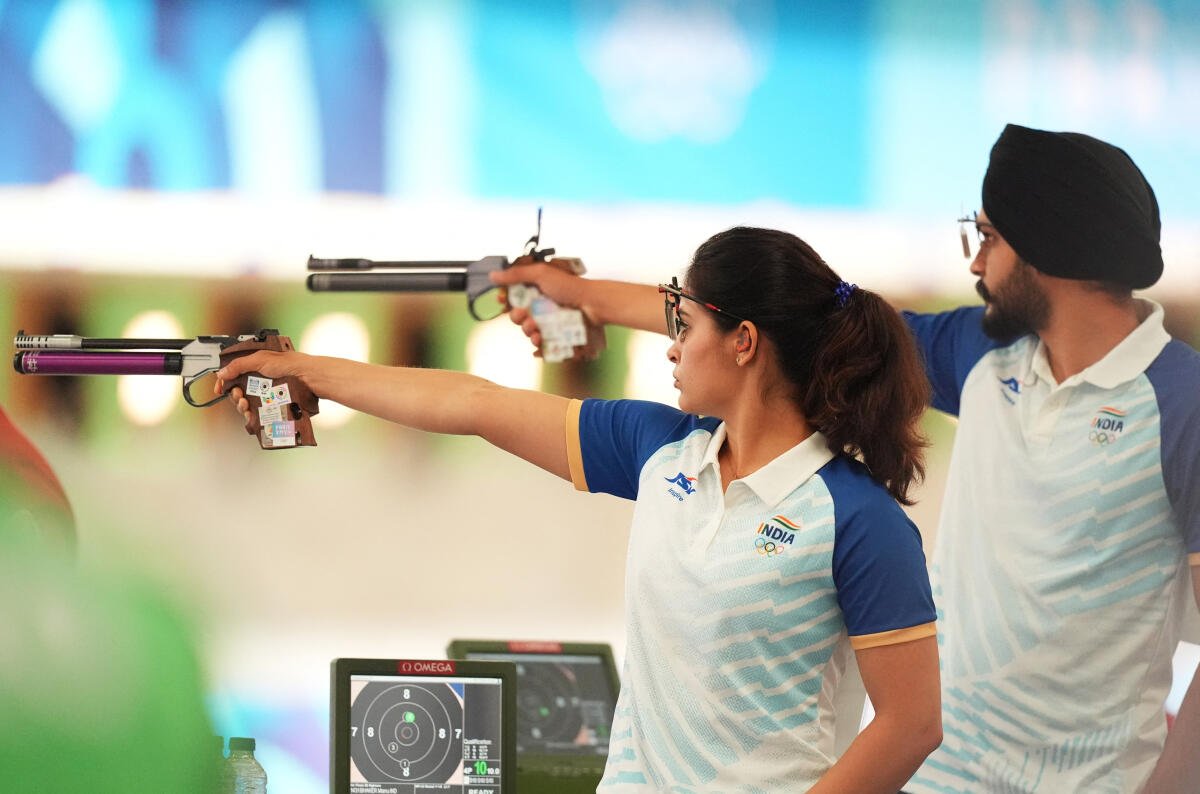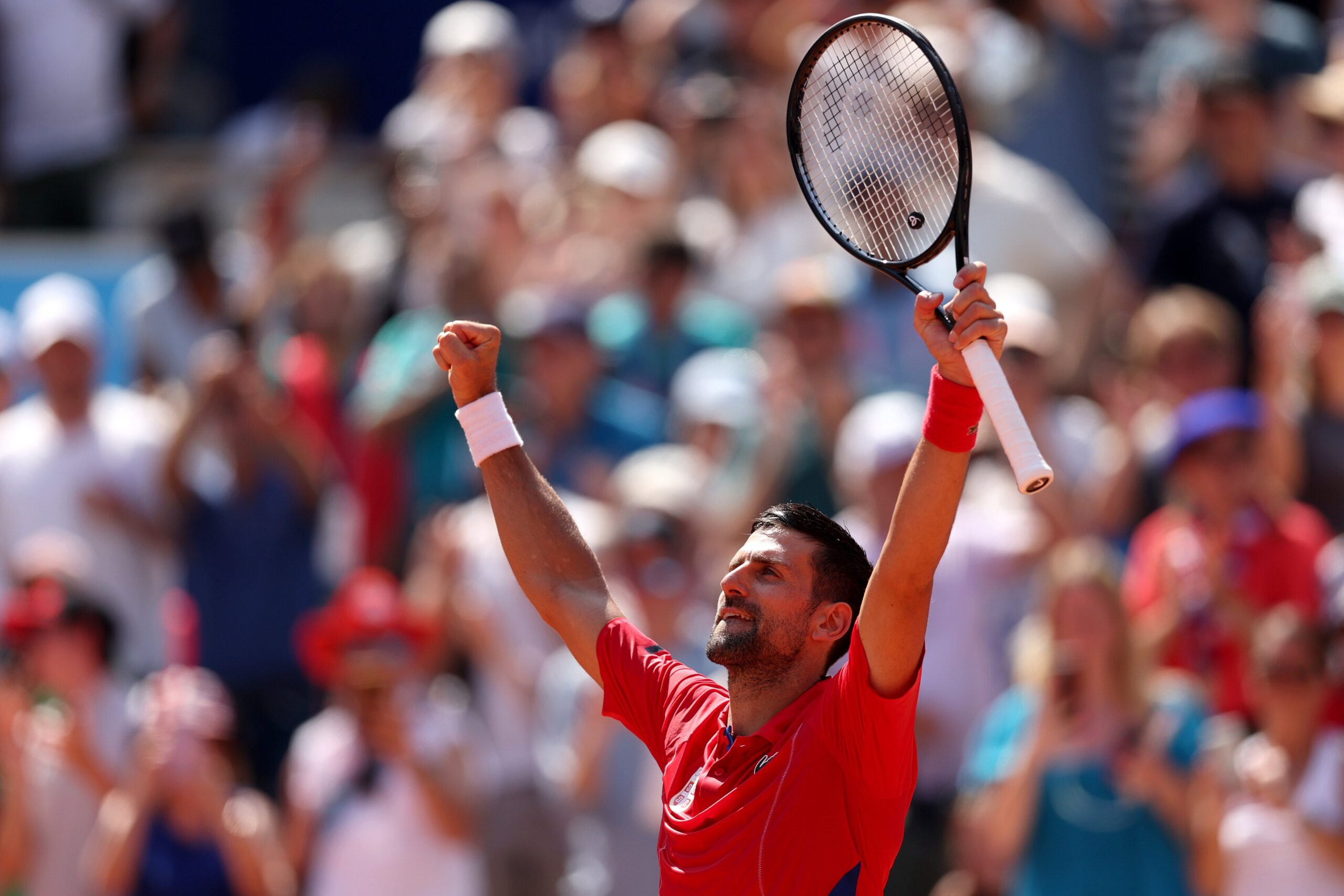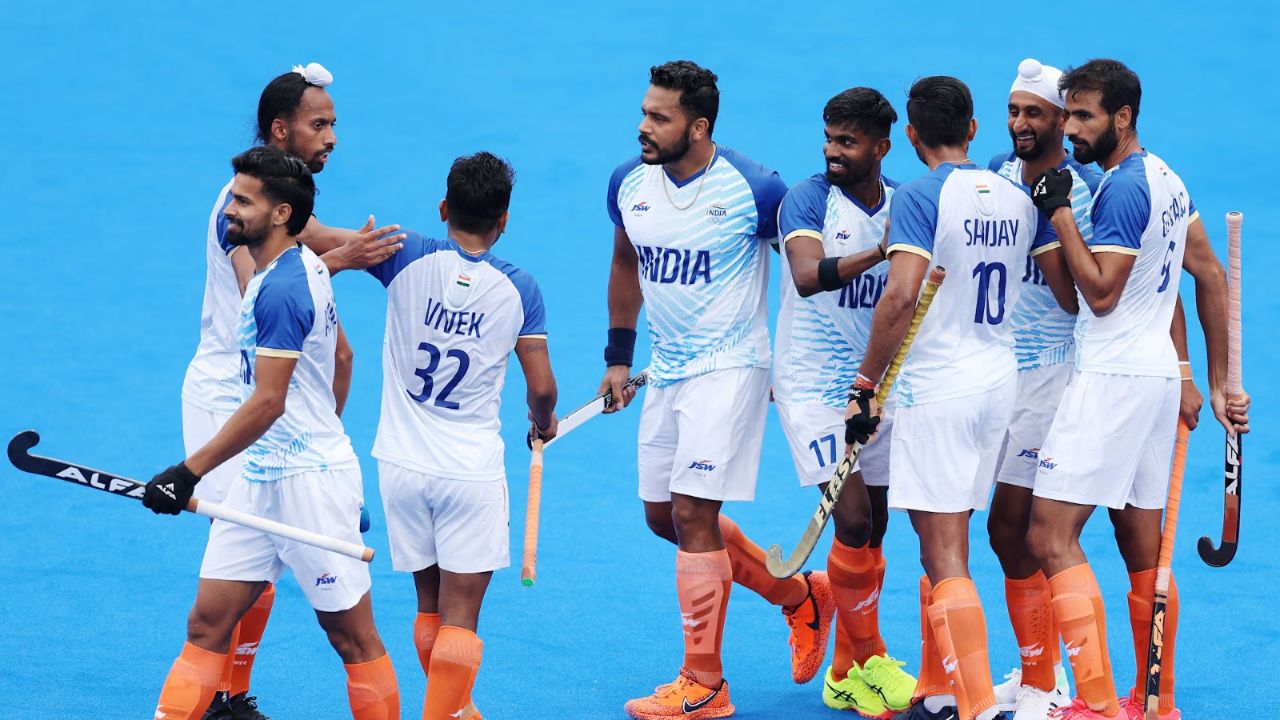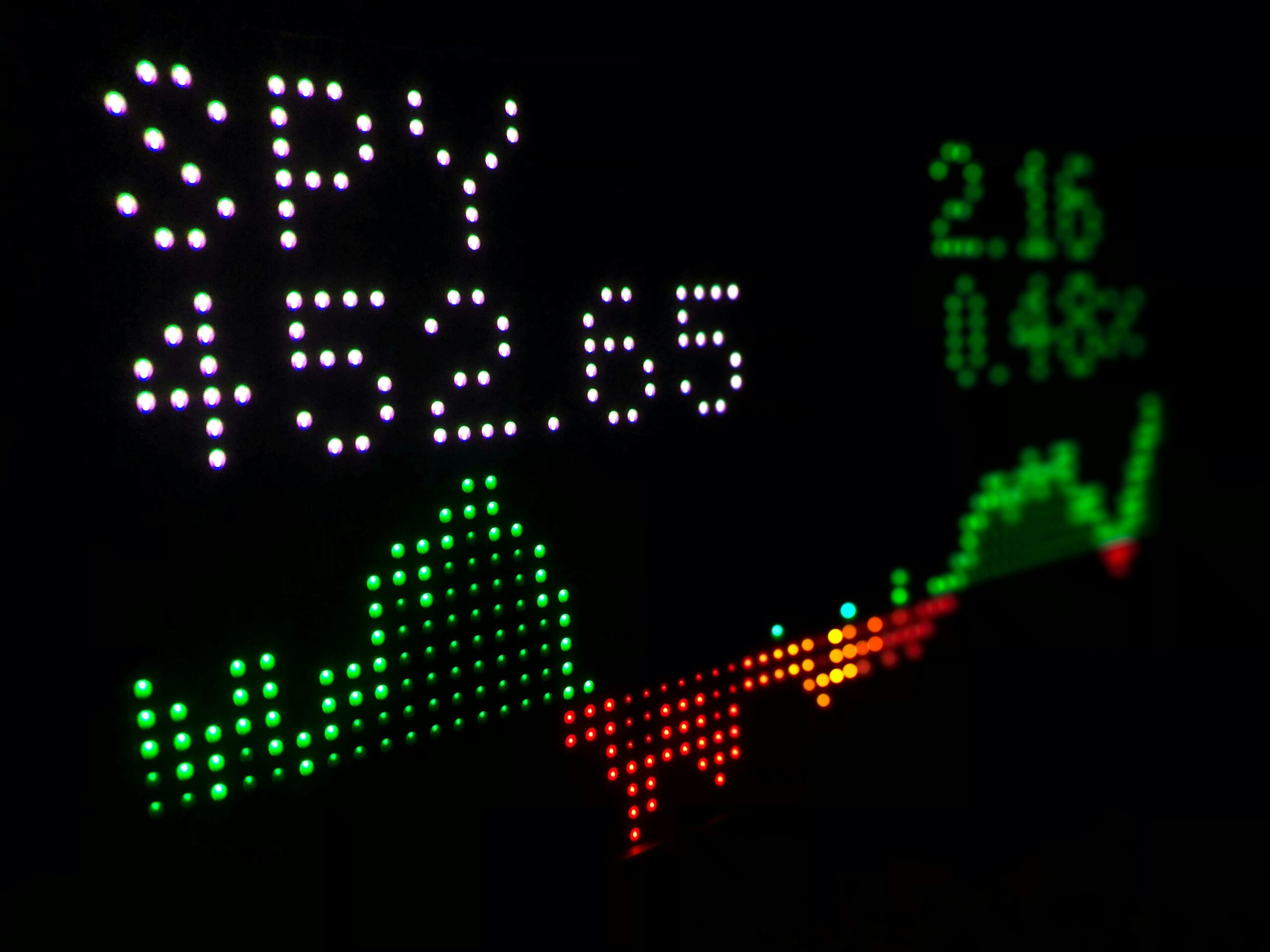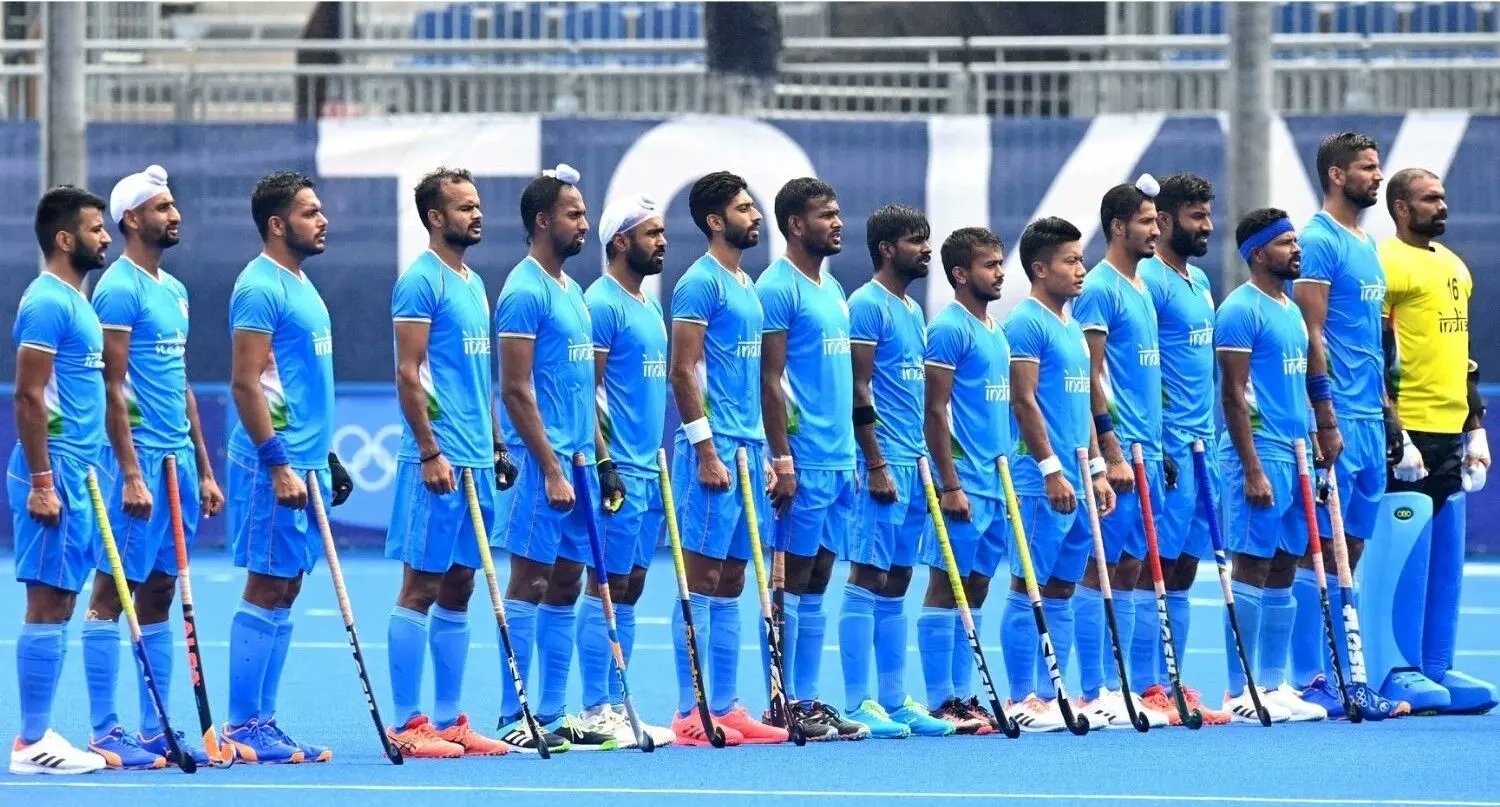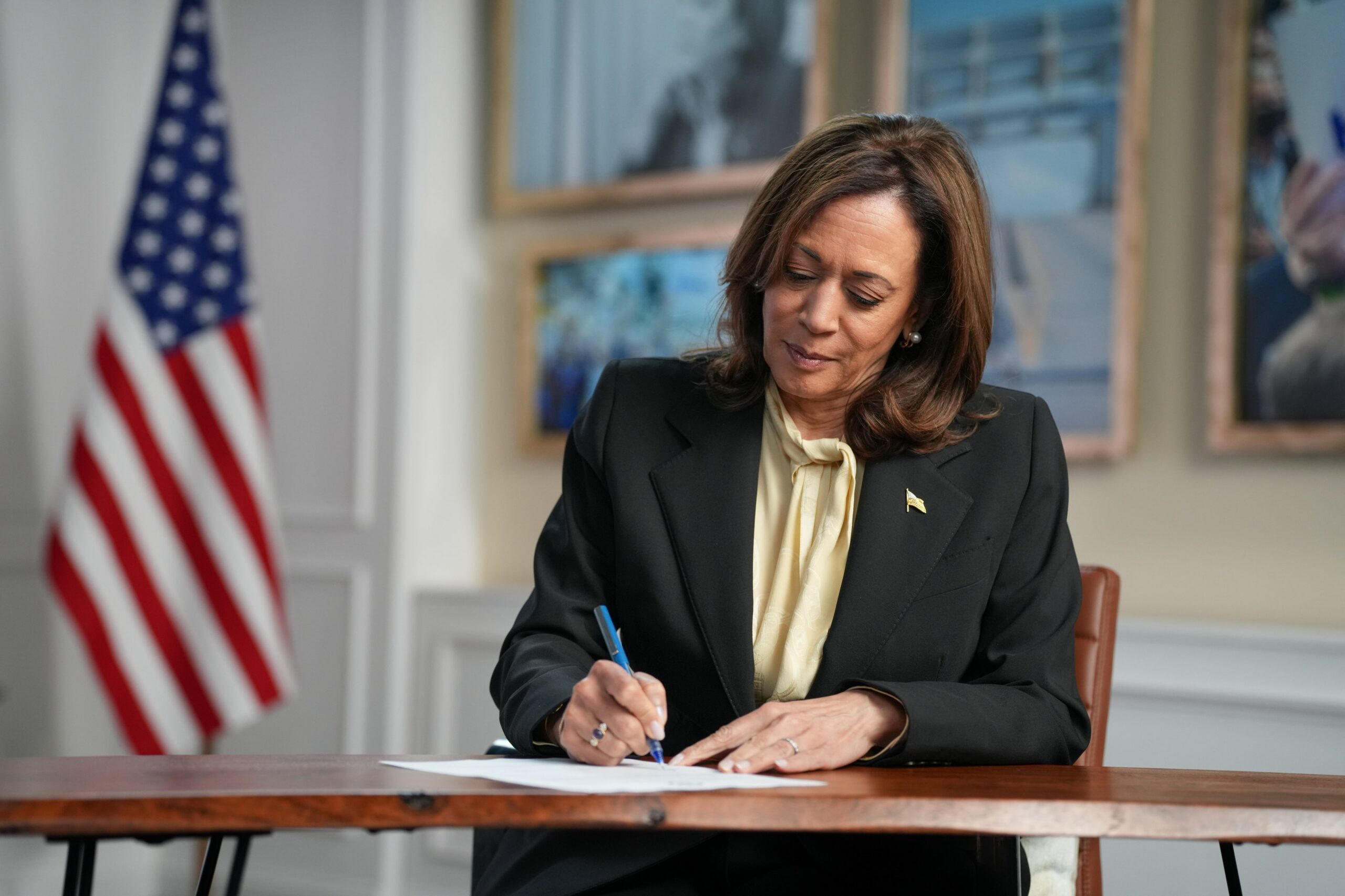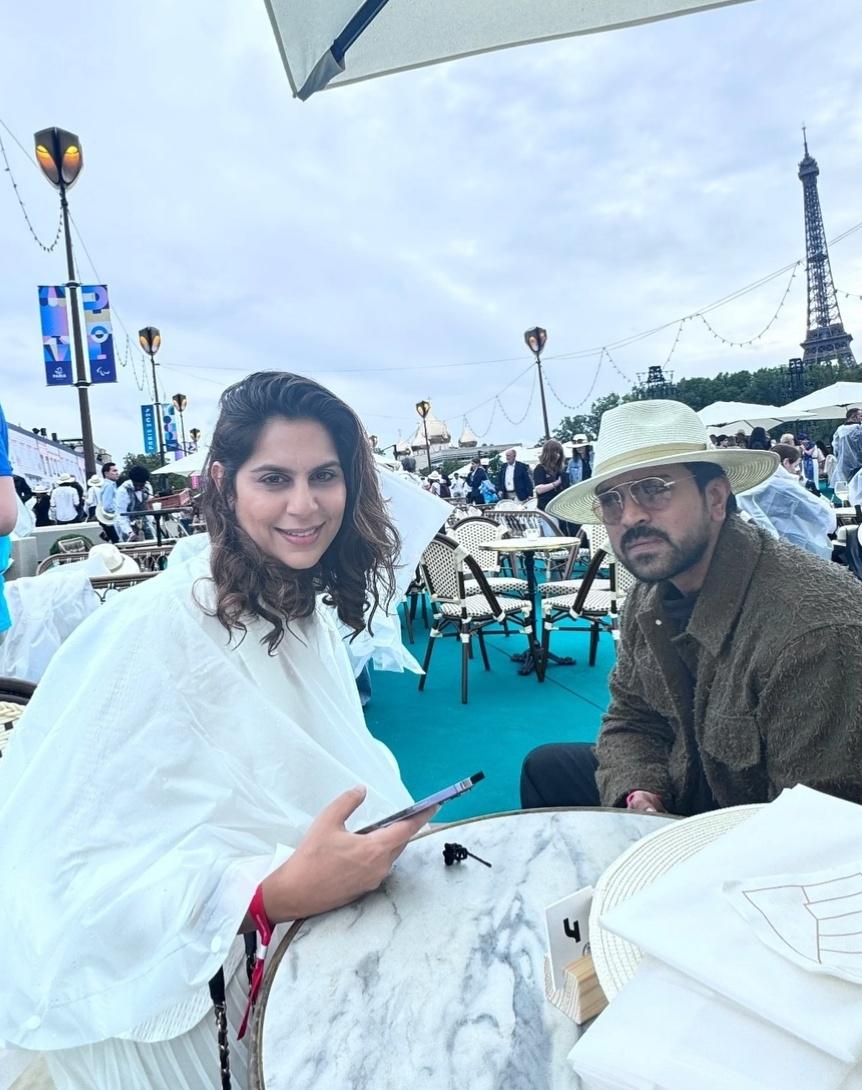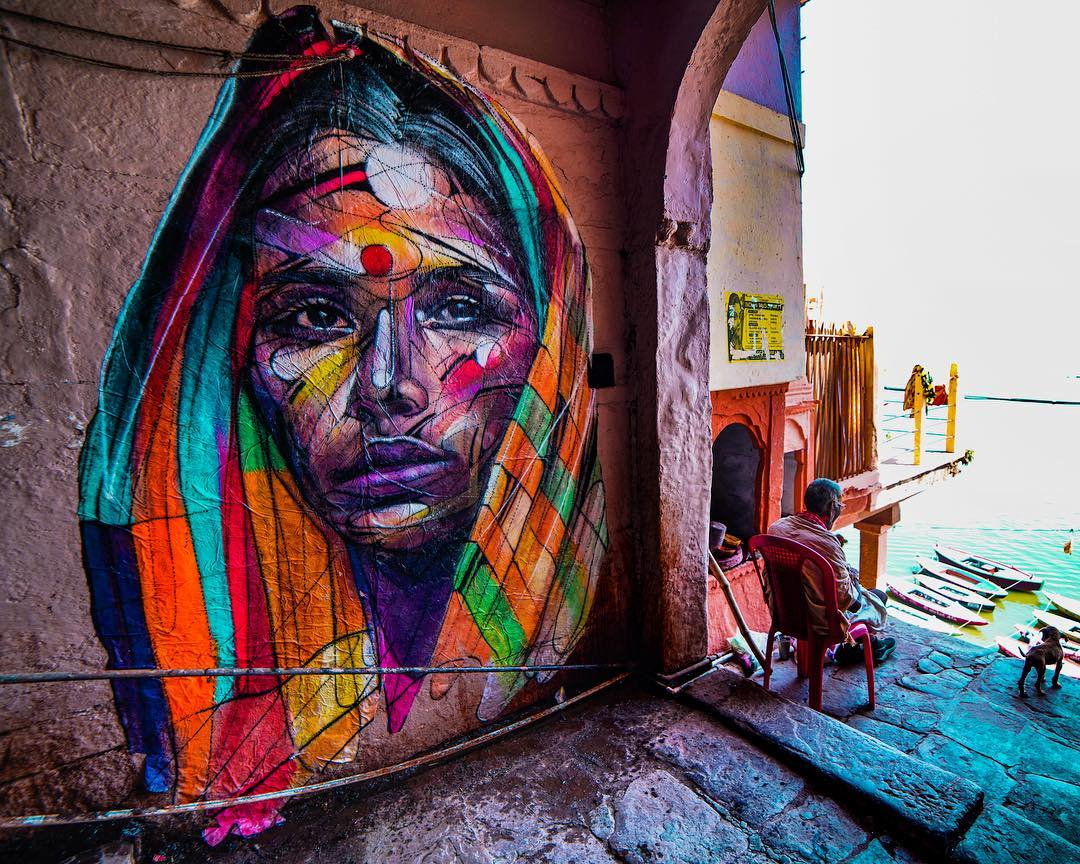In a significant development concerning the ongoing conflict between Russia and Ukraine, Russian President Vladimir Putin has suggested that China, India, and Brazil could play pivotal roles as mediators in potential peace negotiations. This proposal comes amid a complex geopolitical landscape where both sides continue to engage in intense military and diplomatic maneuvers.
During a press conference on Thursday, Putin indicated that a preliminary agreement reached between Russian and Ukrainian negotiators early in the war, during talks held in Istanbul, could serve as a foundational basis for renewed discussions. However, this agreement was never implemented, and the conflict has continued to escalate since then.
Putin’s comments follow a recent statement by Ukrainian President Volodymyr Zelensky, who announced plans to travel to the United States later this month. Zelensky is expected to present a “victory plan” to President Joe Biden, highlighting Kyiv’s ongoing efforts to strengthen its position in the conflict. The Ukrainian leader’s strategy is focused on exerting pressure on Russia to compel an end to the war through diplomatic means, contingent on securing a strong negotiating position.
In response to Kyiv’s recent military actions in Russia’s Kursk region, which began three weeks ago, Putin expressed concerns about Ukraine’s aggressive tactics. He criticized the incursion as part of a broader strategy aimed at forcing Russia into submission. Both Russia and Ukraine have been conducting extensive drone attacks on each other, targeting critical infrastructure and exacerbating the humanitarian crisis in the region.
Russian Foreign Minister Sergei Lavrov, on August 19, dismissed the possibility of immediate peace talks, citing Ukraine’s ongoing military operations and the current control dynamics in the region. Lavrov’s remarks reflect the broader skepticism within the Russian government regarding the feasibility of negotiations under the present circumstances. As of now, Ukraine controls over 1,200 square kilometers in the contested region, illustrating the fluid and volatile nature of the conflict.
Historically, Putin has emphasized that any dialogue with Ukraine must begin with Kyiv’s acceptance of the “realities on the ground.” This stance involves recognizing Russia’s control over significant portions of four Ukrainian regions, as well as Crimea, which Russia annexed in 2014. The insistence on these terms underscores the deep-seated challenges facing any potential peace process.
In a notable diplomatic move, Indian Prime Minister Narendra Modi visited Kyiv on August 23 for a nine-hour visit. During his trip, Modi urged President Zelensky to engage in talks with Russia and emphasized India’s willingness to play an “active role” in facilitating peace in the region. Modi’s visit to Ukraine followed his recent meeting with President Putin in Moscow, where he conveyed India’s position that a resolution to the conflict could not be achieved through military means alone.
Following his visit to Kyiv, Modi also engaged in telephonic discussions with President Biden and President Putin, underscoring India’s commitment to international diplomacy and its proactive role in addressing global conflicts. Modi’s diplomatic efforts reflect his growing global stature and India’s increasing influence in international affairs.
Prime Minister Modi’s Rising Global Influence
Prime Minister Narendra Modi’s diplomatic initiatives are further bolstering his global stature, positioning him as a key player in addressing major international conflicts. Modi’s proactive engagement in the Ukraine conflict, including his recent visit to Kyiv and discussions with world leaders, highlights India’s evolving role on the global stage.
Modi’s emphasis on dialogue and his call for peace reflect a strategic approach aimed at leveraging India’s influence to promote stability and cooperation in volatile regions. His efforts to mediate in the Ukraine conflict, coupled with India’s readiness to assist in peacebuilding efforts, underscore the country’s growing diplomatic clout.
The Indian Prime Minister’s engagement with both Russian and Ukrainian leaders demonstrates a balanced approach, aiming to foster constructive dialogue and facilitate a resolution to the ongoing conflict. Modi’s role as a mediator aligns with India’s broader foreign policy objectives, which emphasize peaceful conflict resolution and multilateral cooperation.
As the global community watches the developments in Ukraine and Russia, Prime Minister Modi’s diplomatic interventions are likely to shape the trajectory of international efforts to address the crisis. His ability to navigate complex geopolitical dynamics and advocate for dialogue positions him as a significant diplomatic figure on the world stage.
In summary, the recent proposal by President Putin to involve China, India, and Brazil as mediators in peace talks, combined with Prime Minister Modi’s active role in promoting dialogue and peace, highlights the evolving nature of global diplomacy. Modi’s increasing global stature and India’s commitment to fostering international cooperation reflect the country’s growing influence in shaping global affairs.


